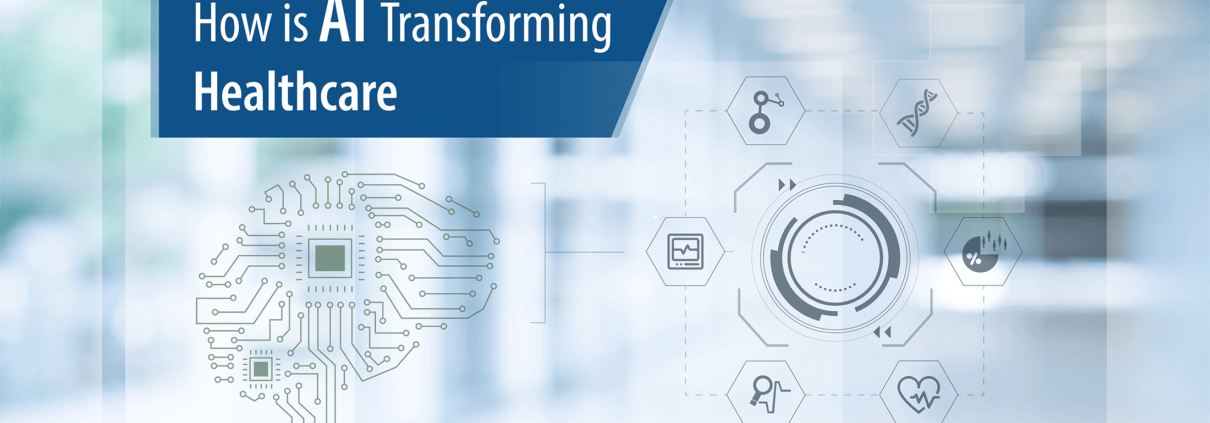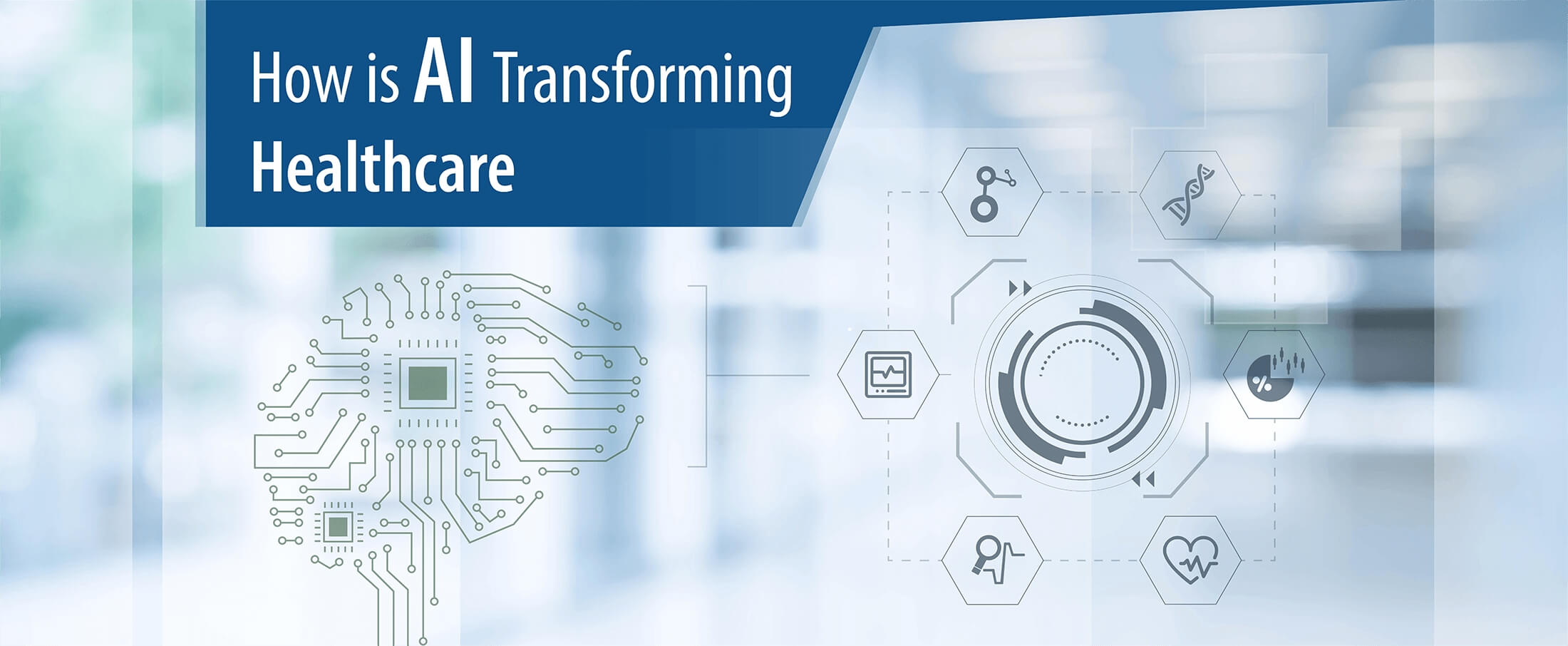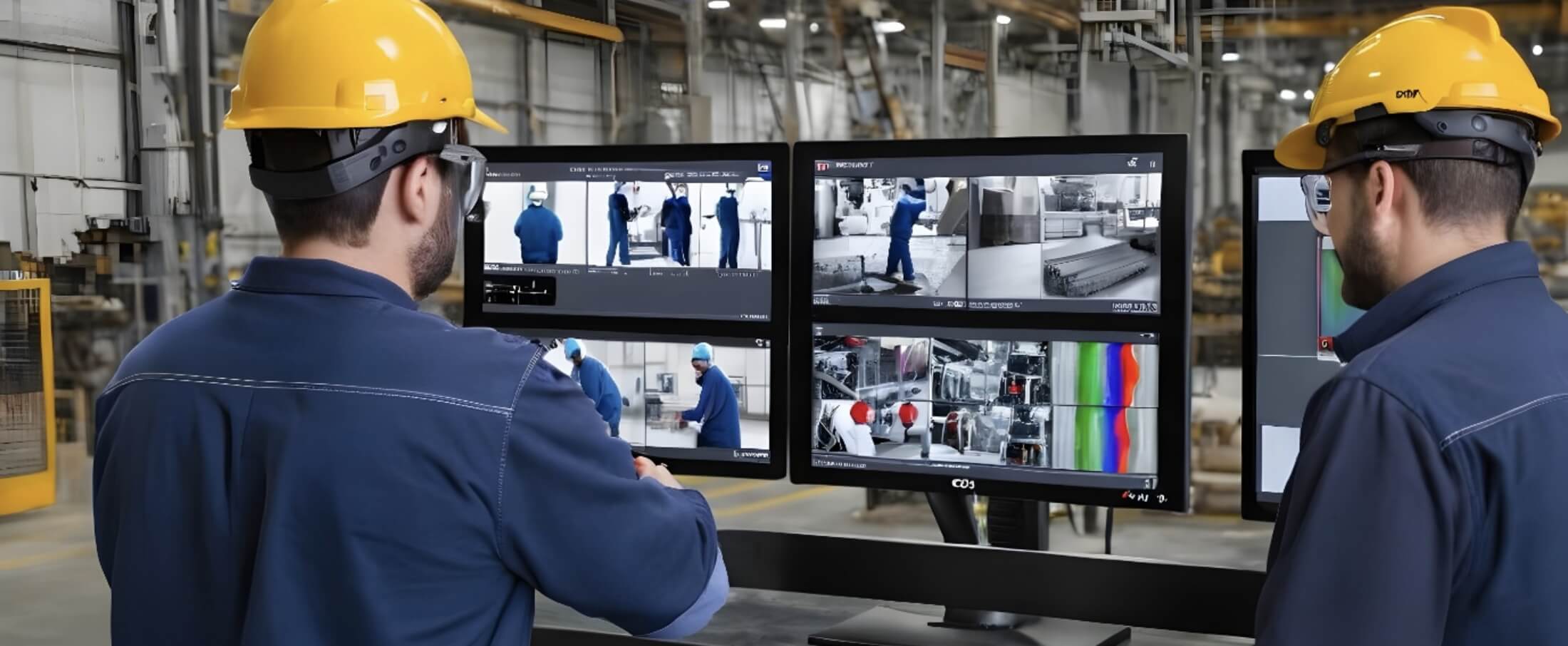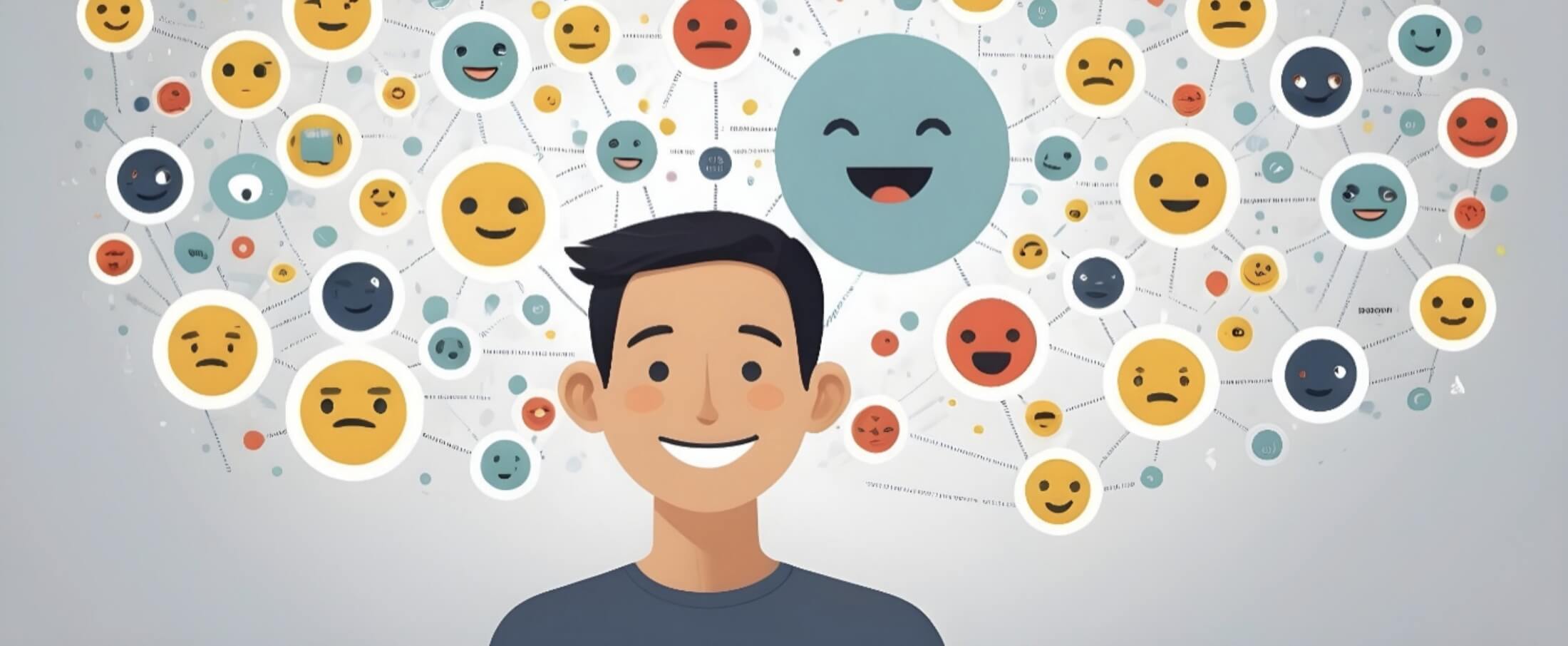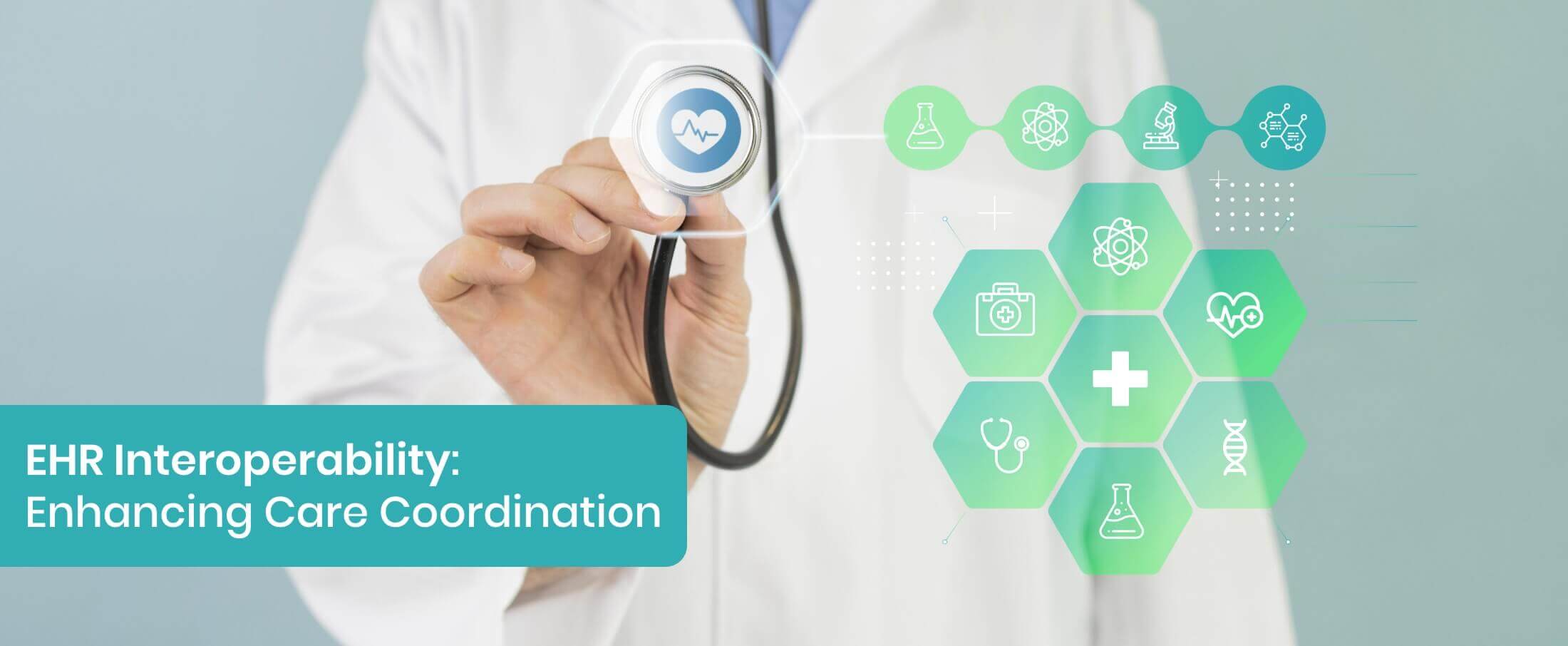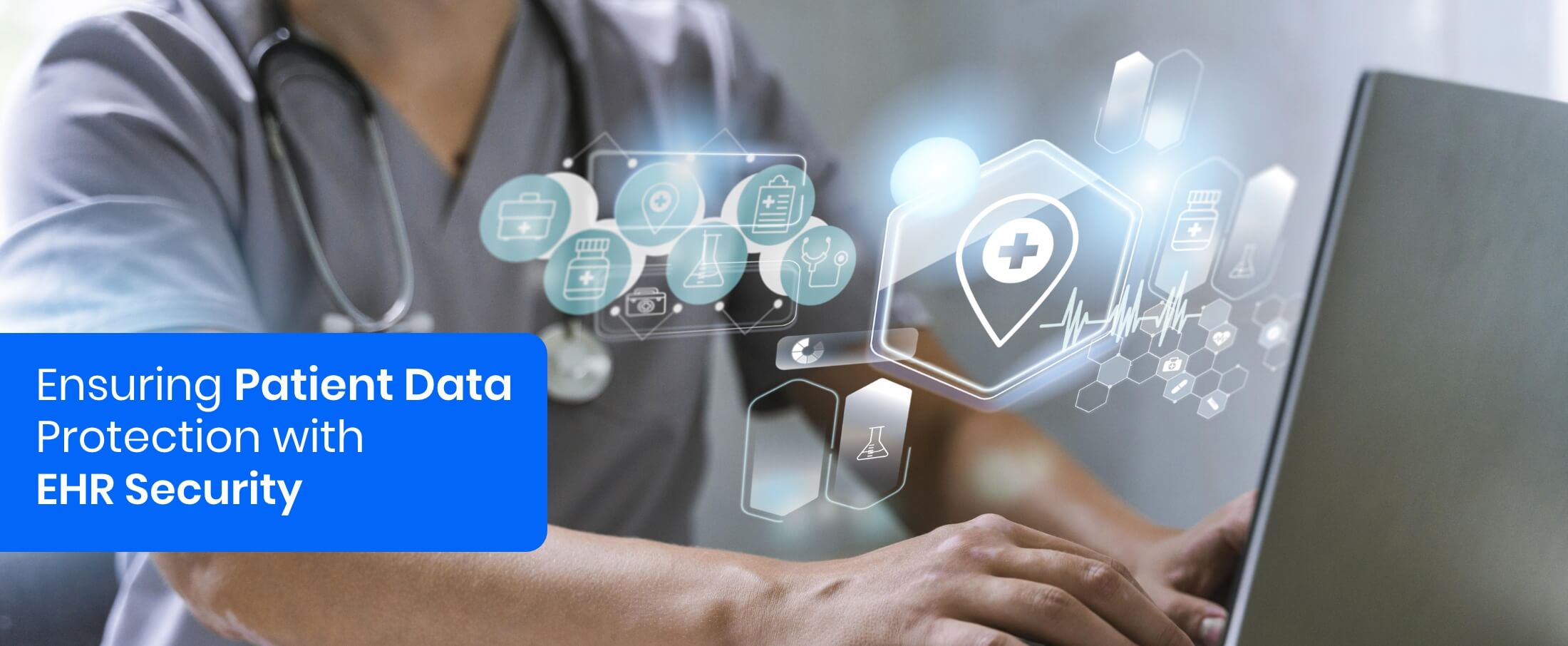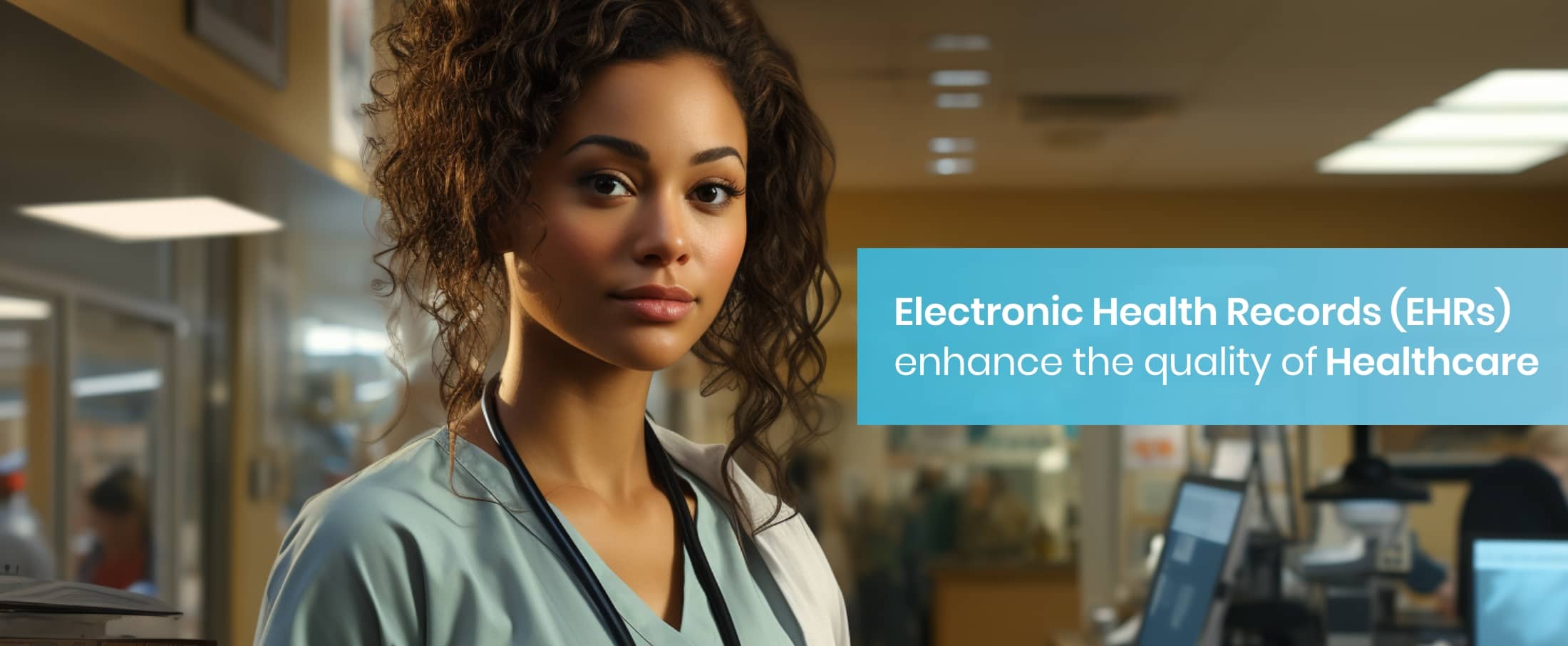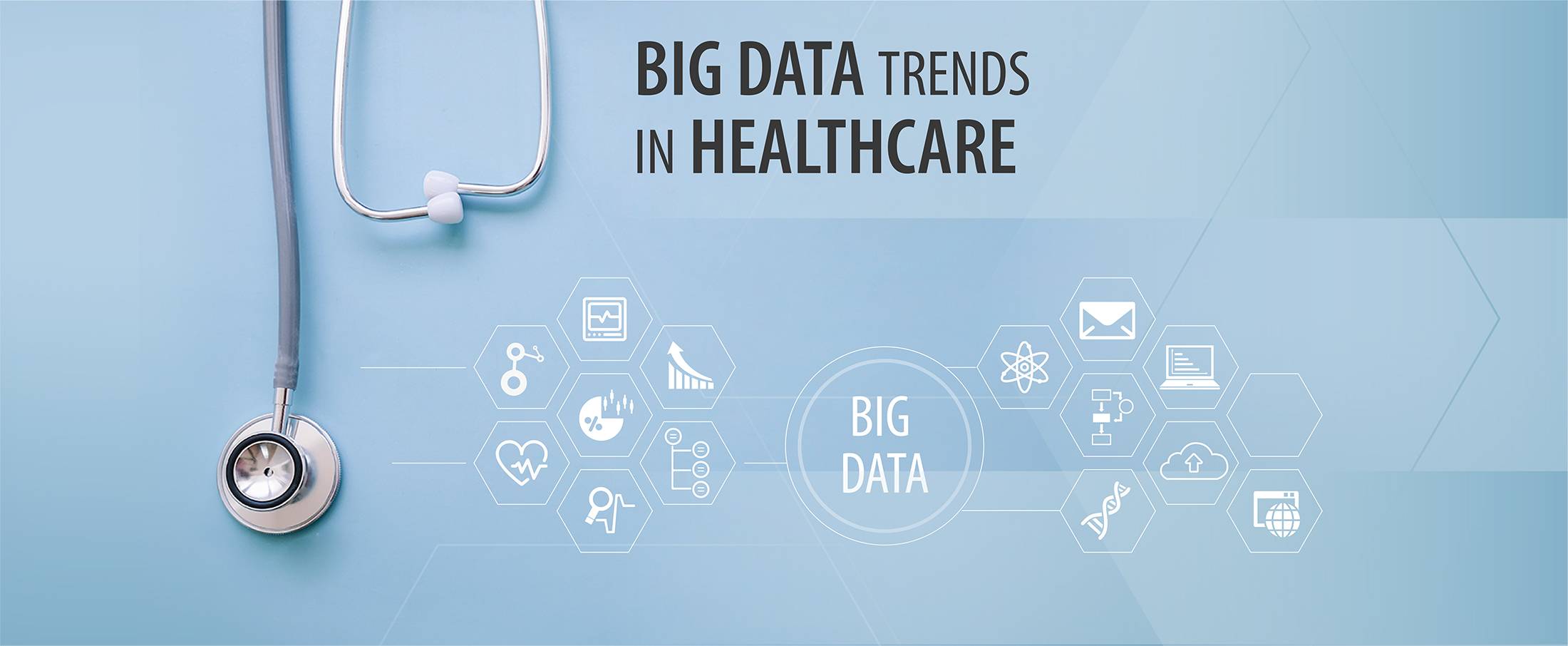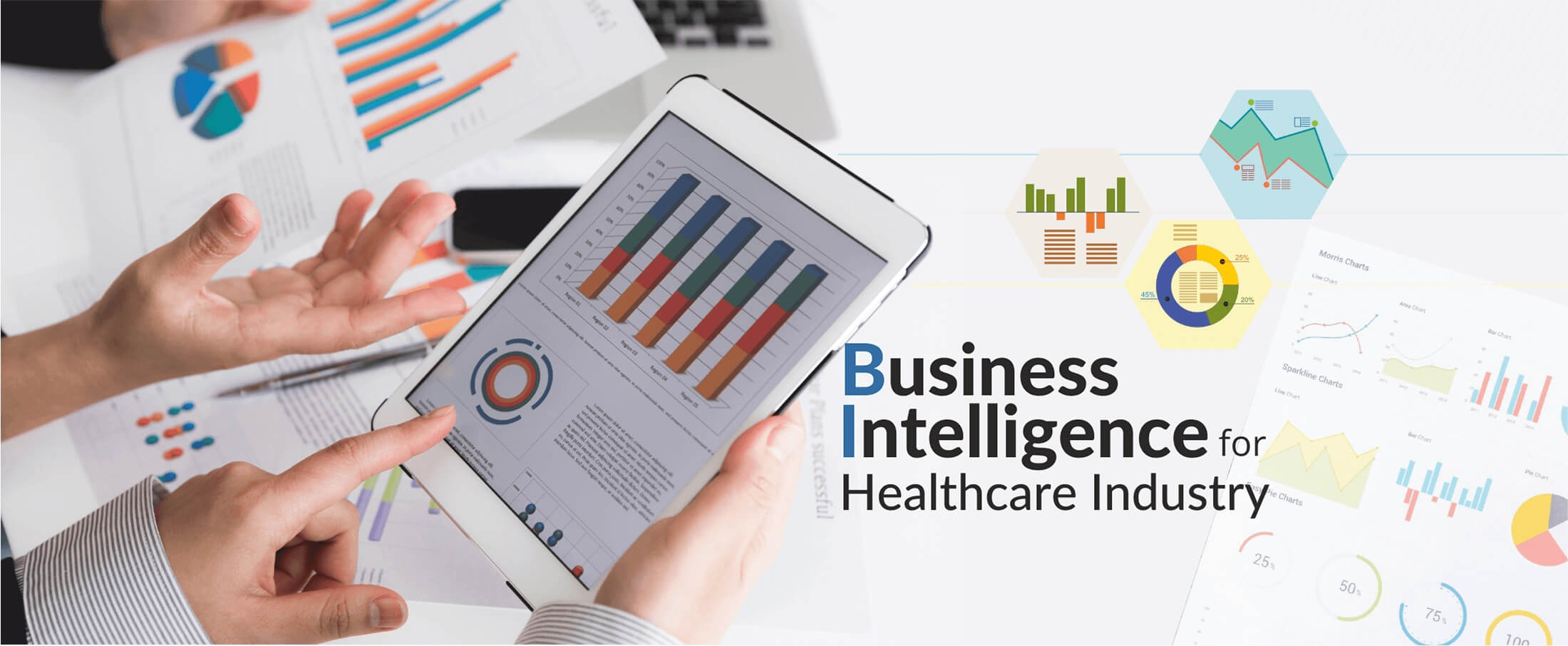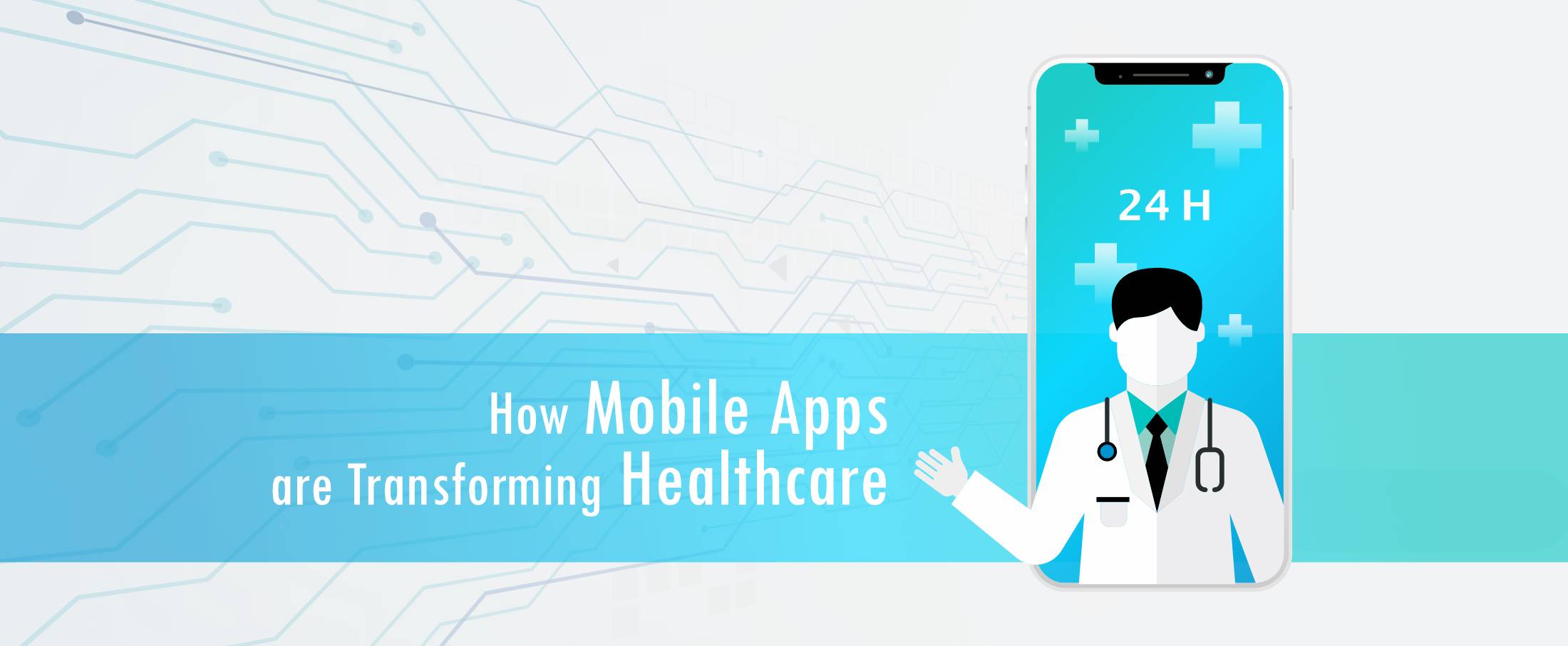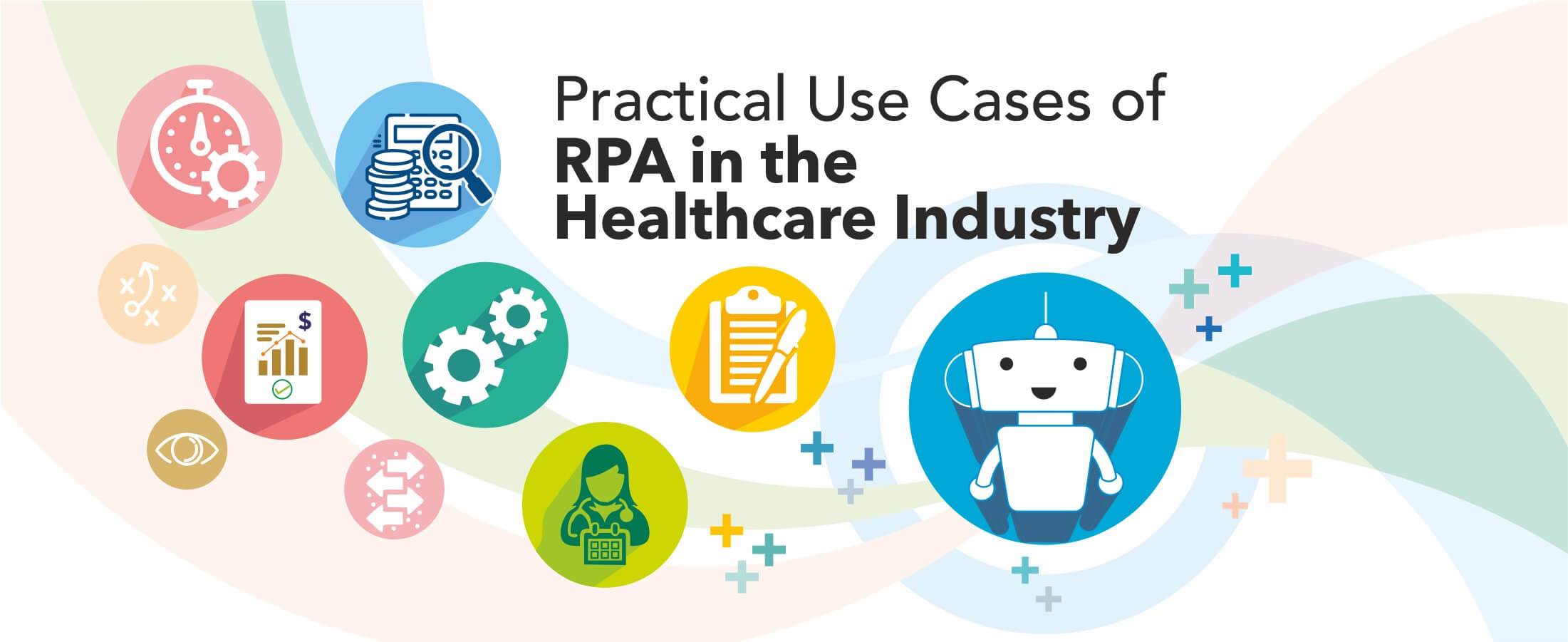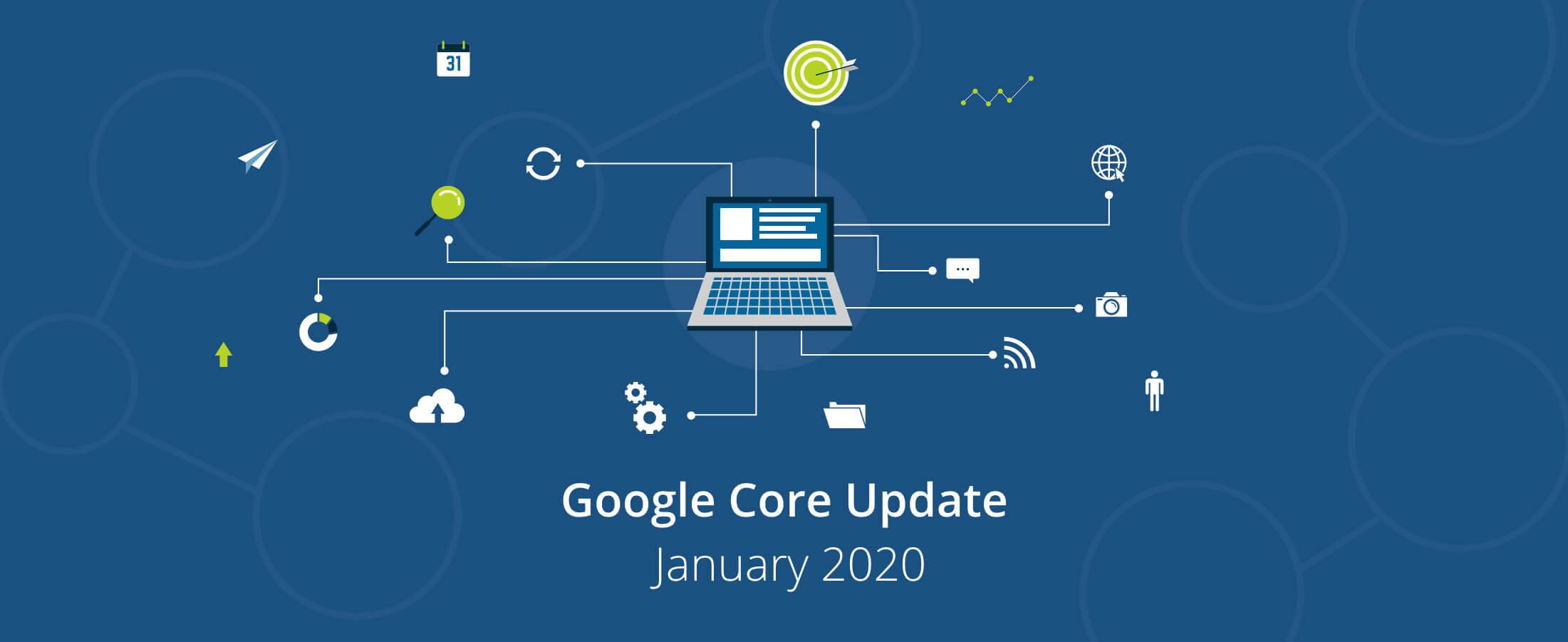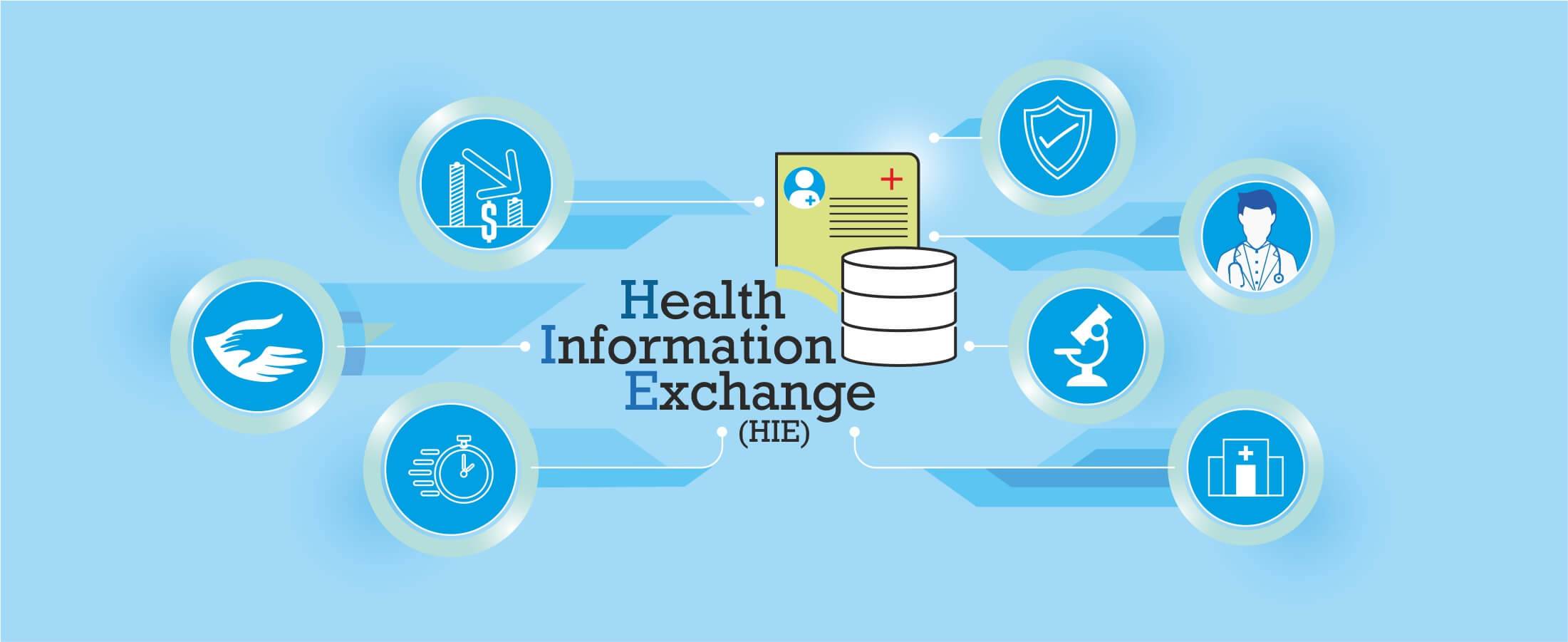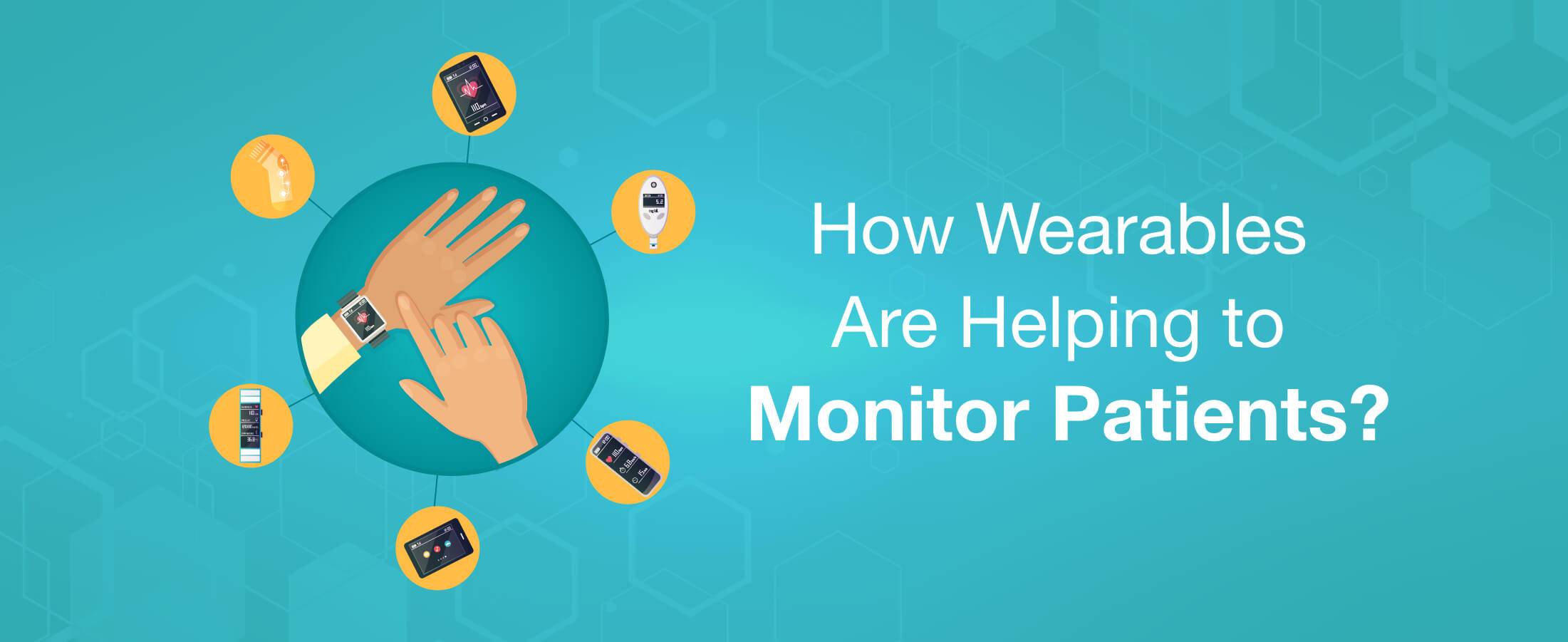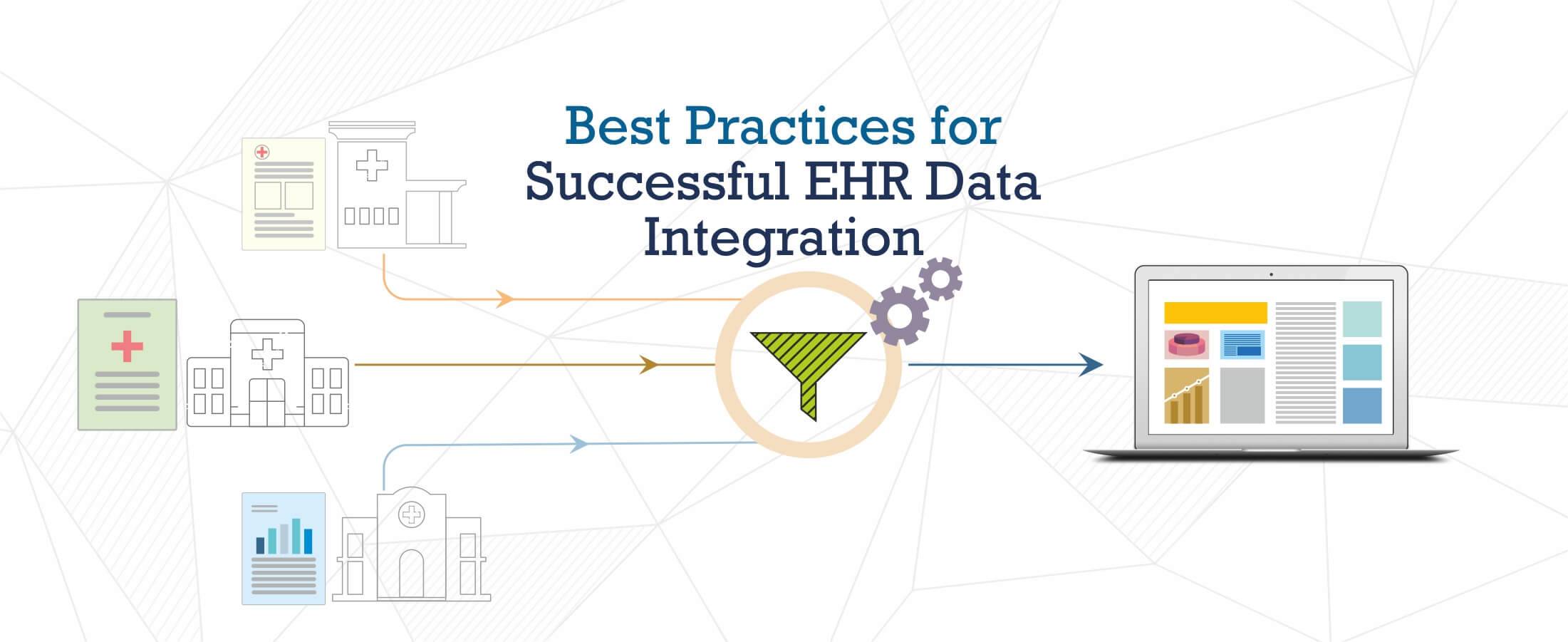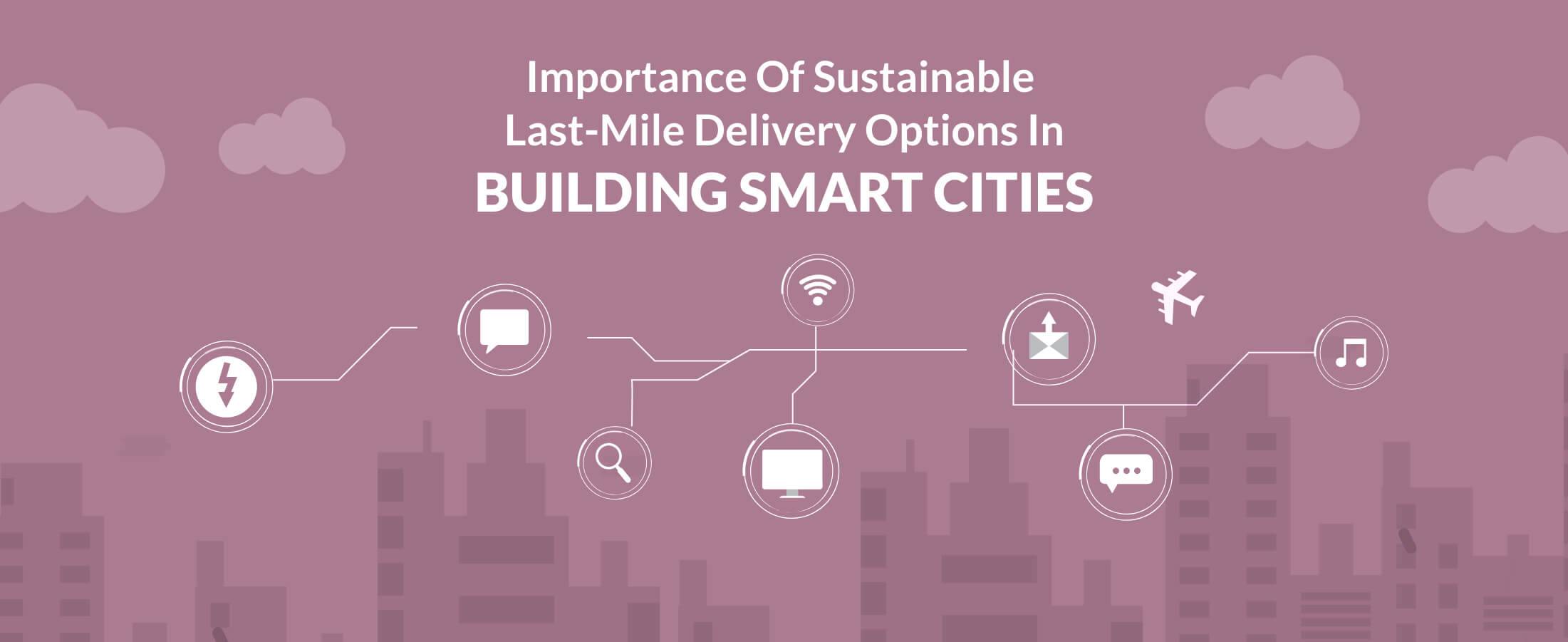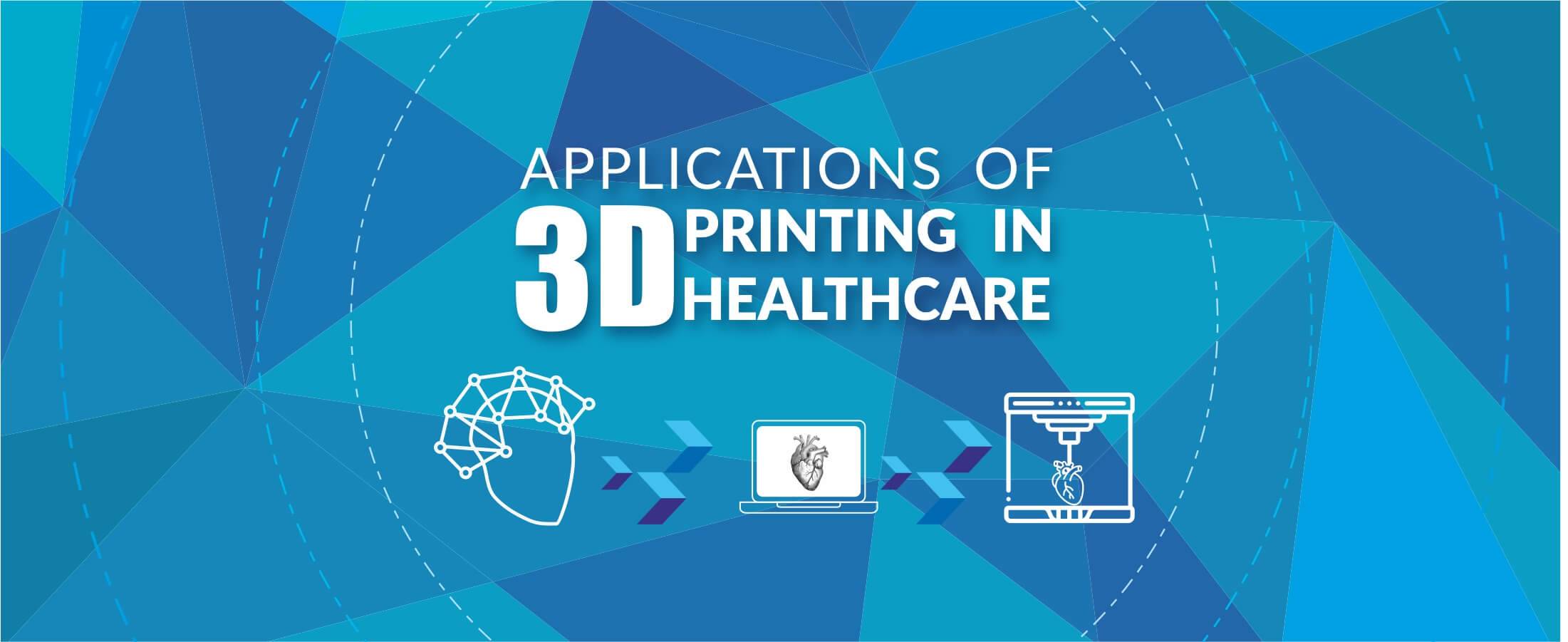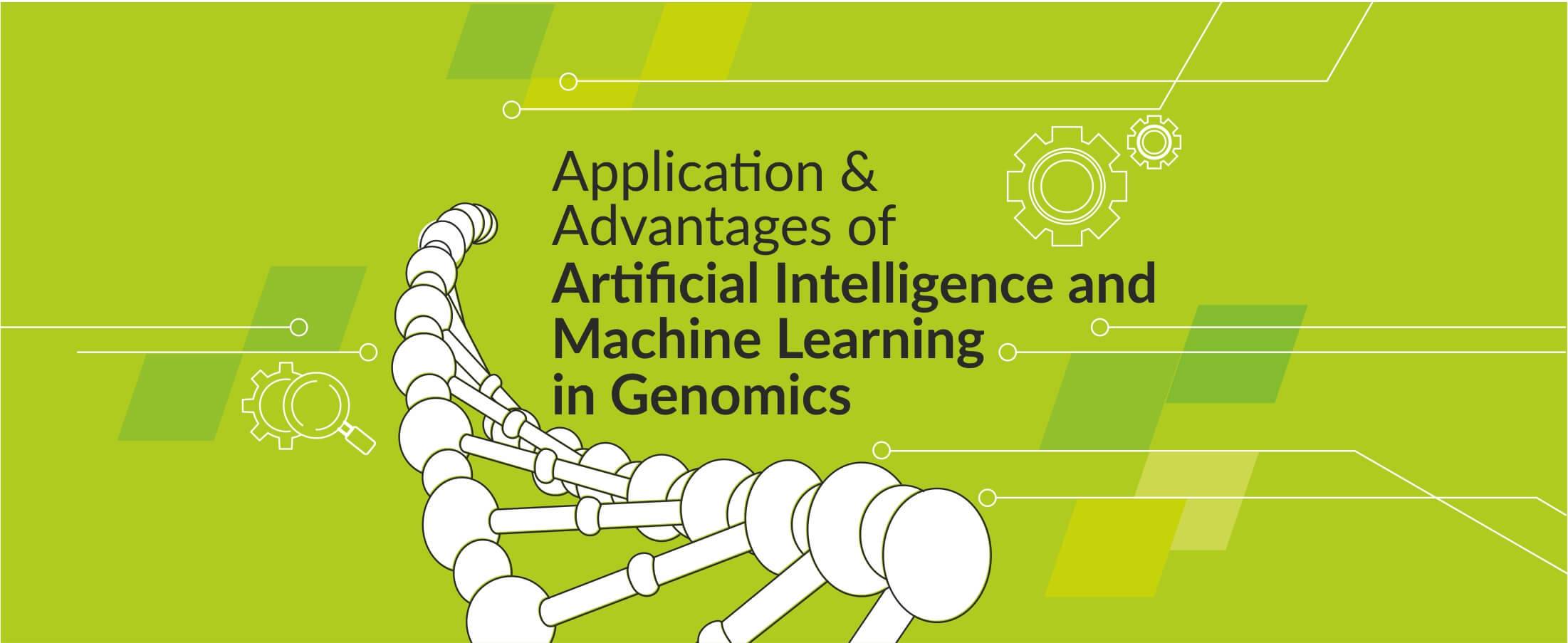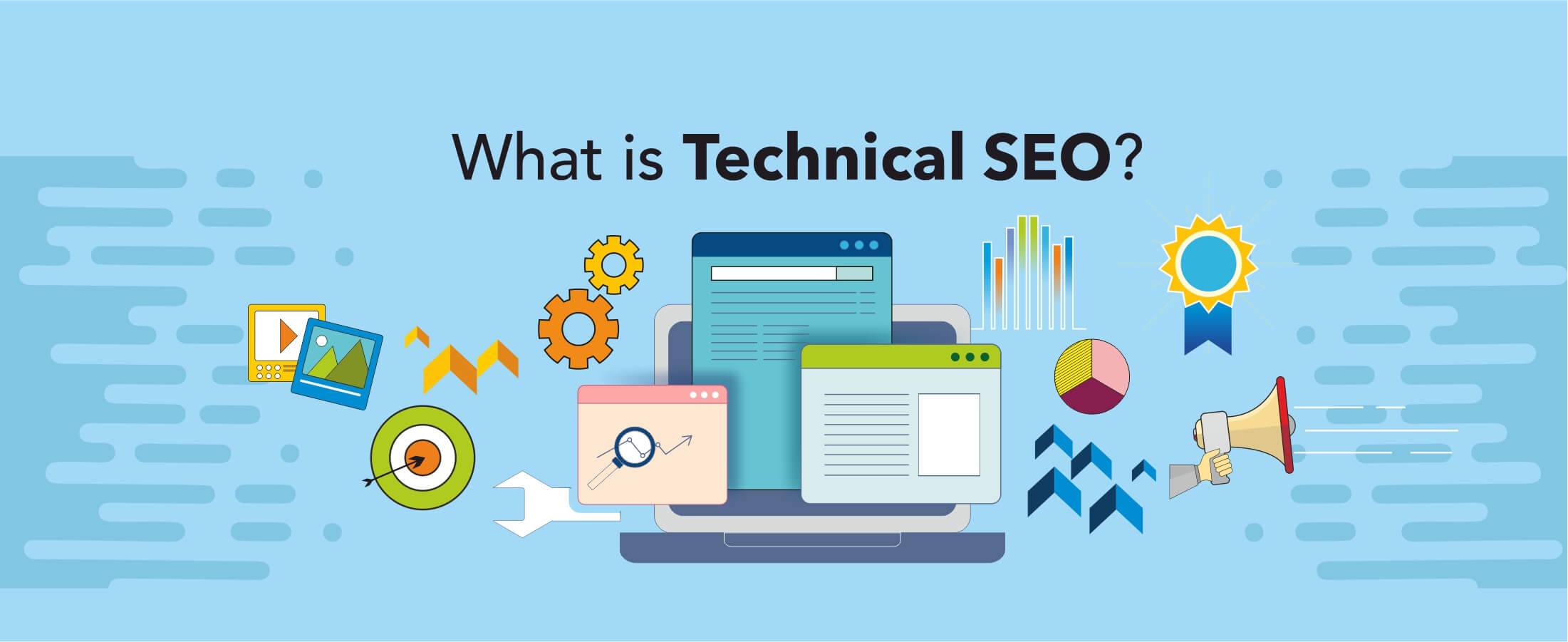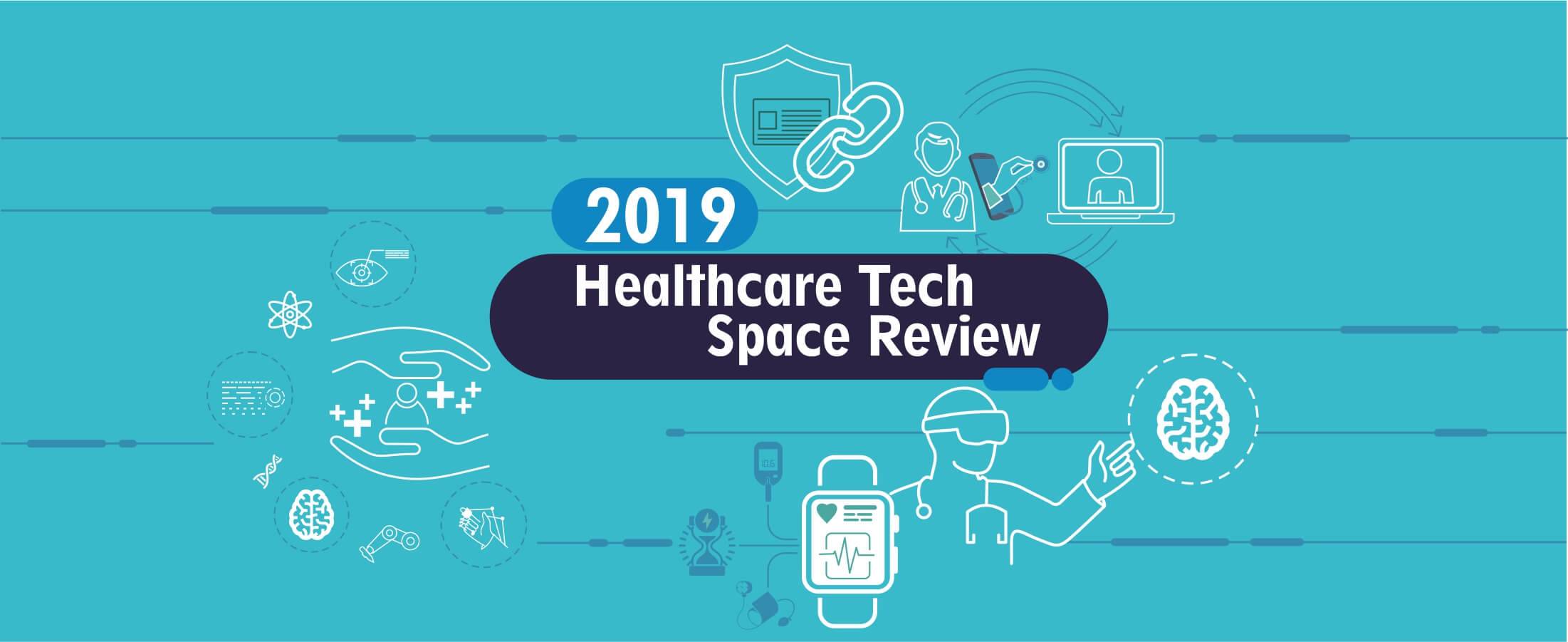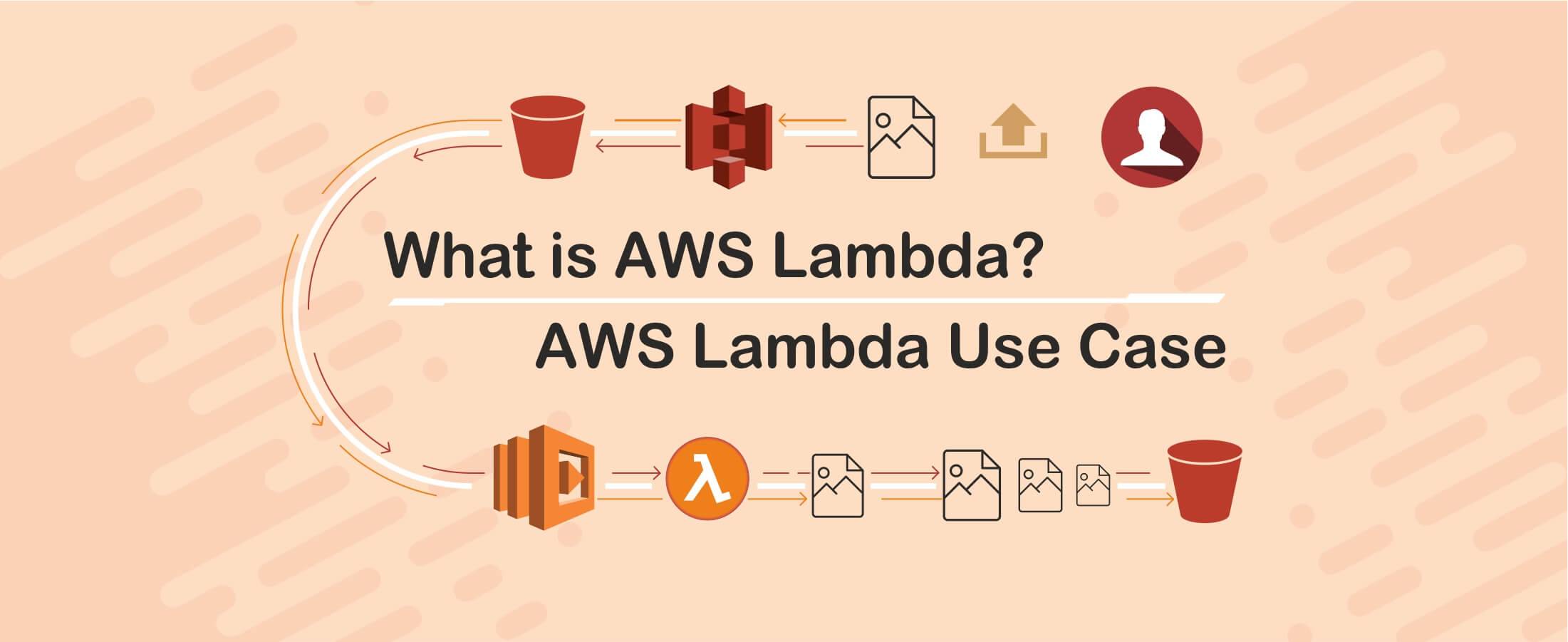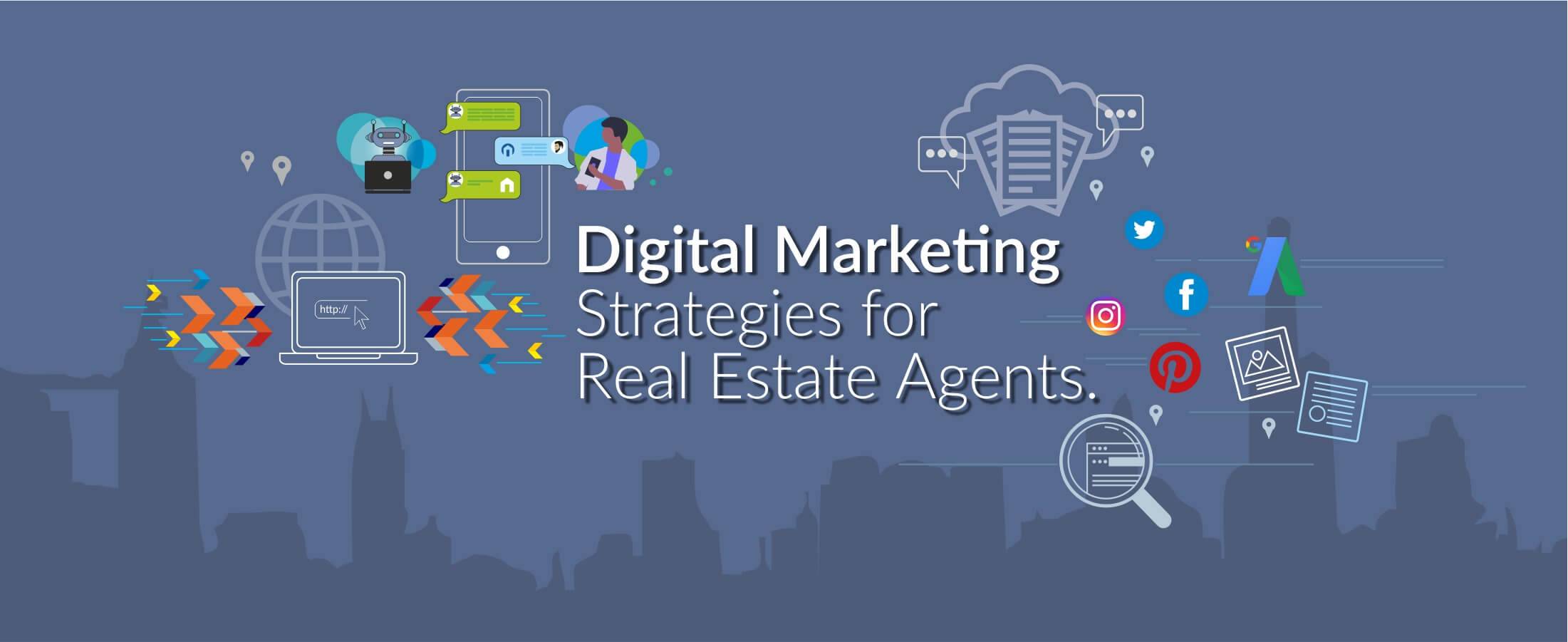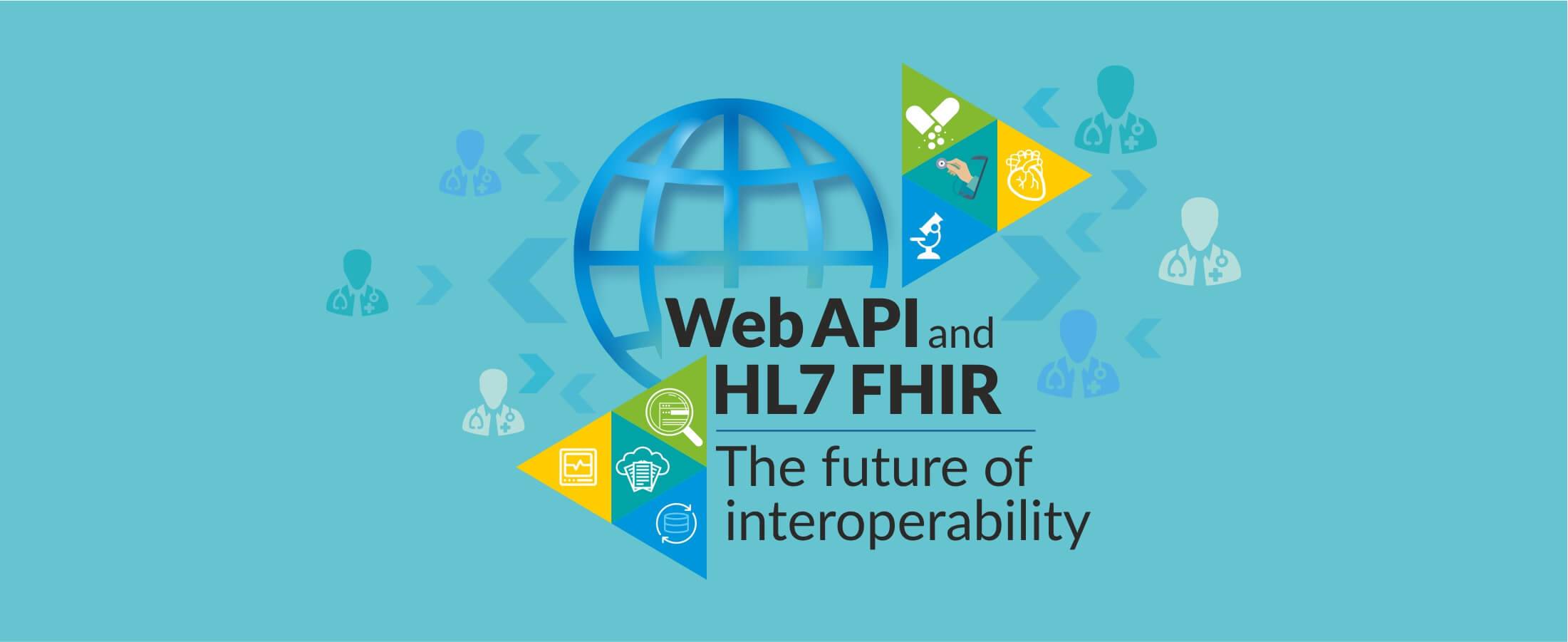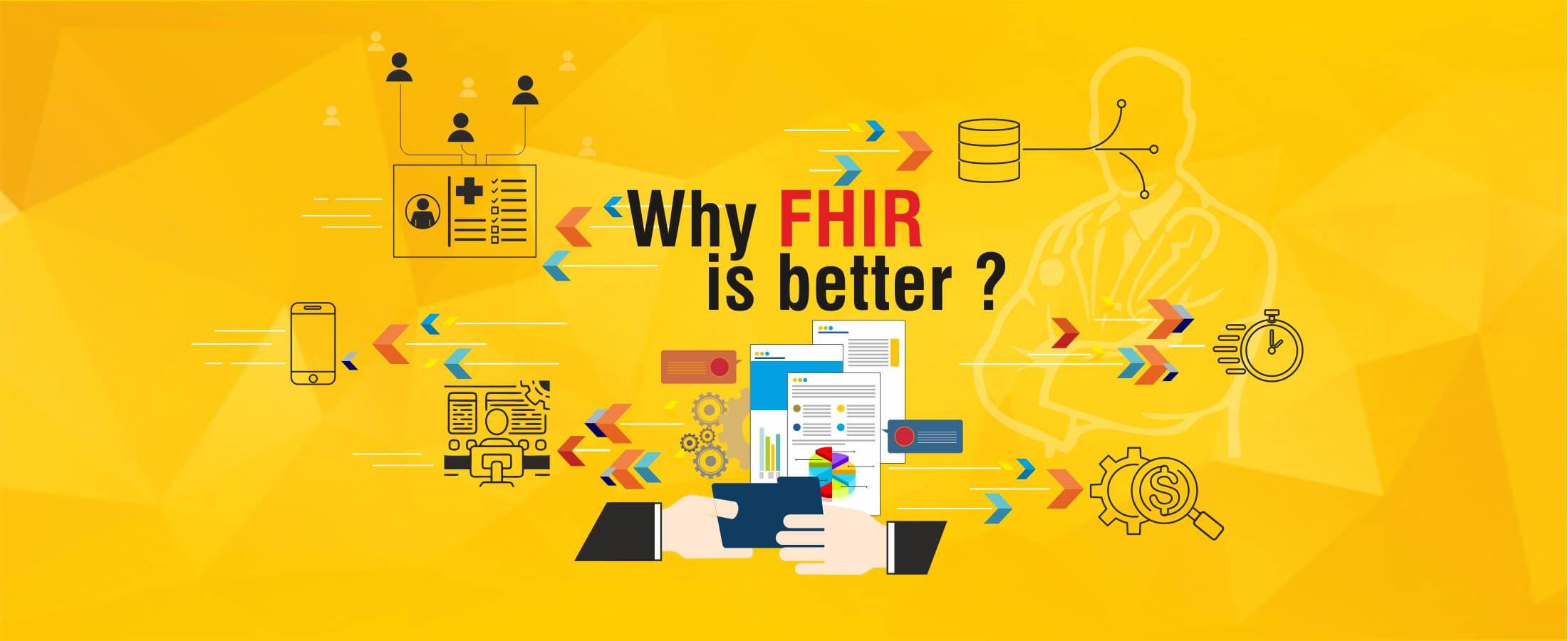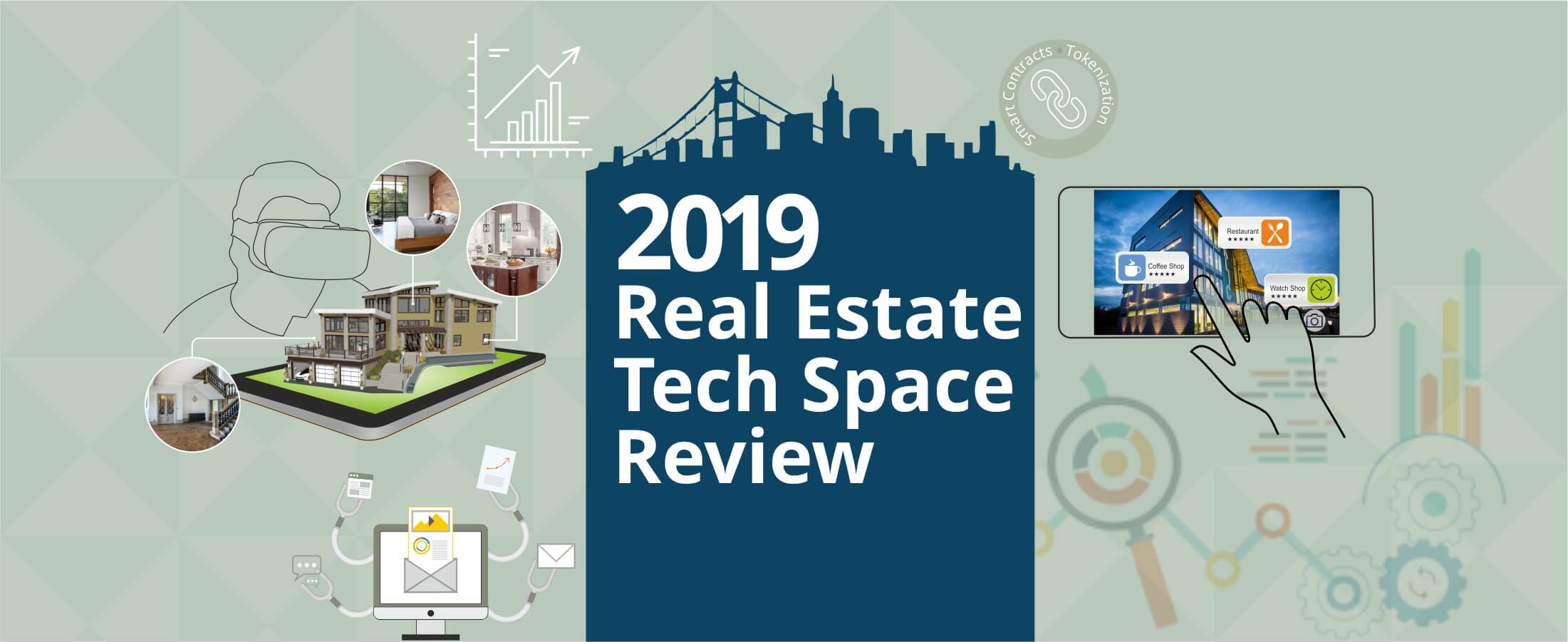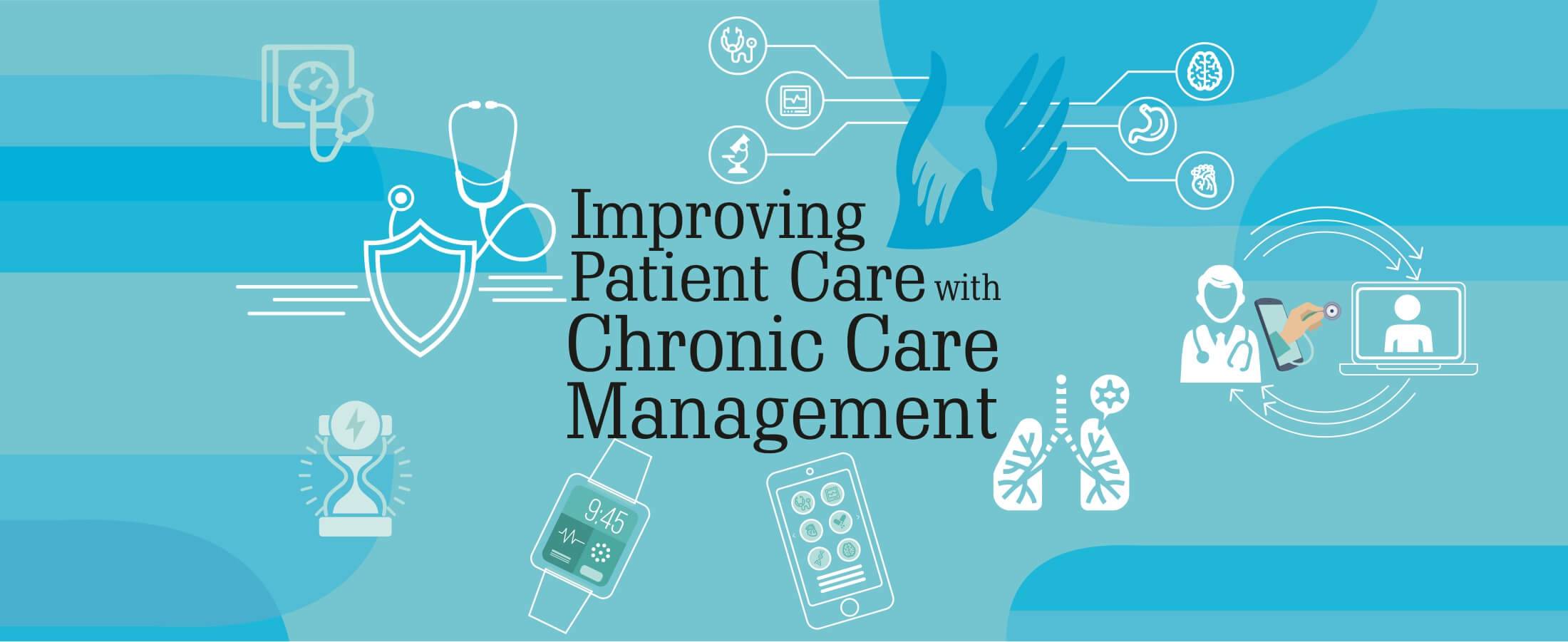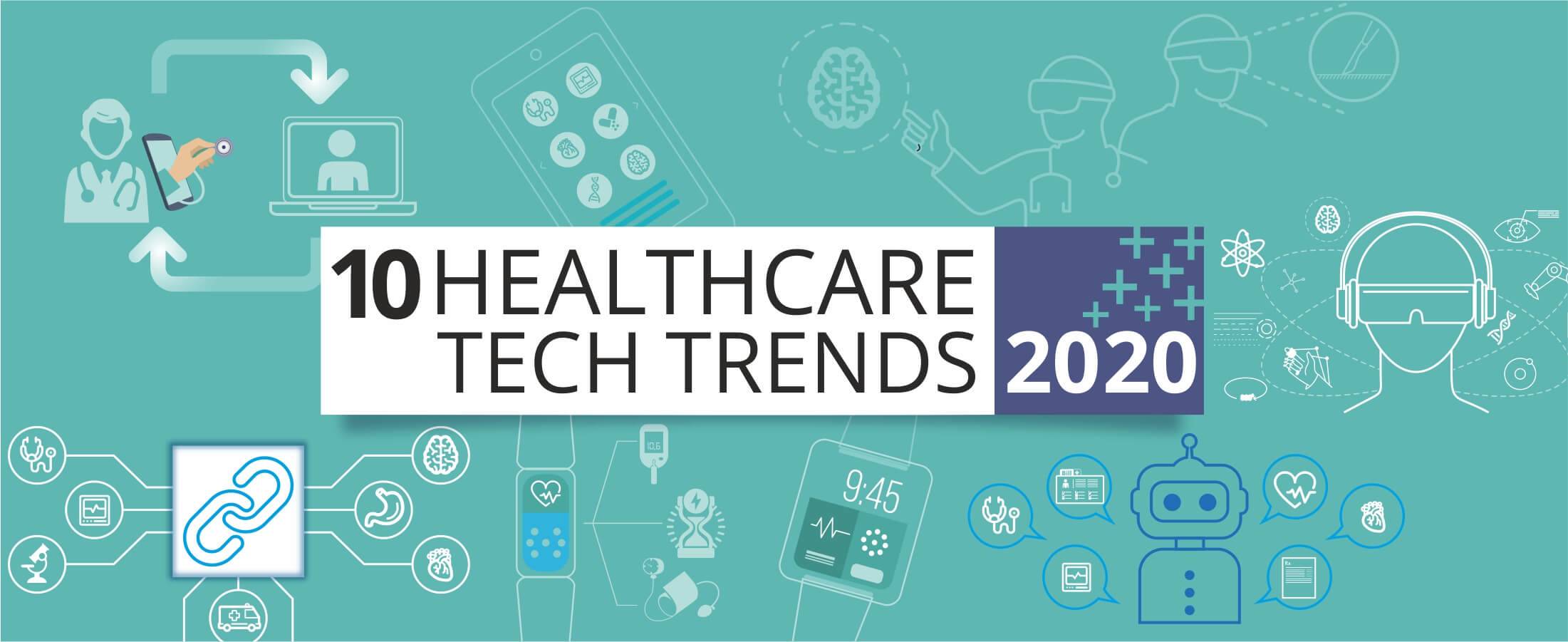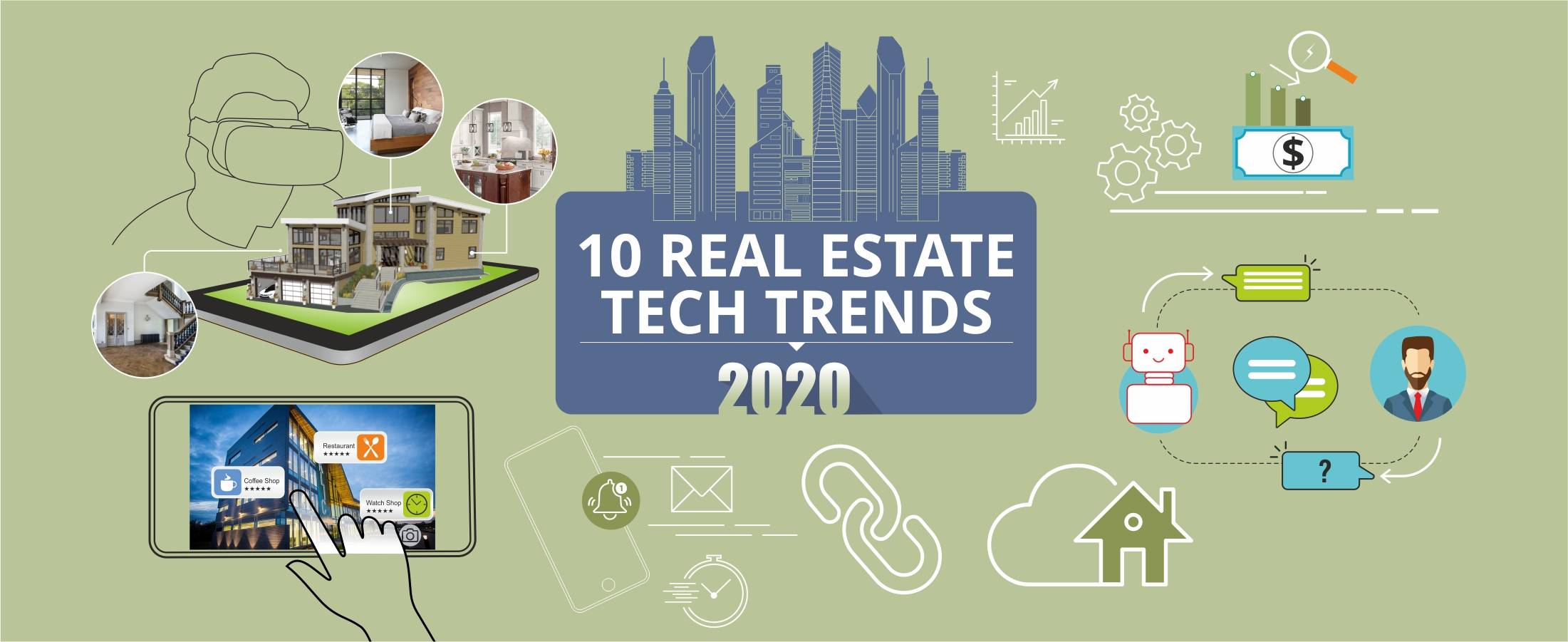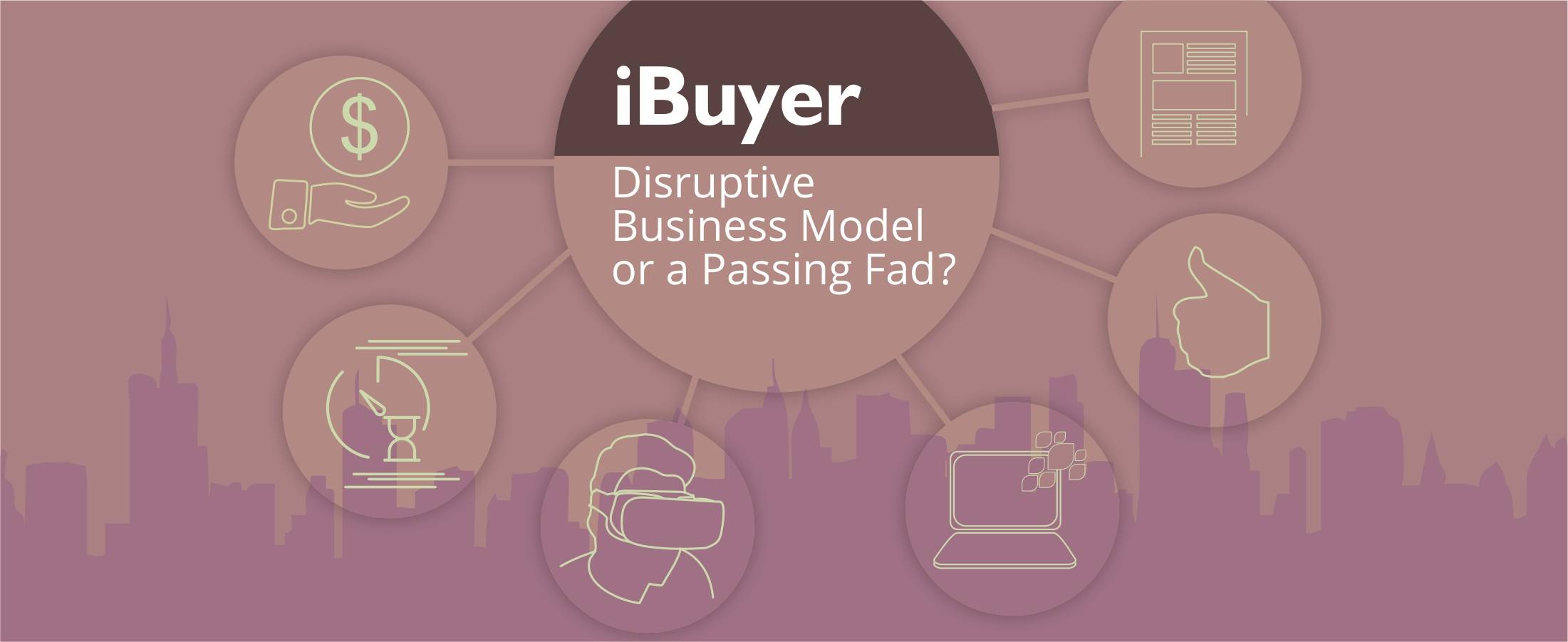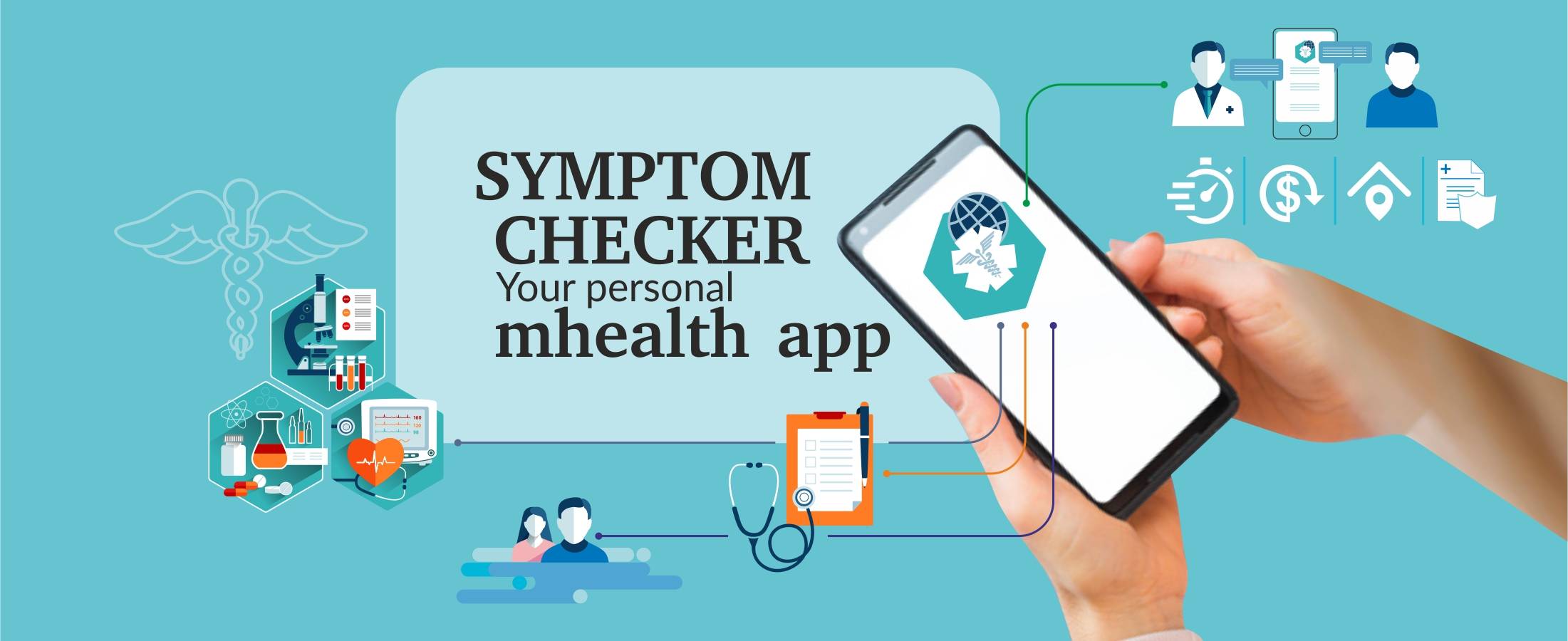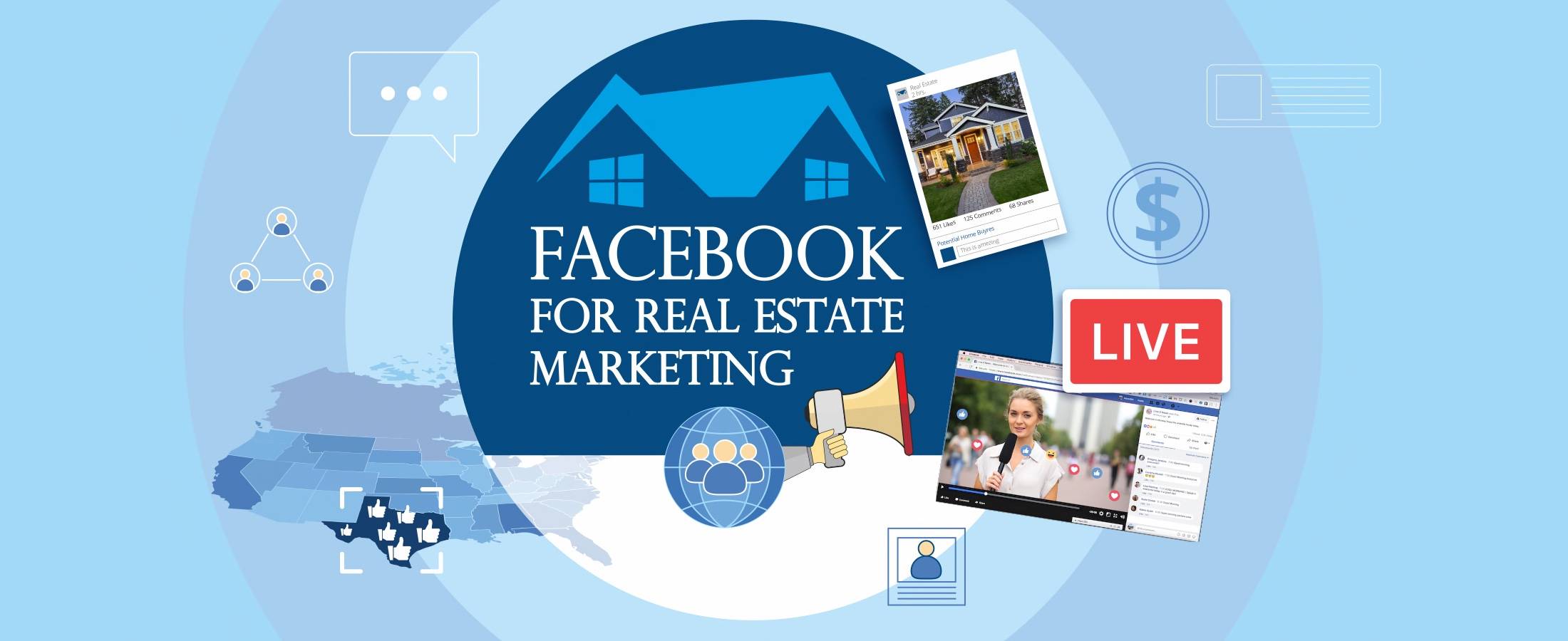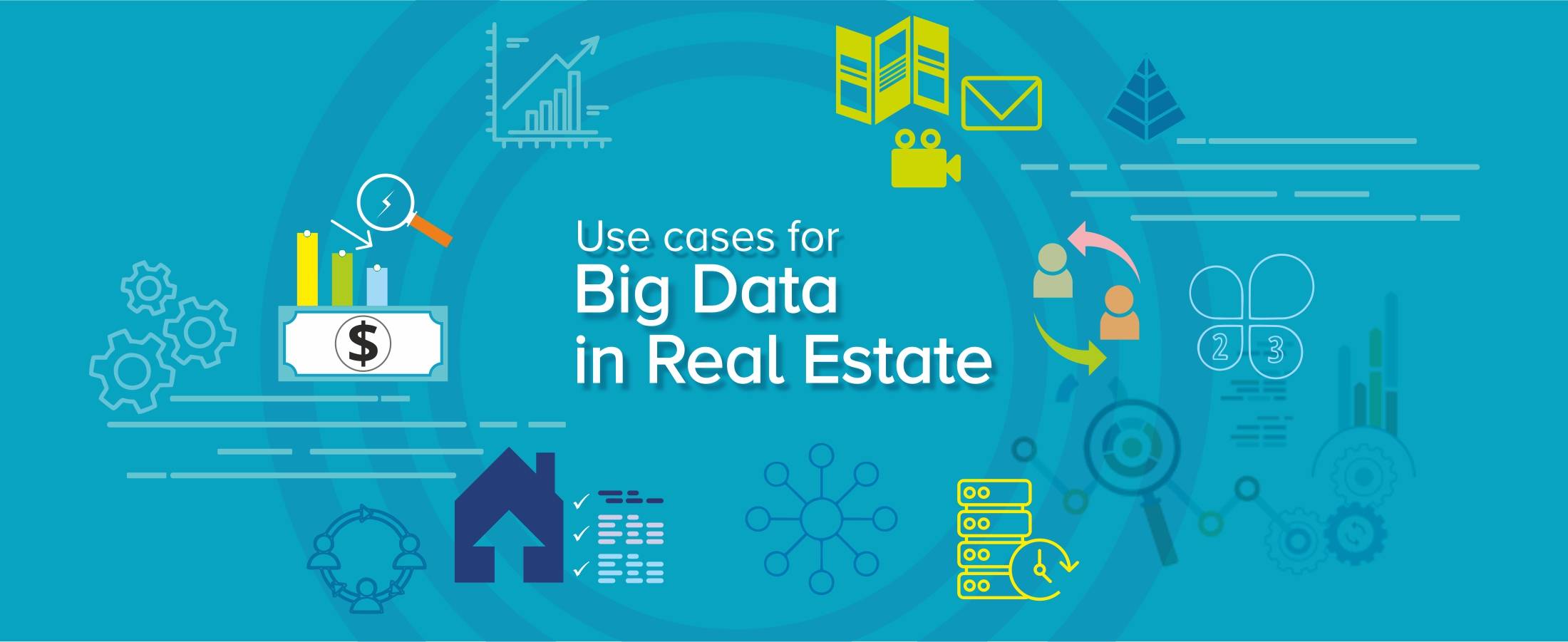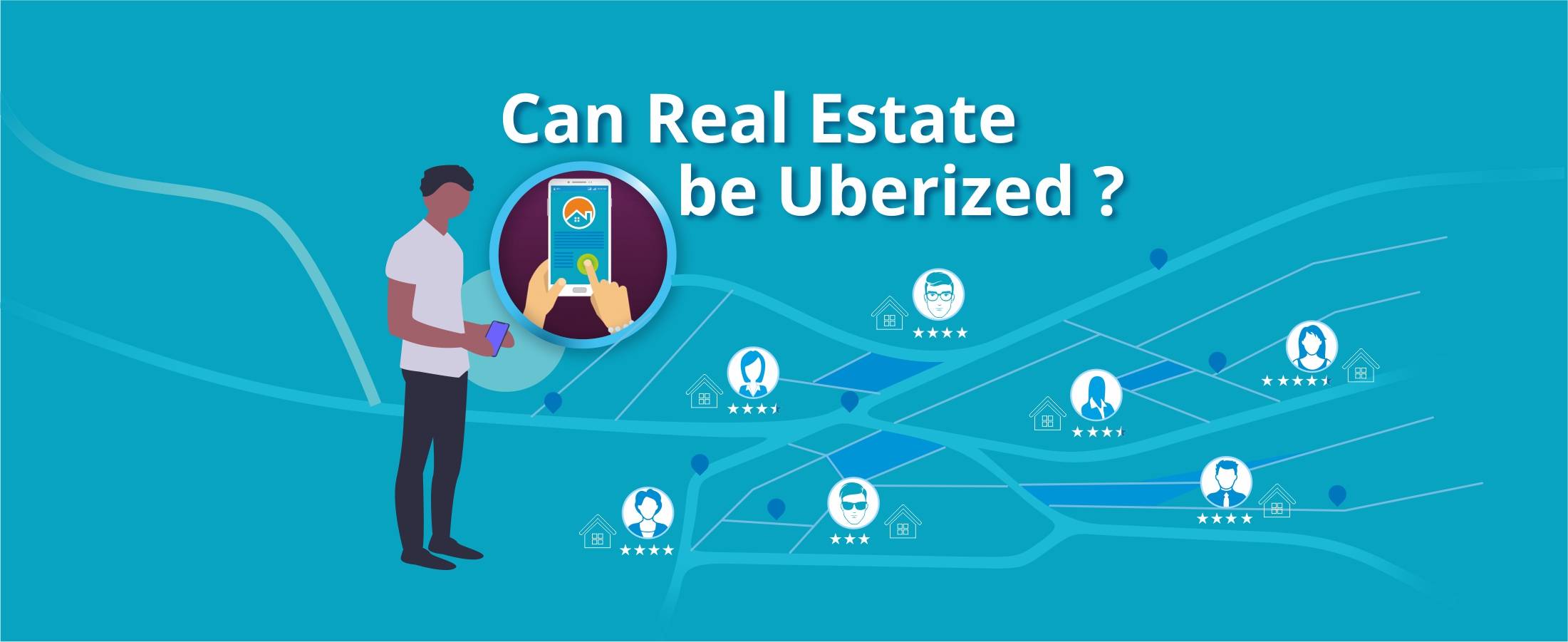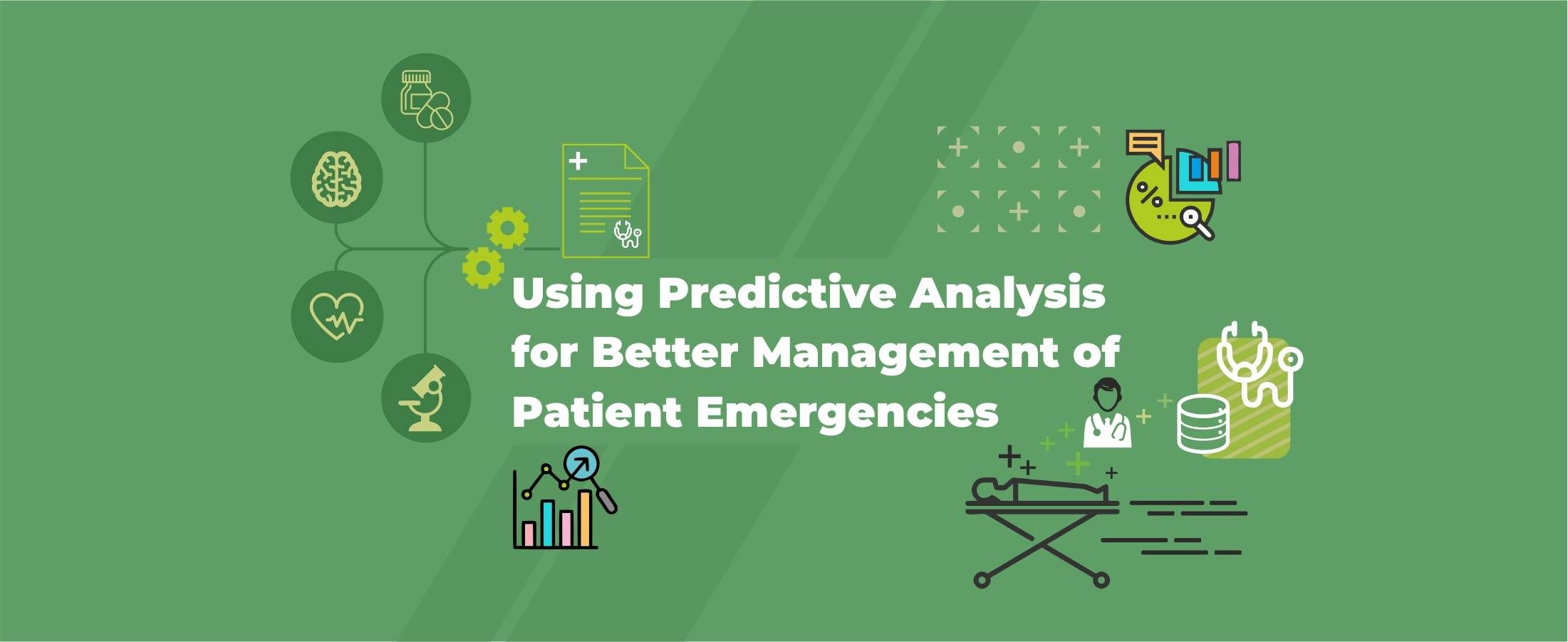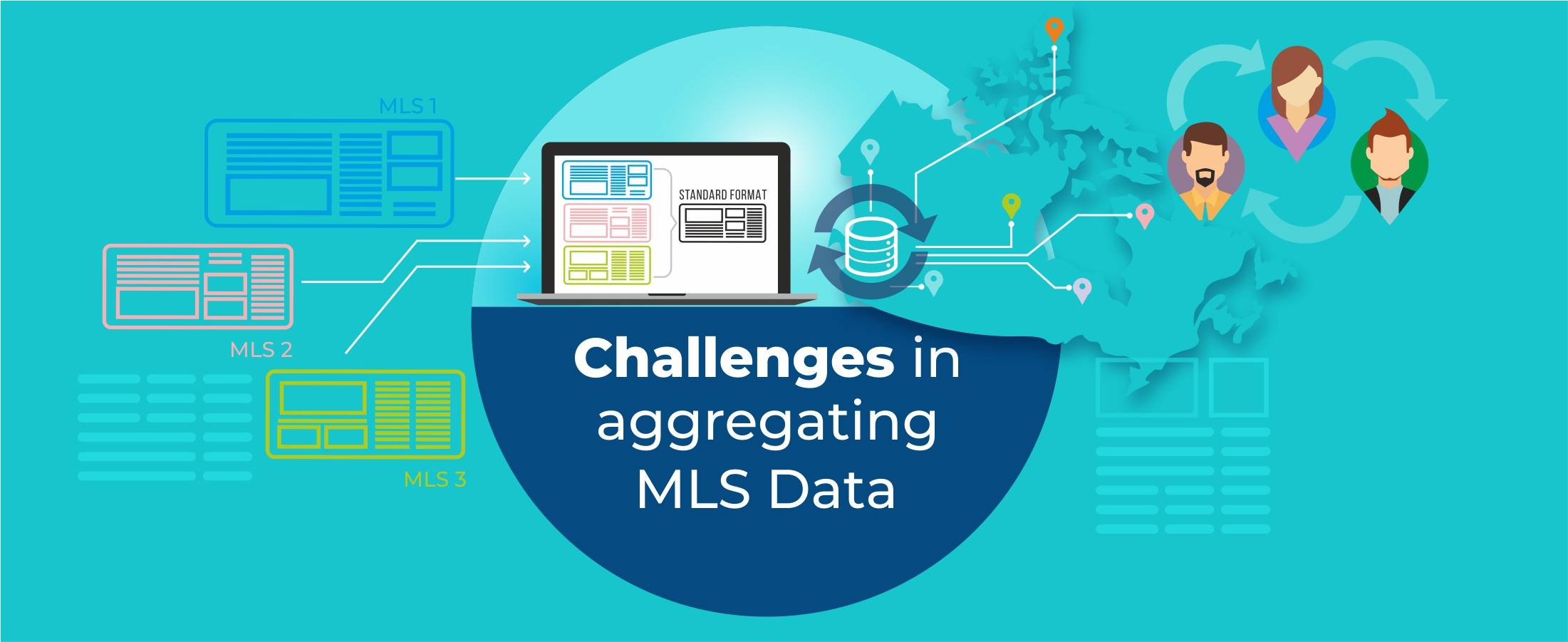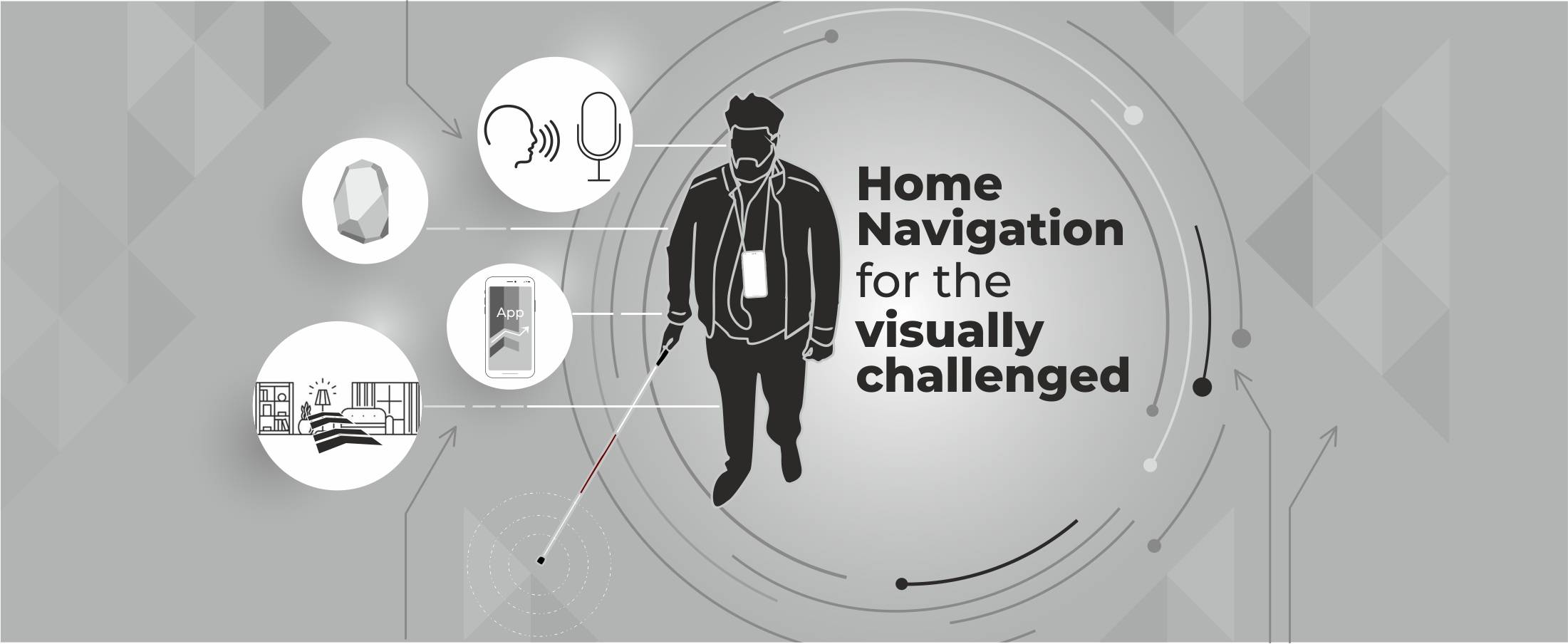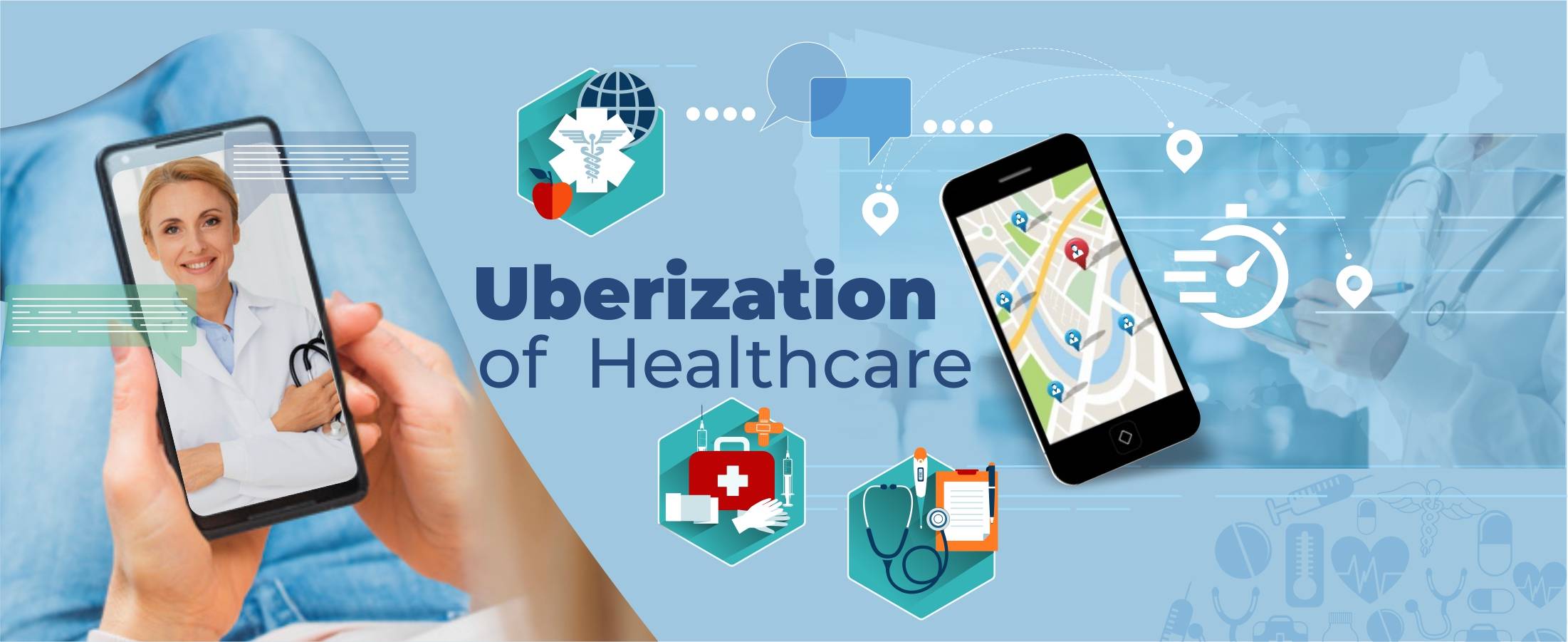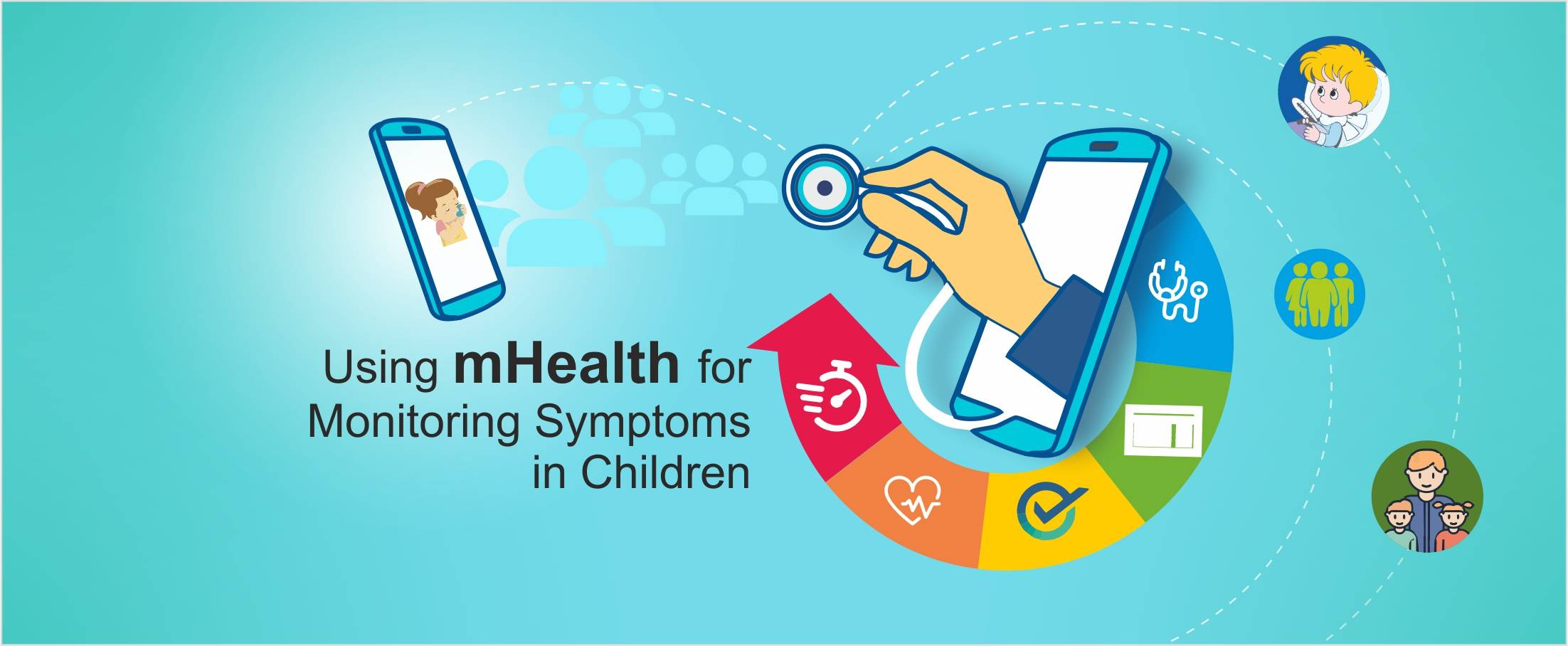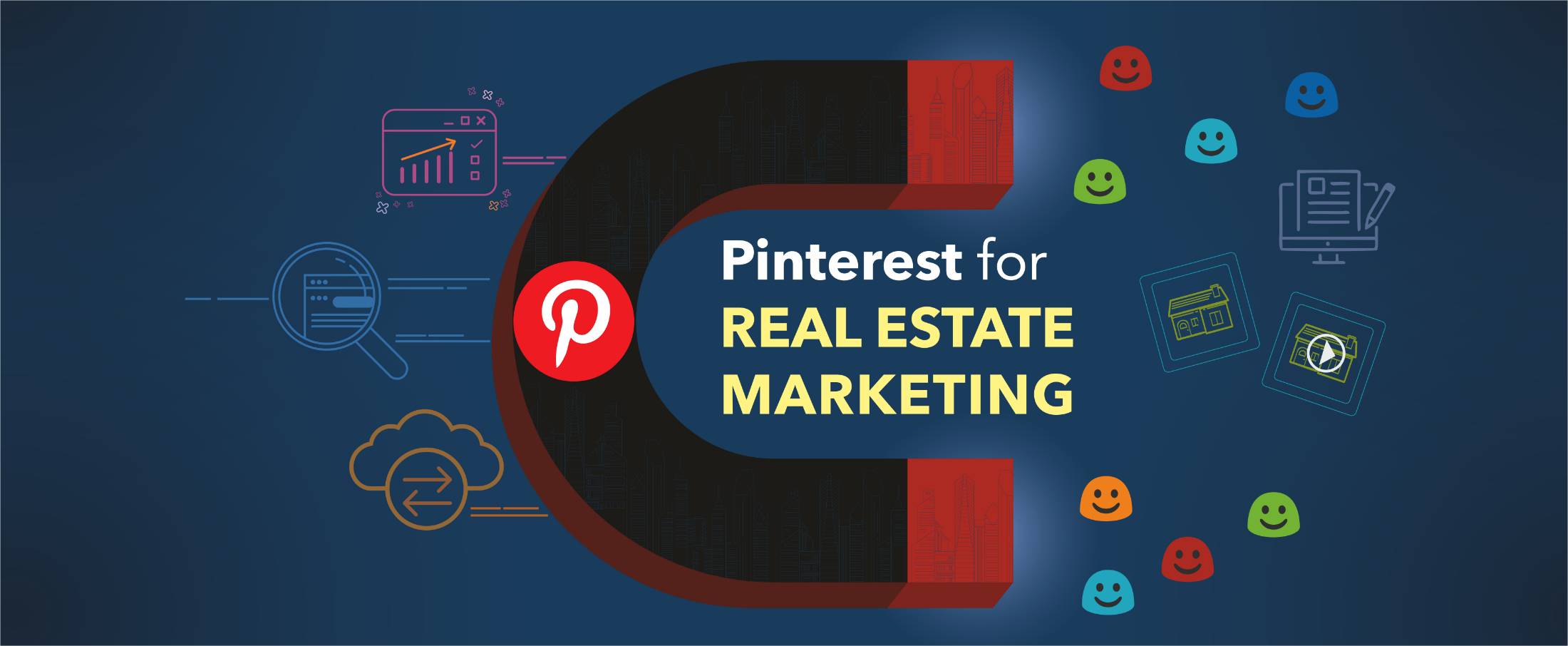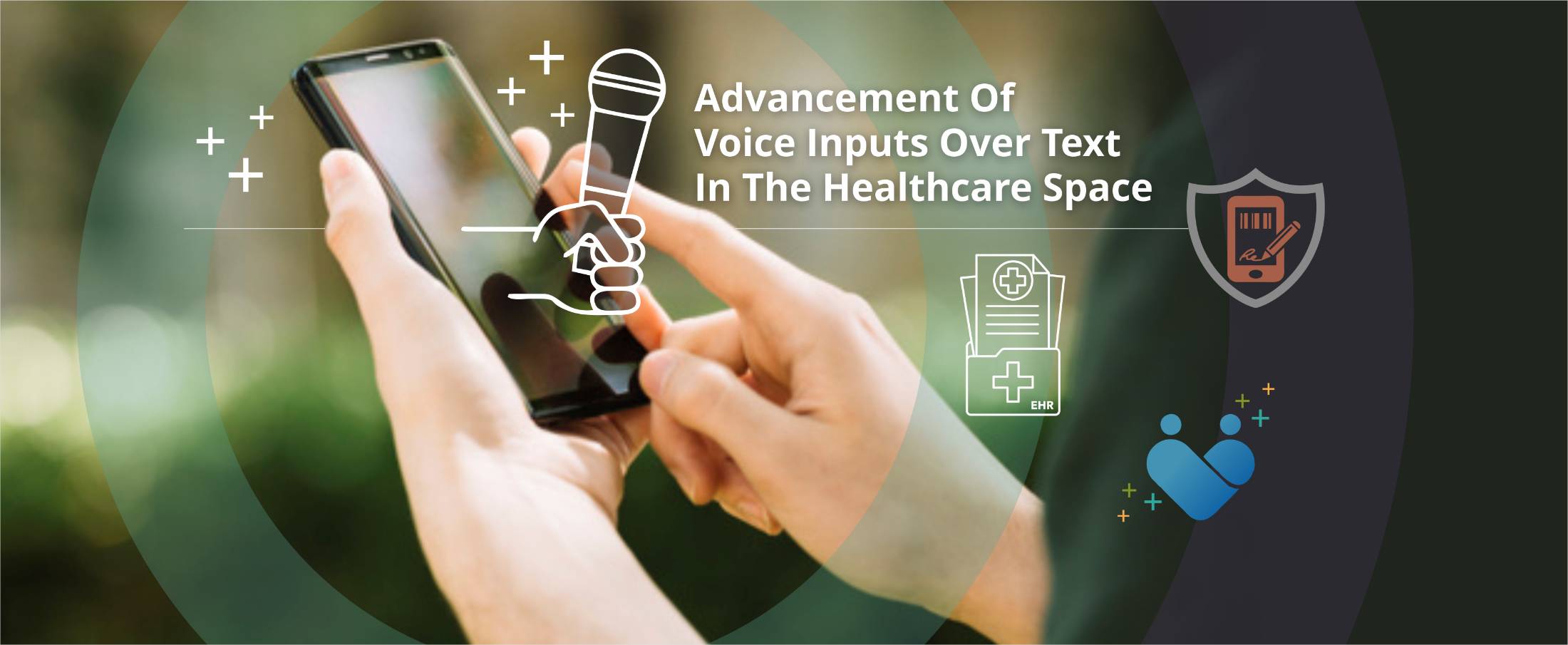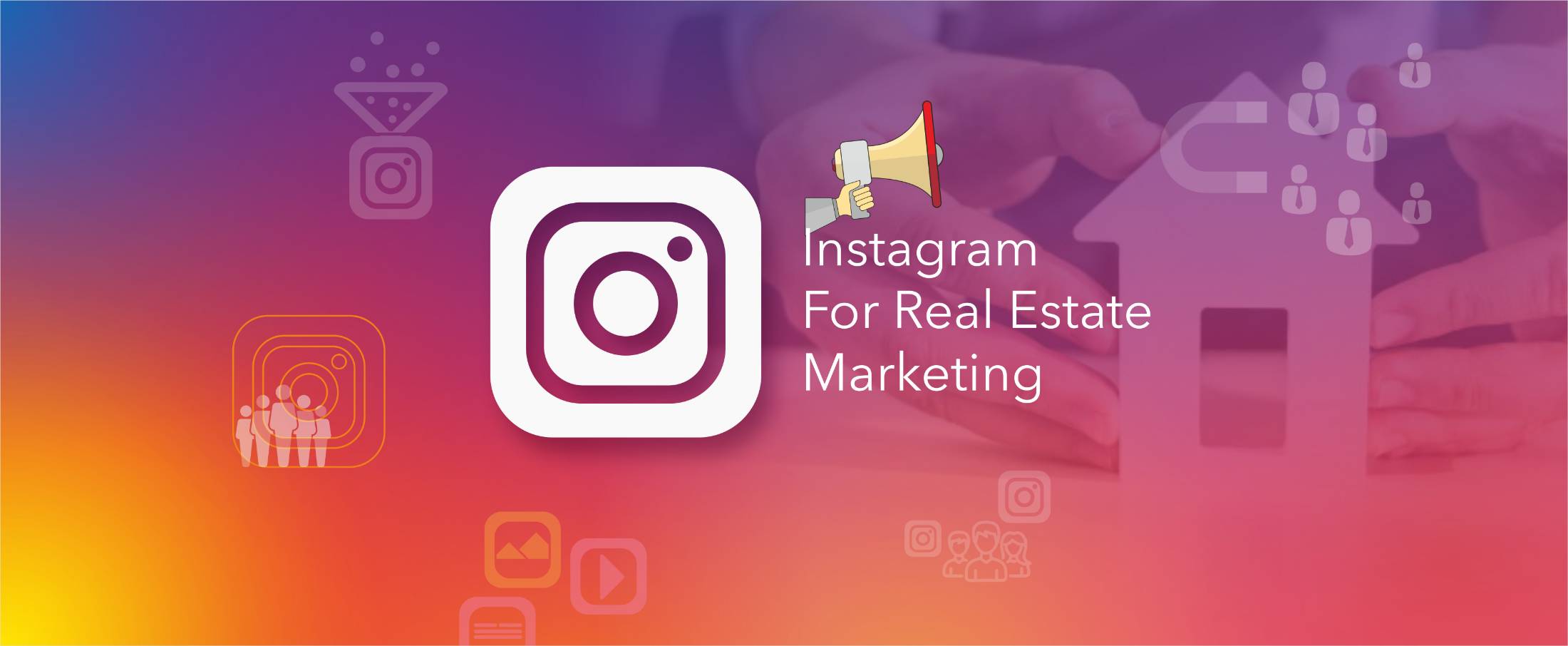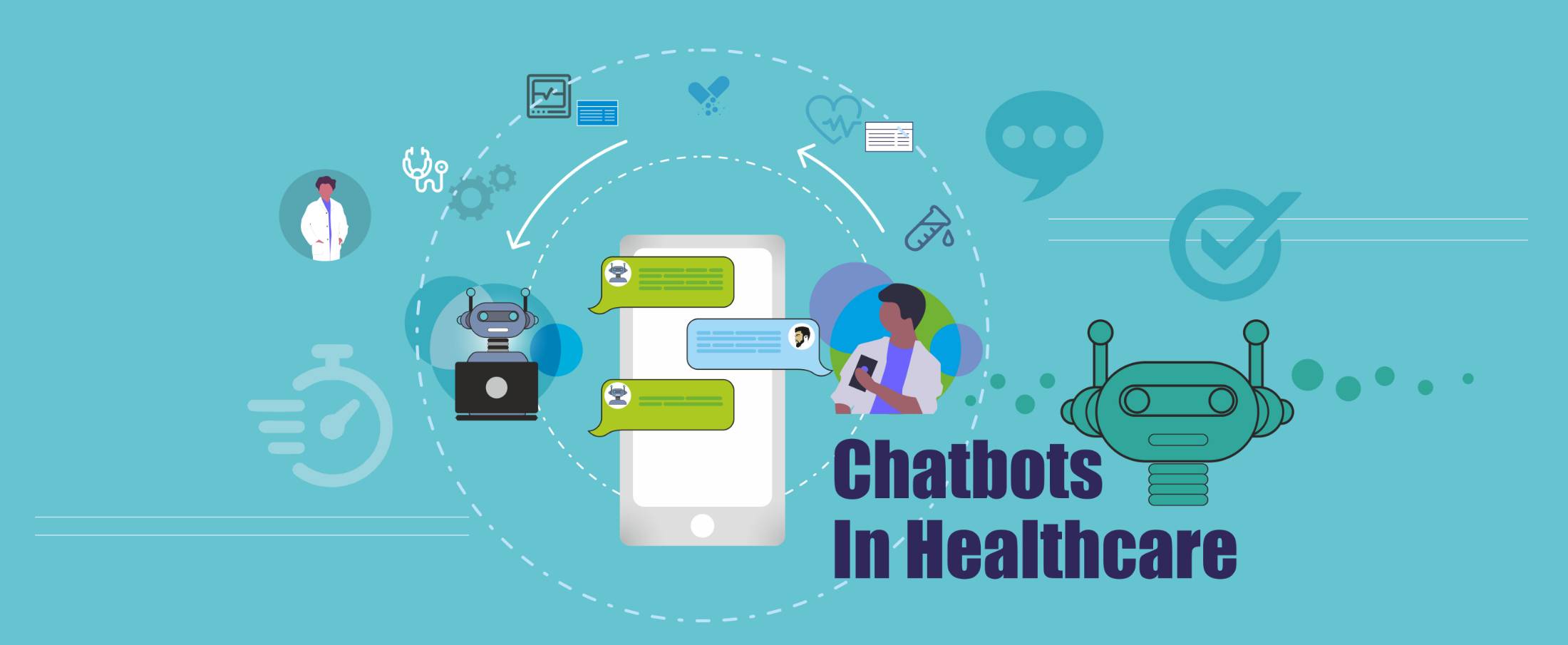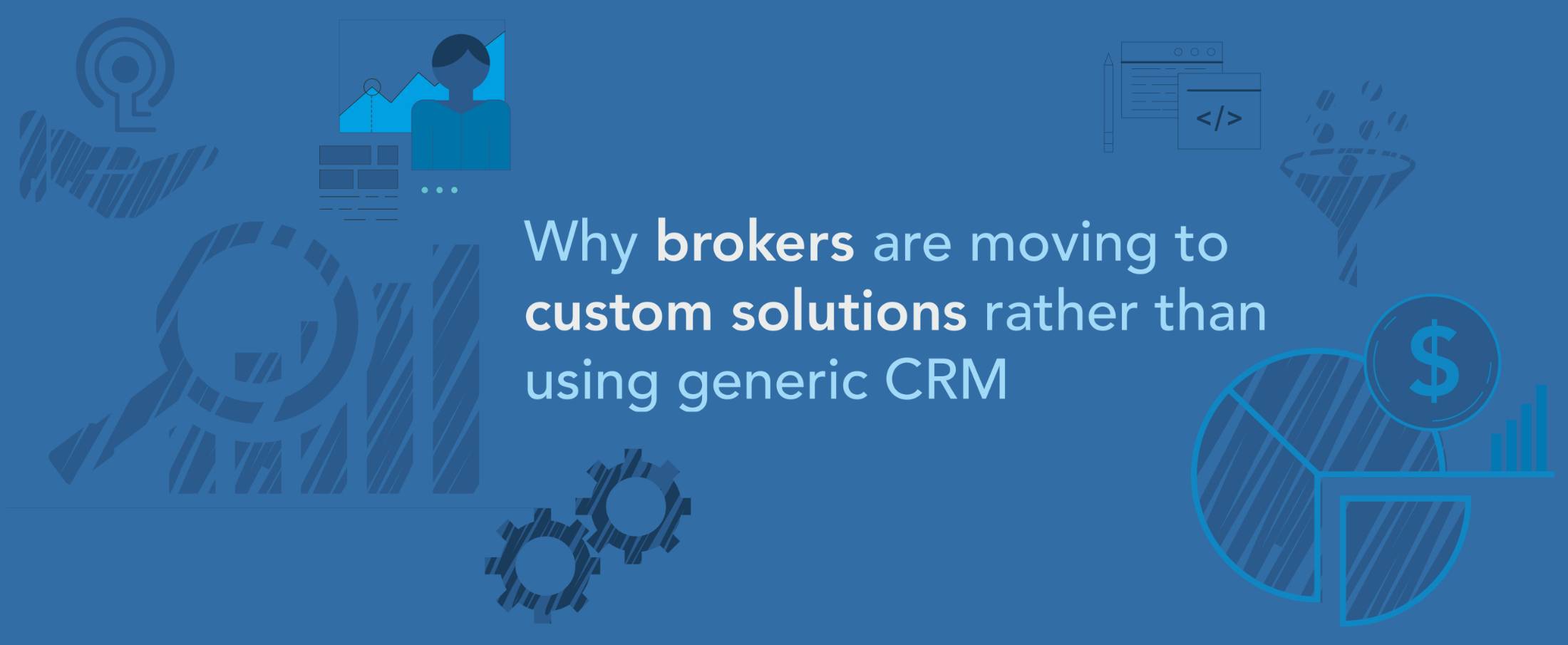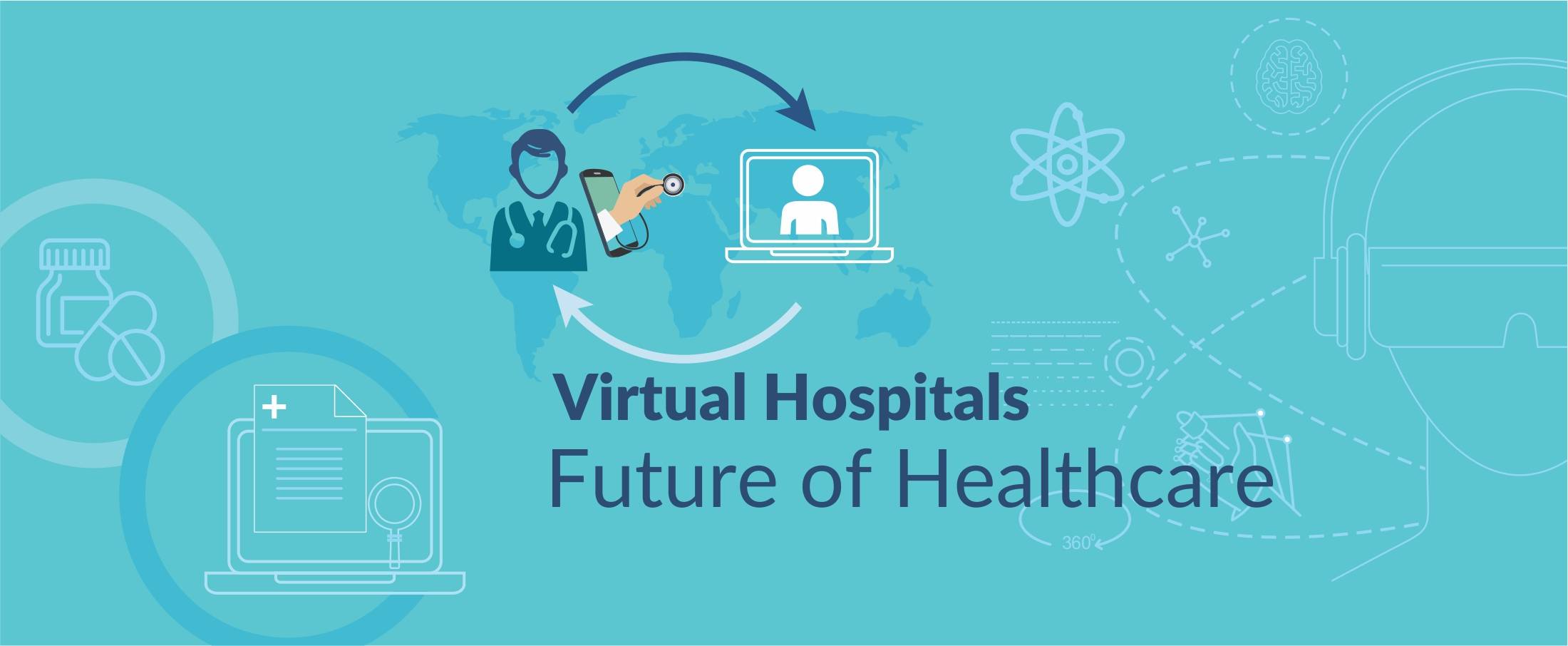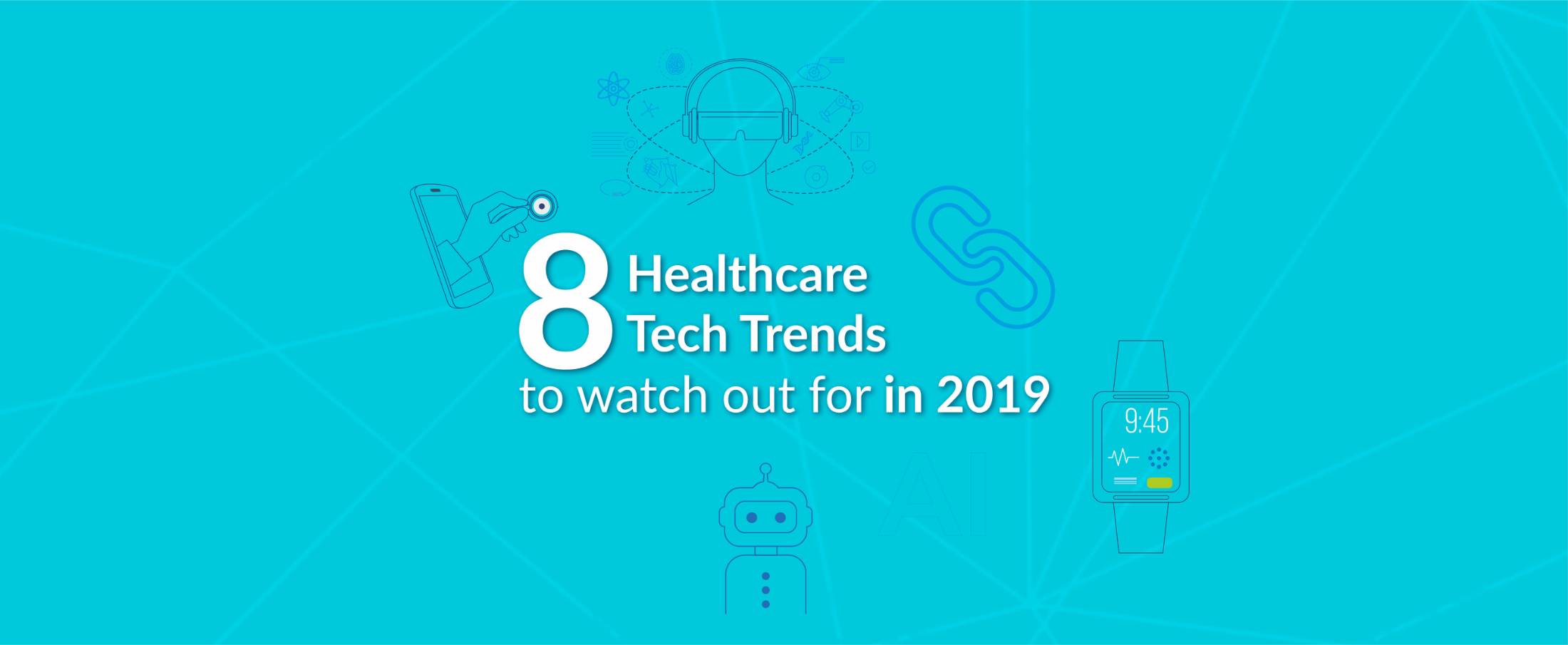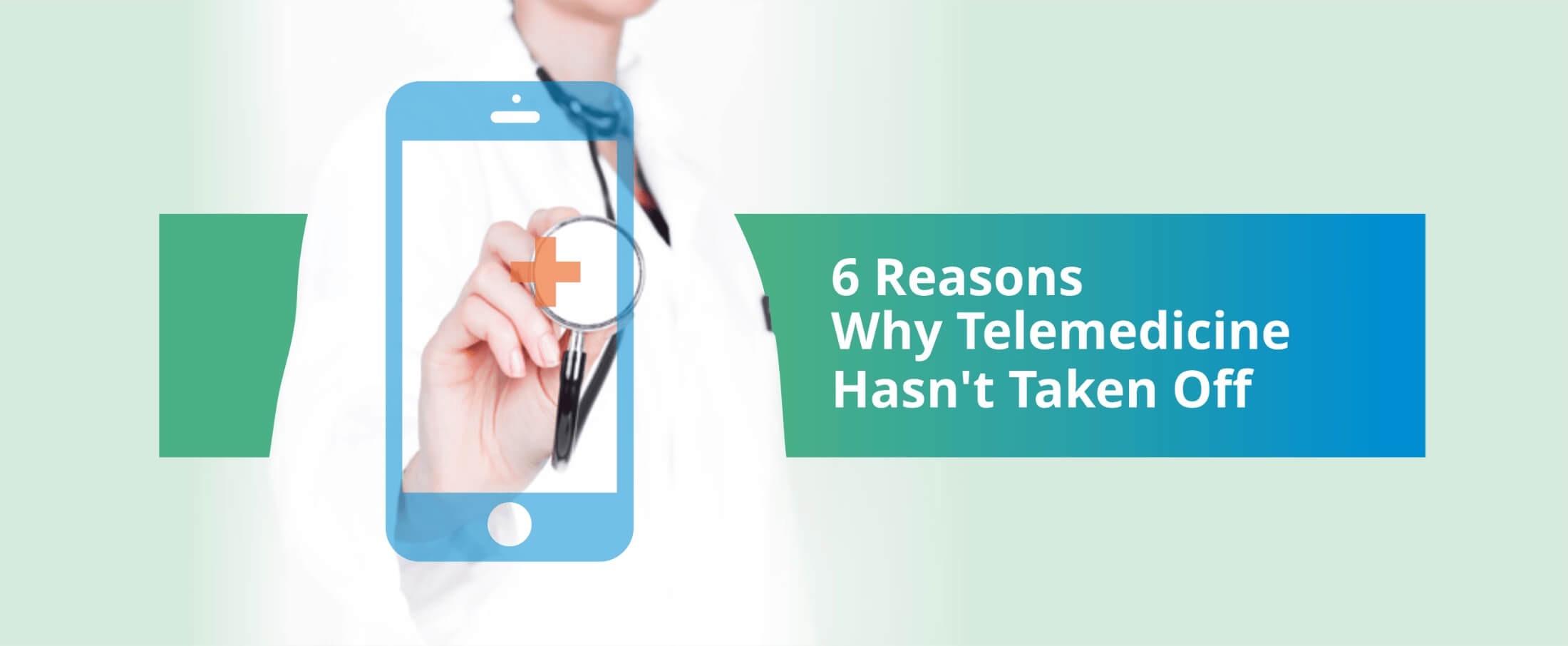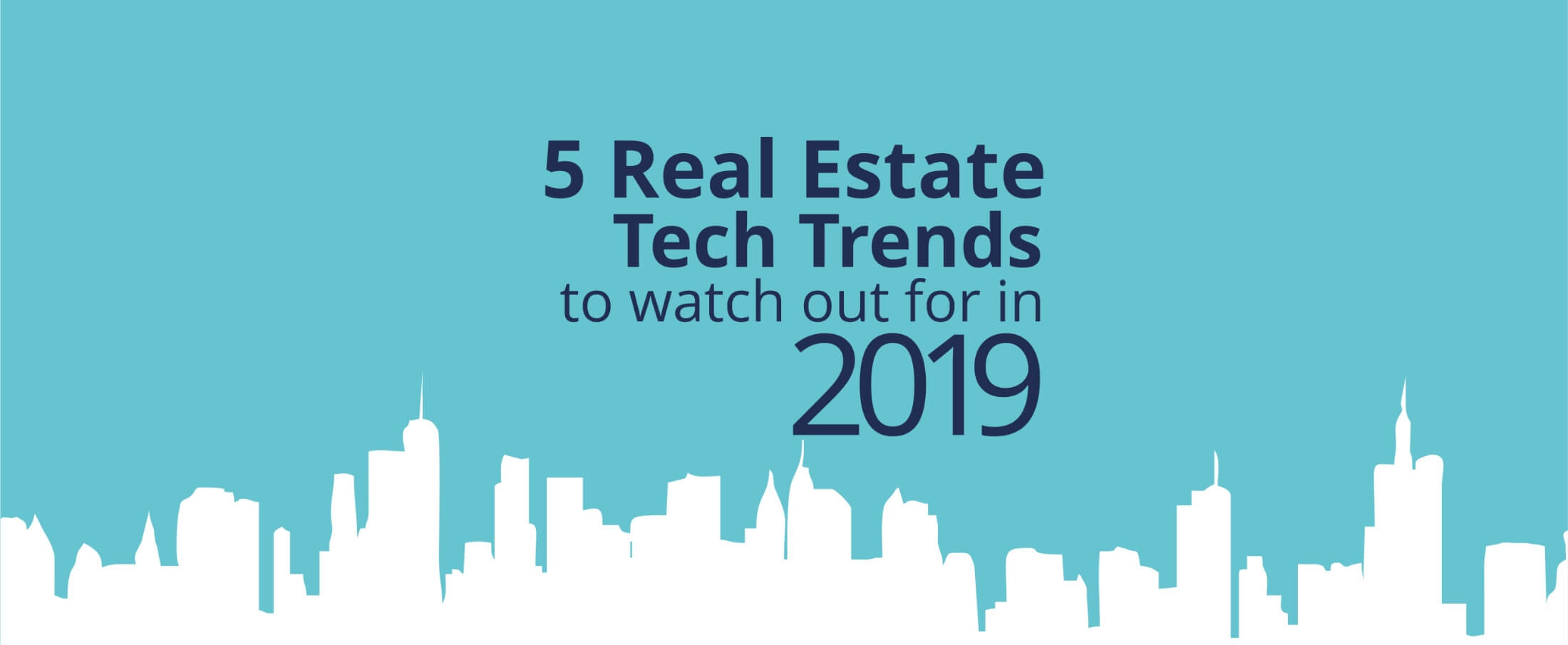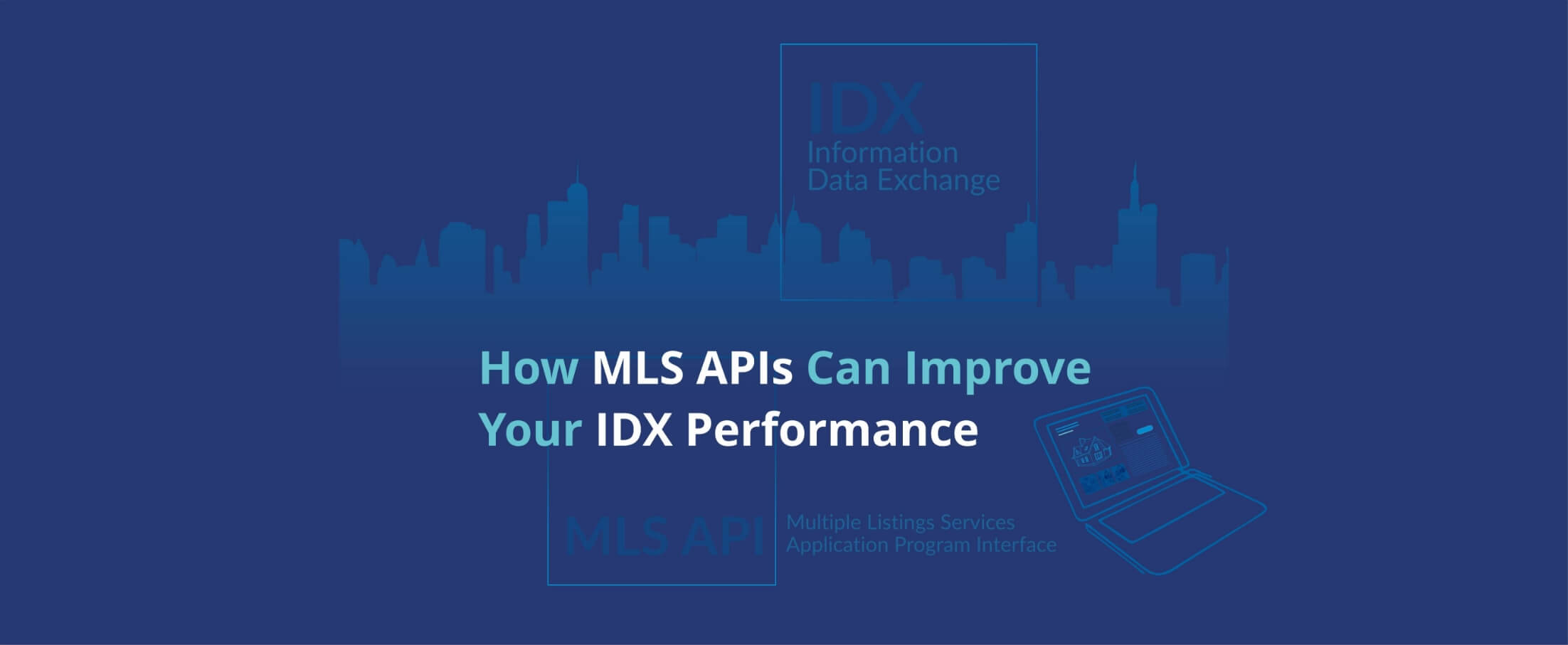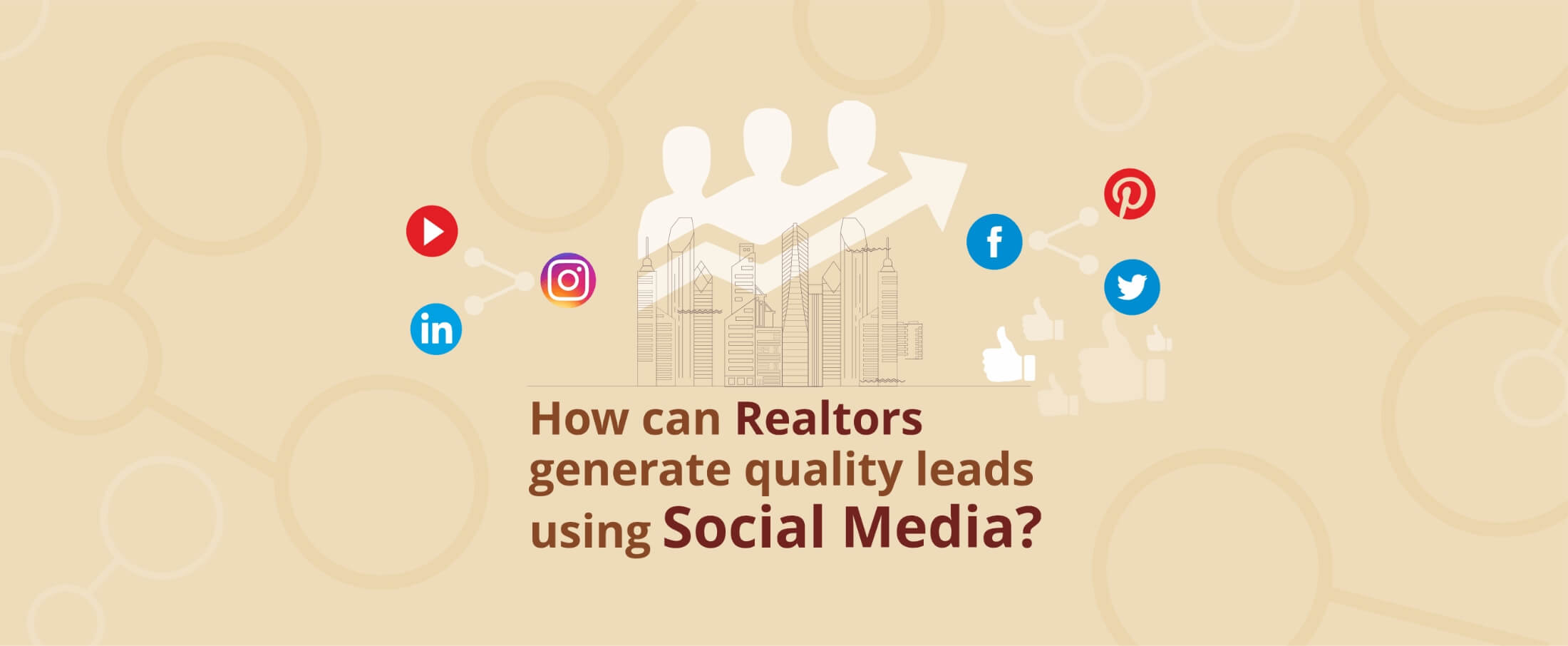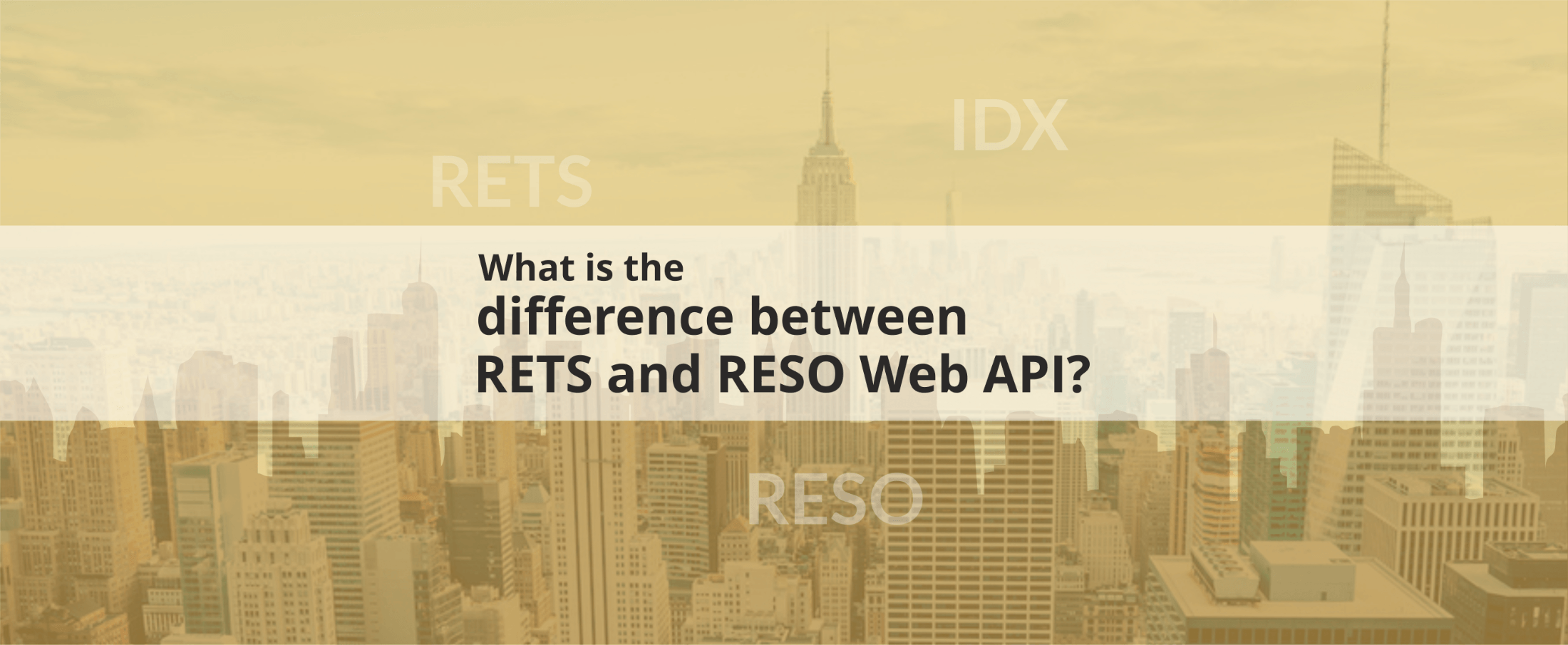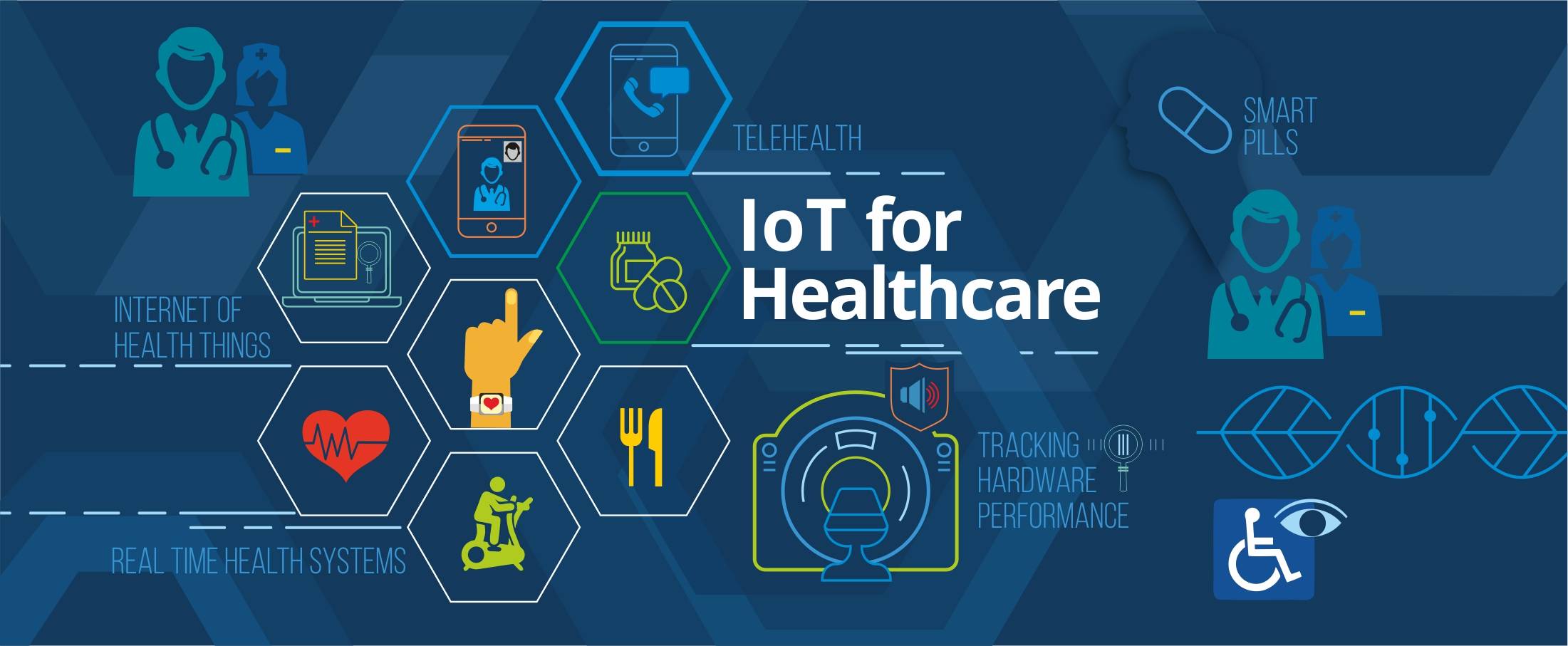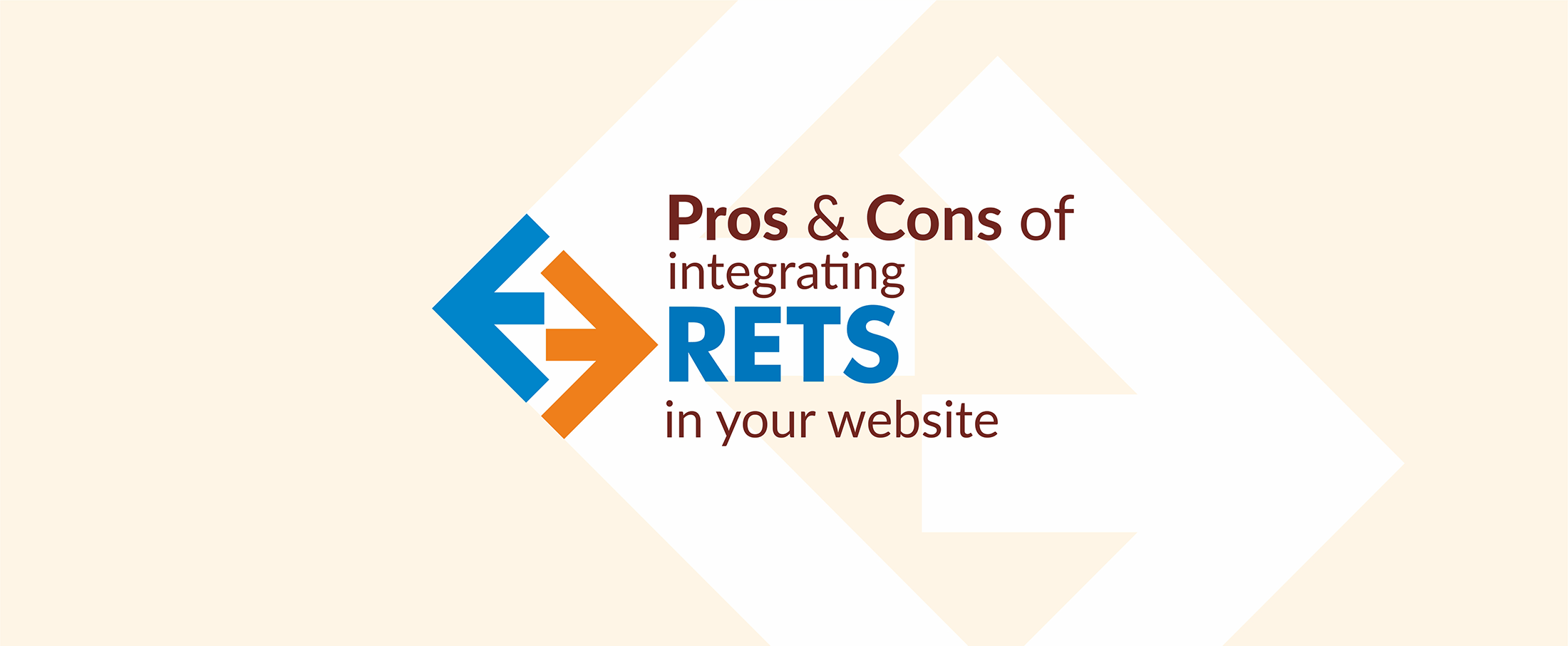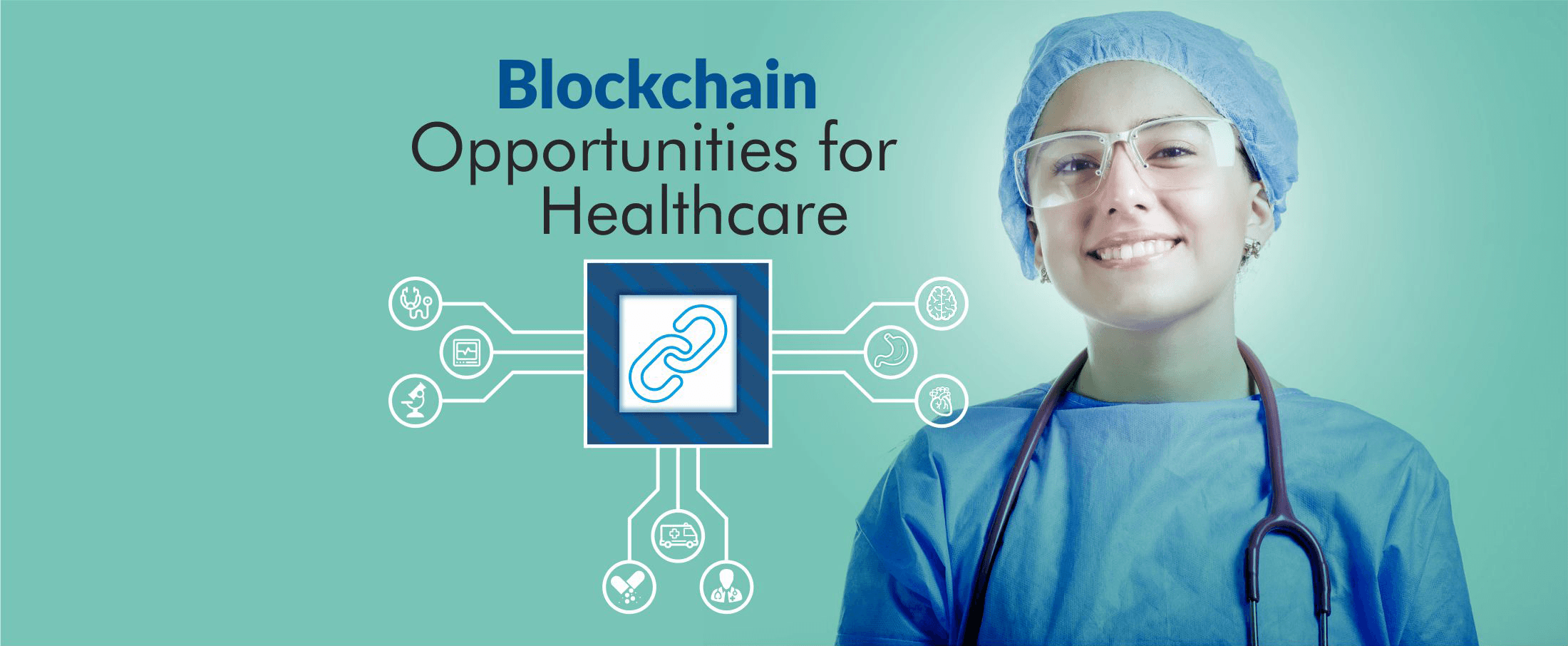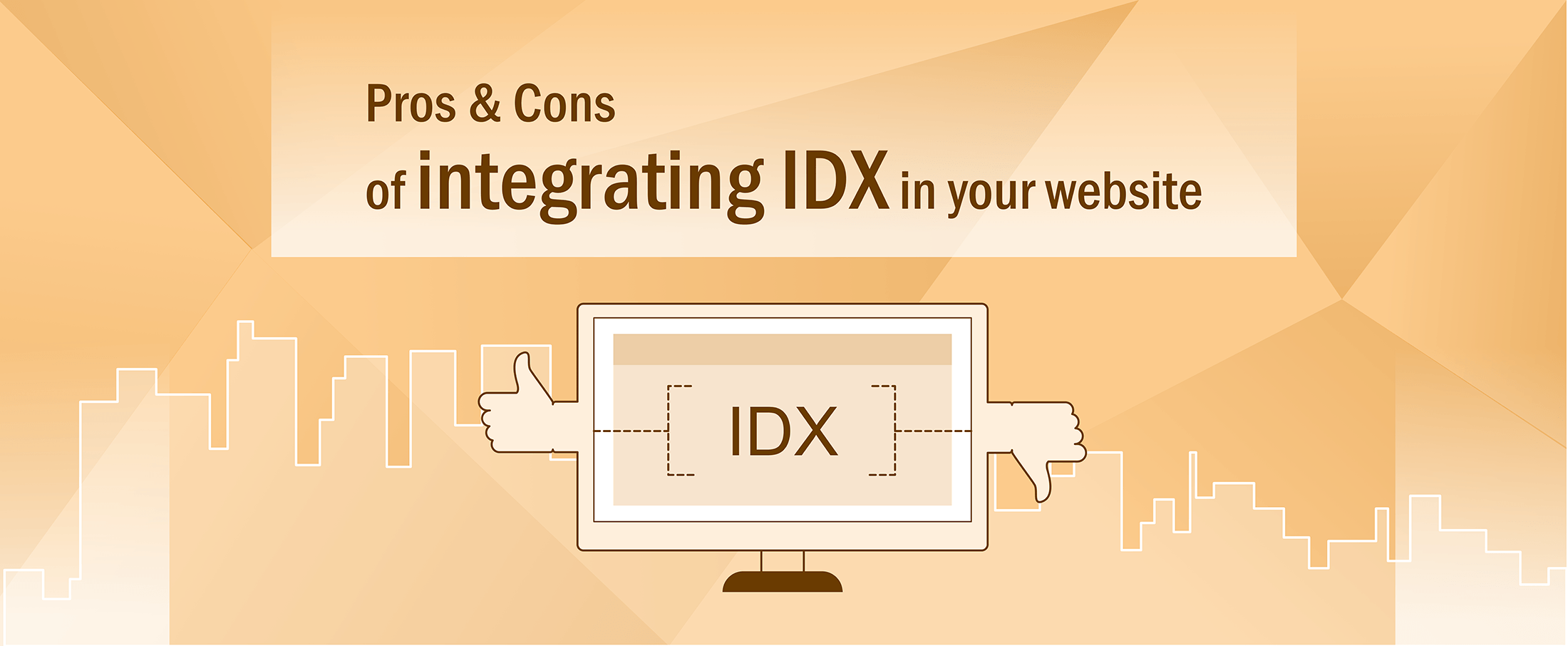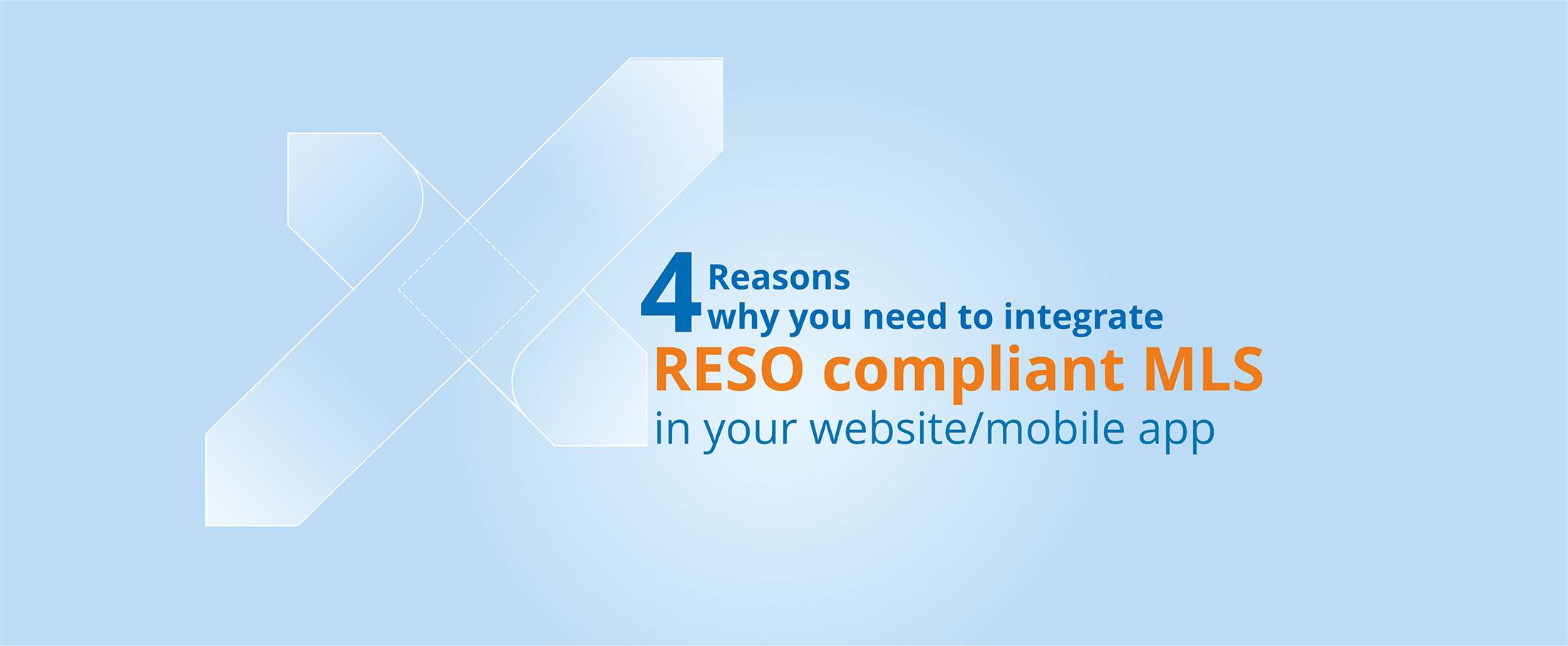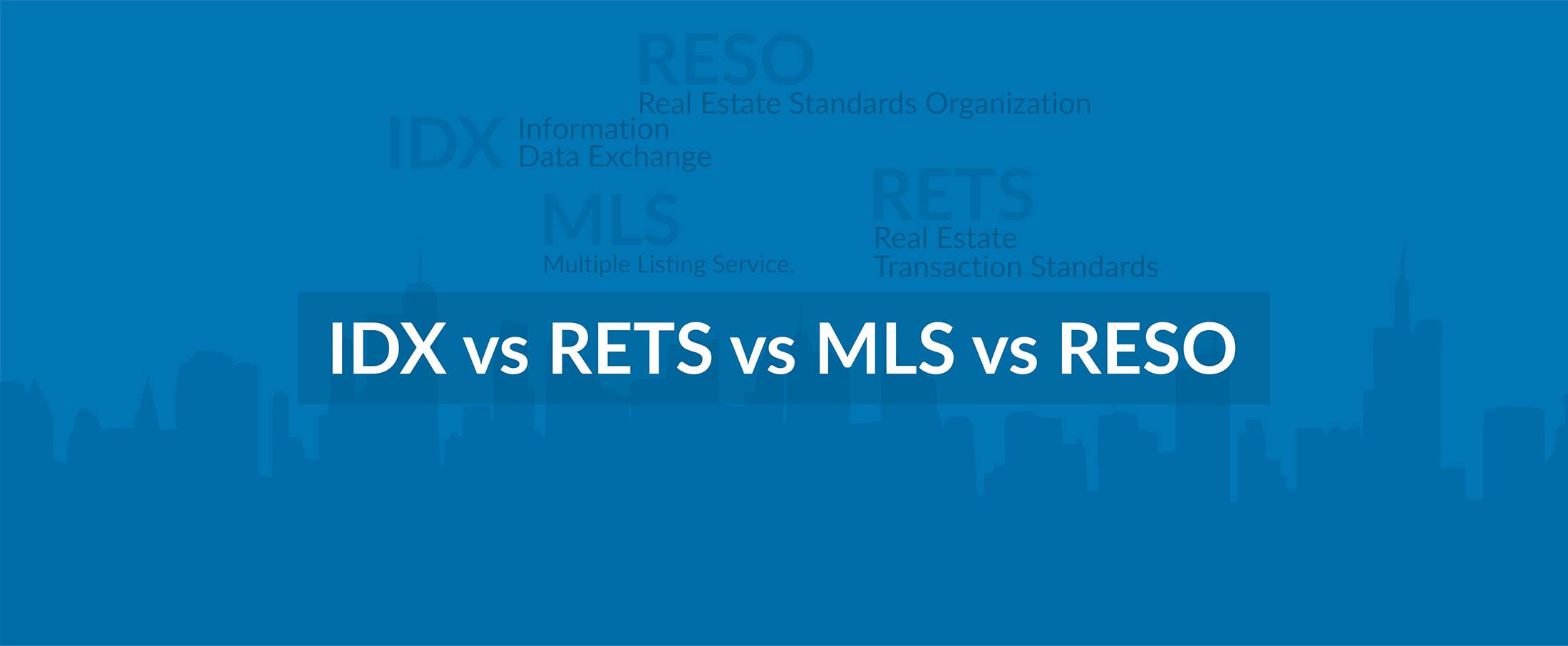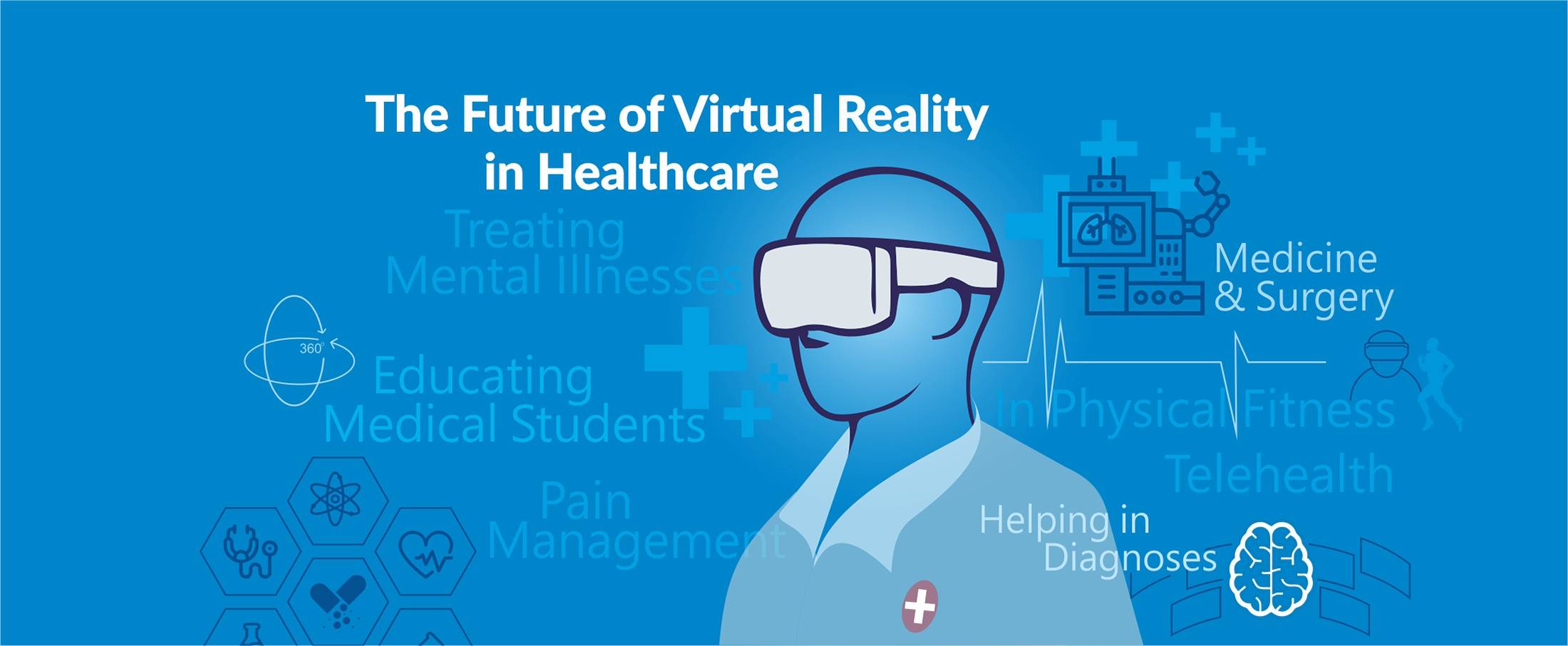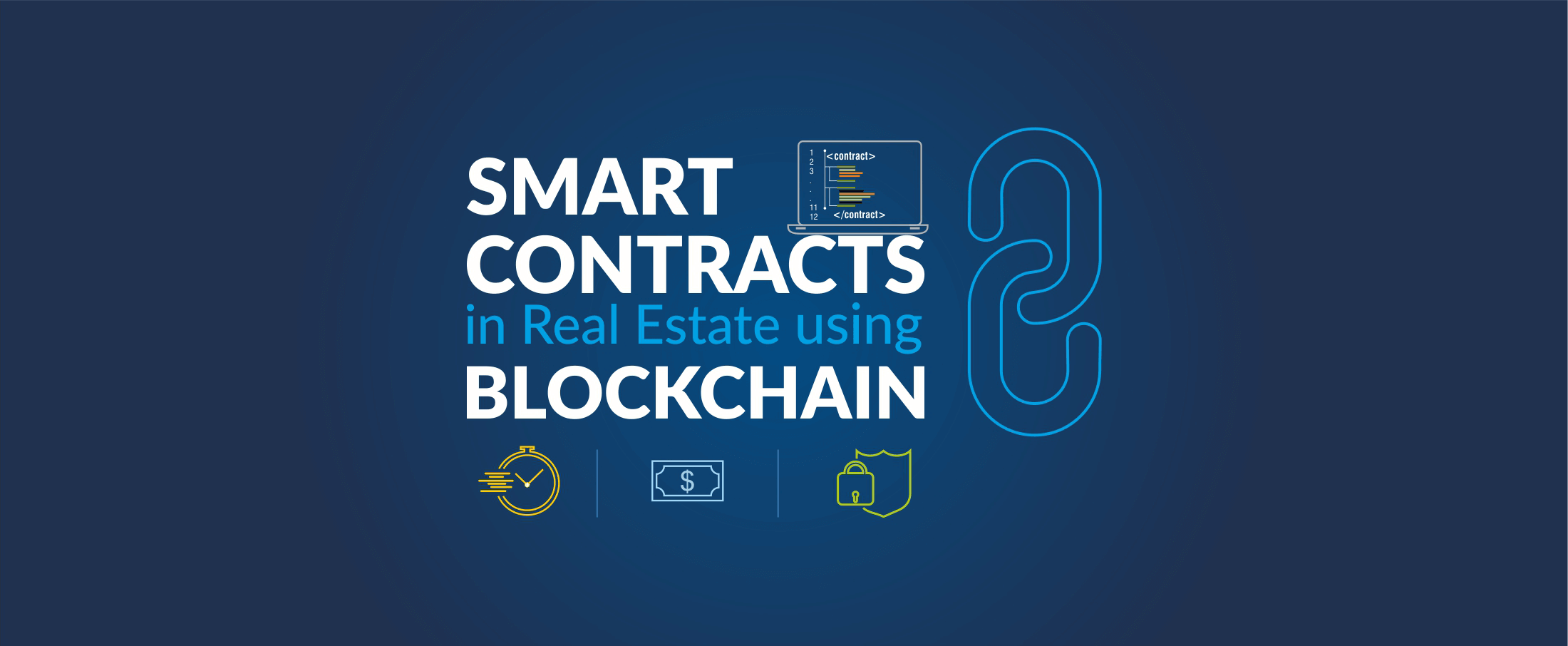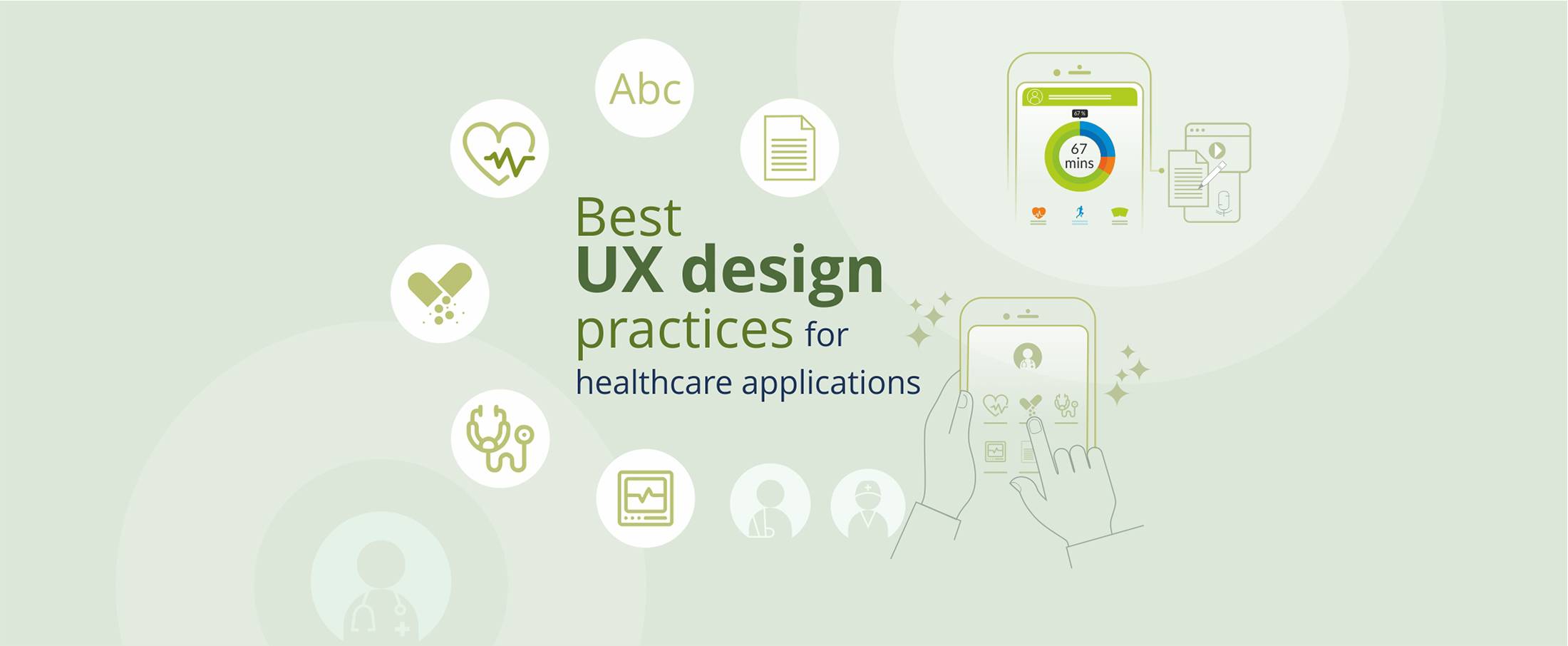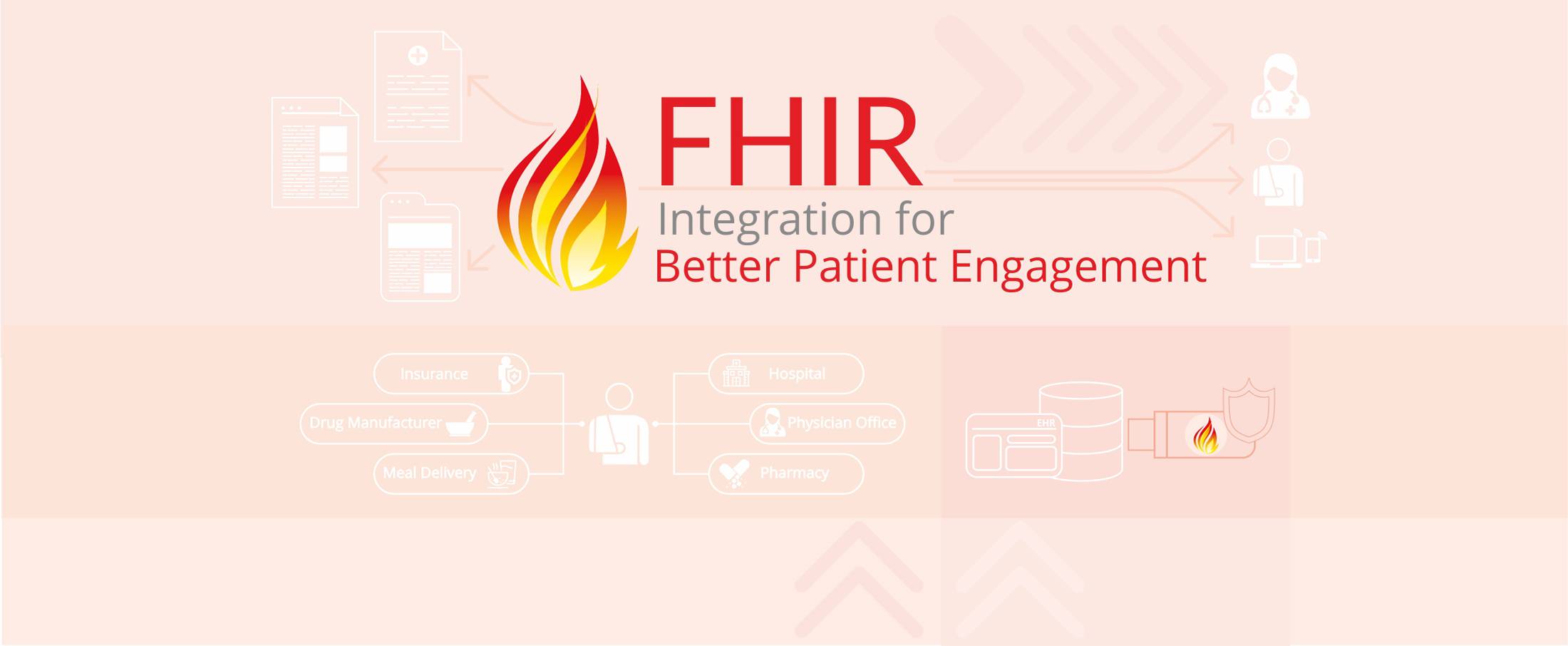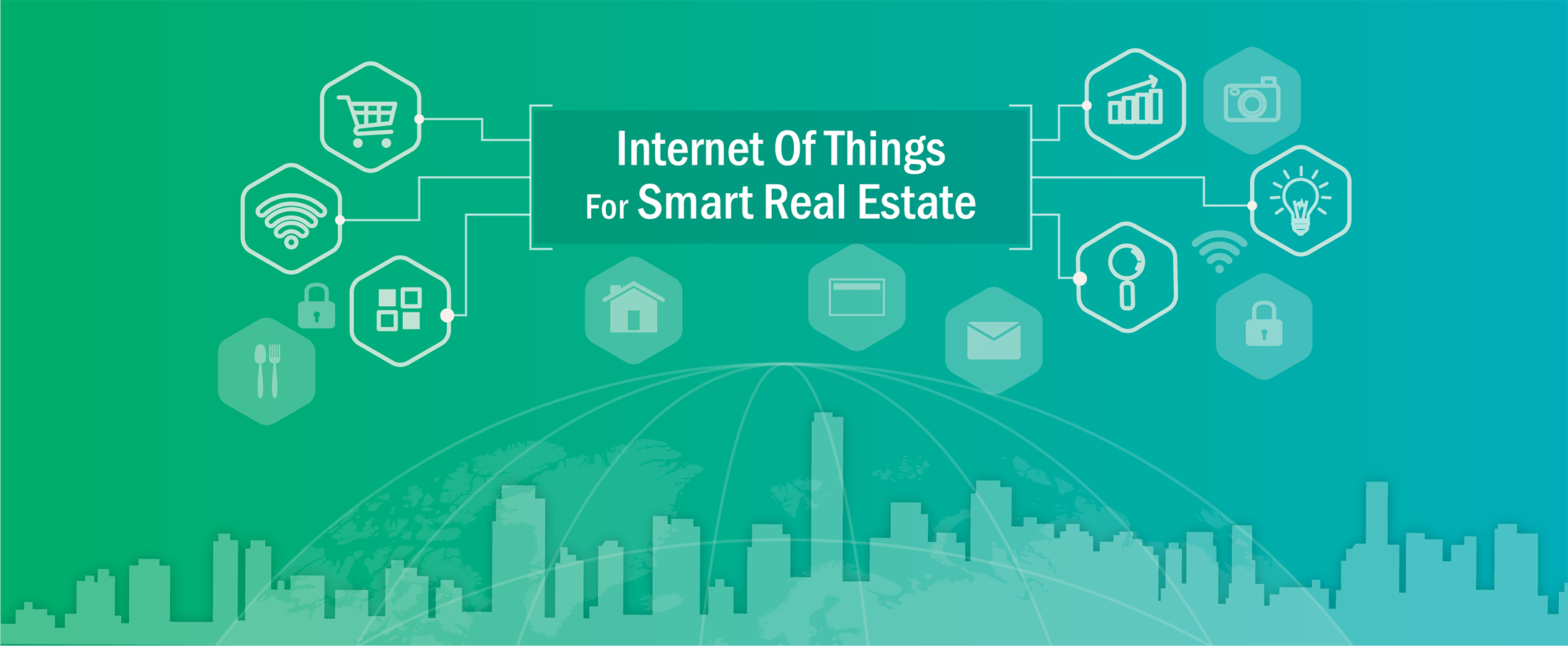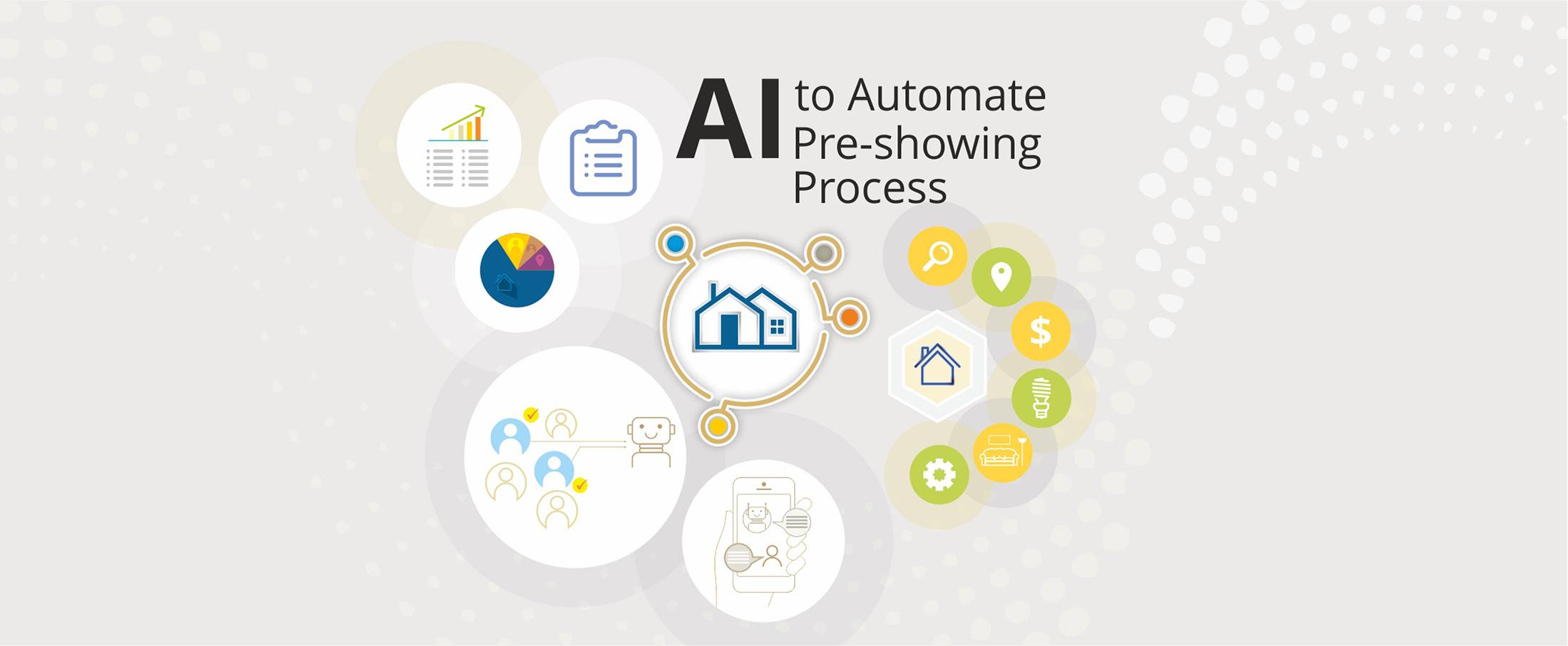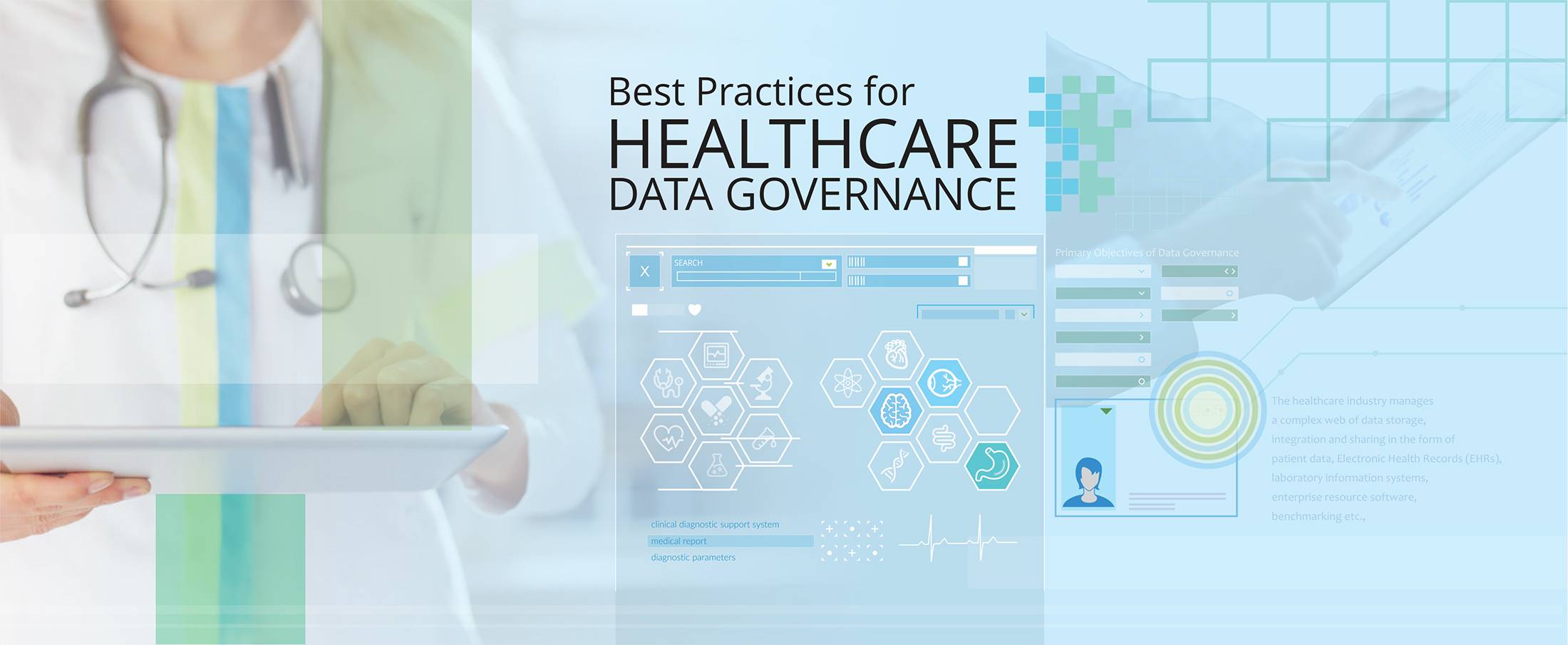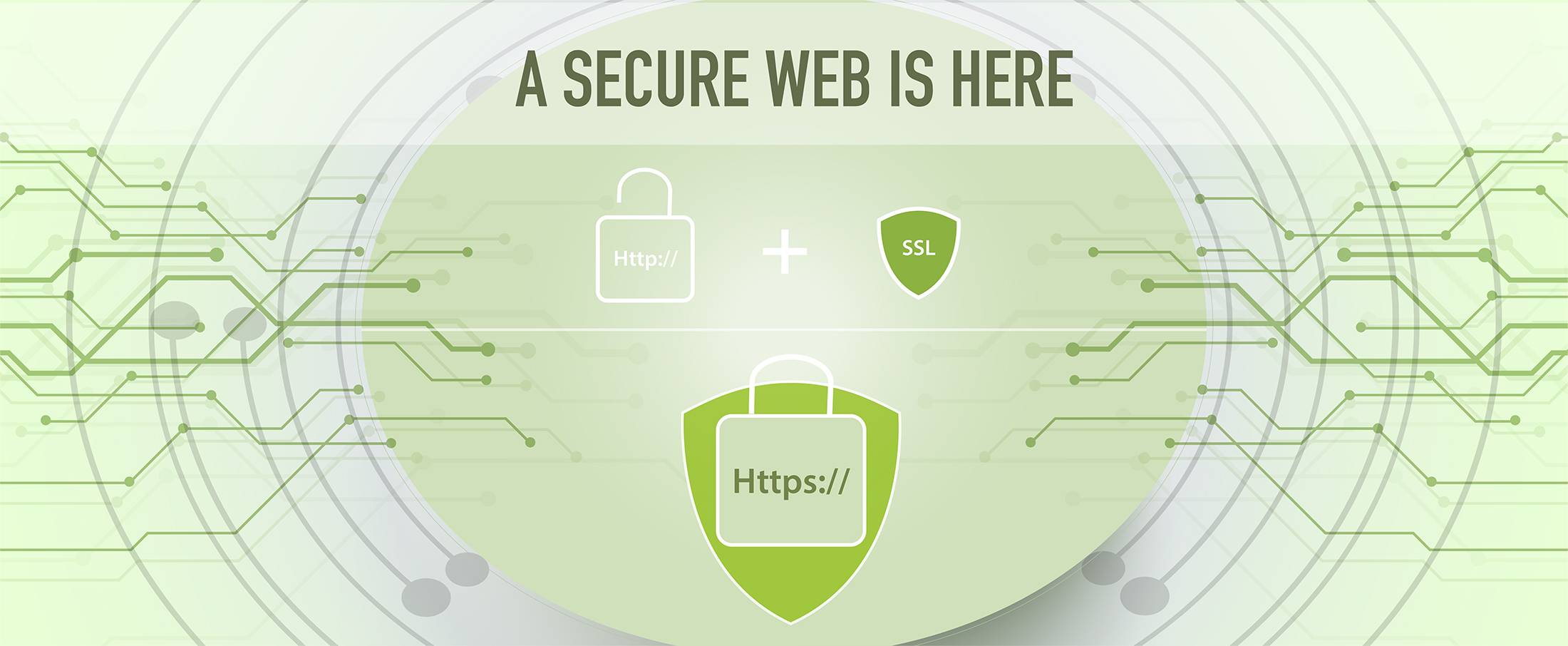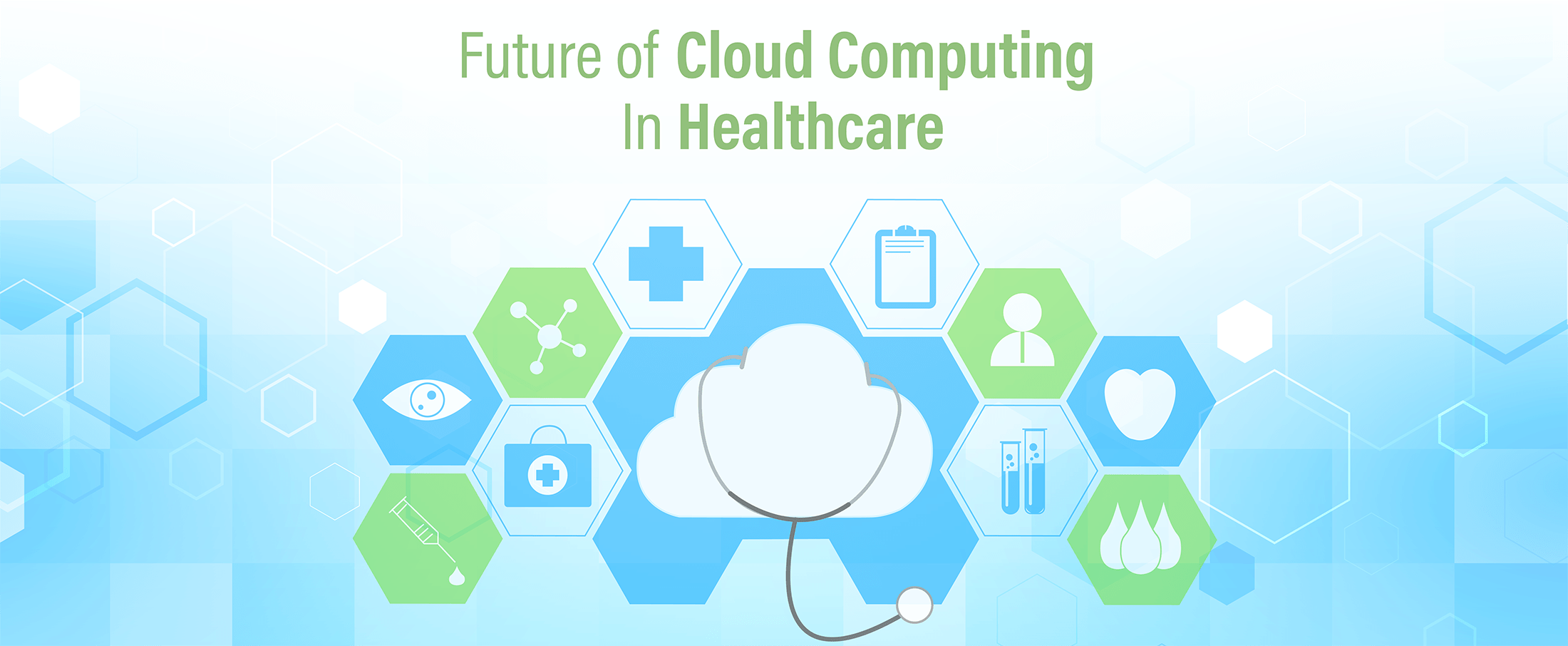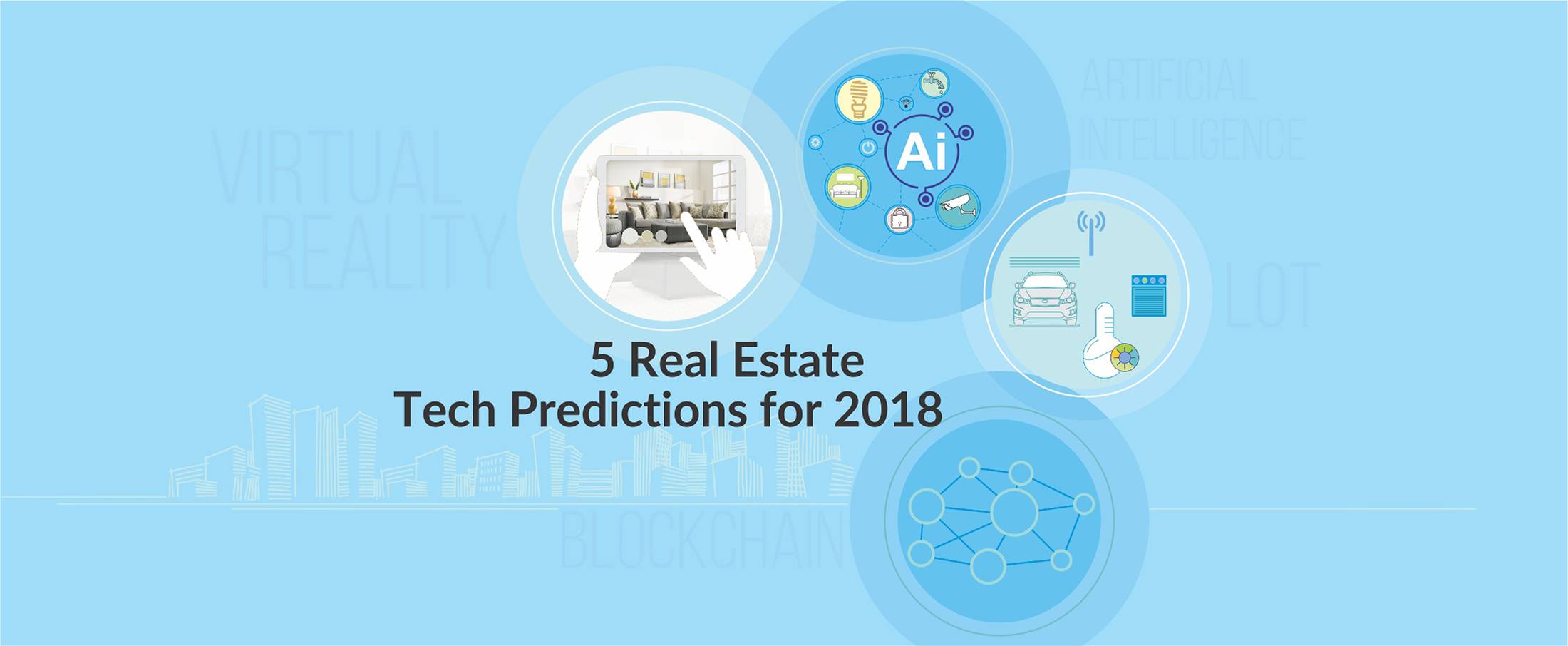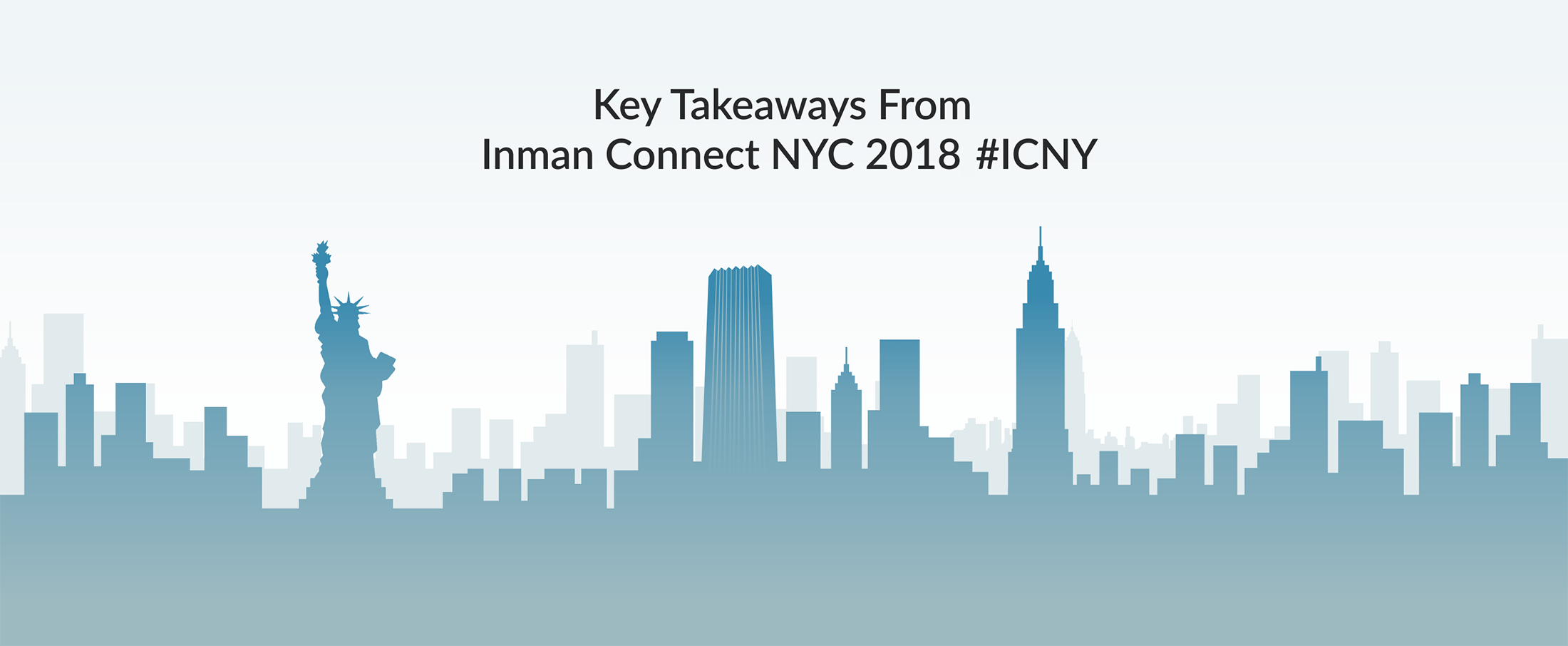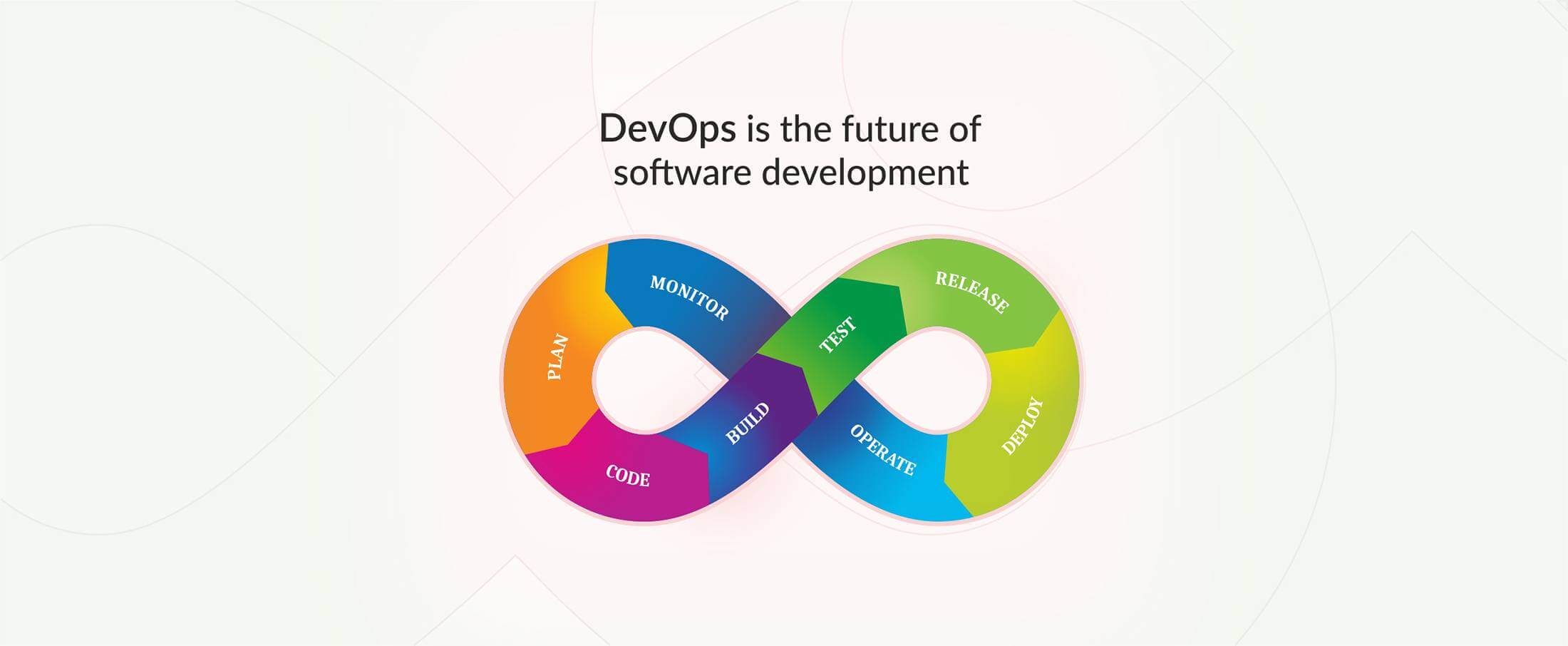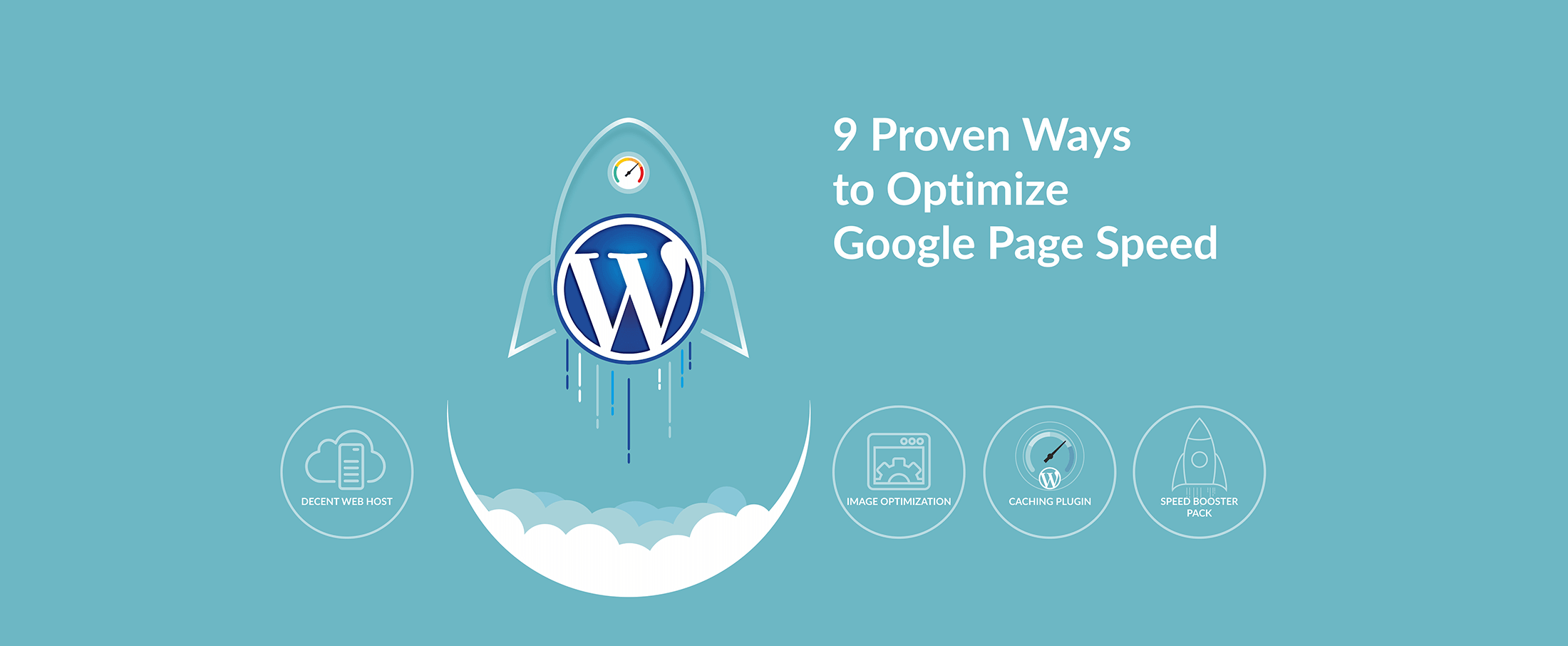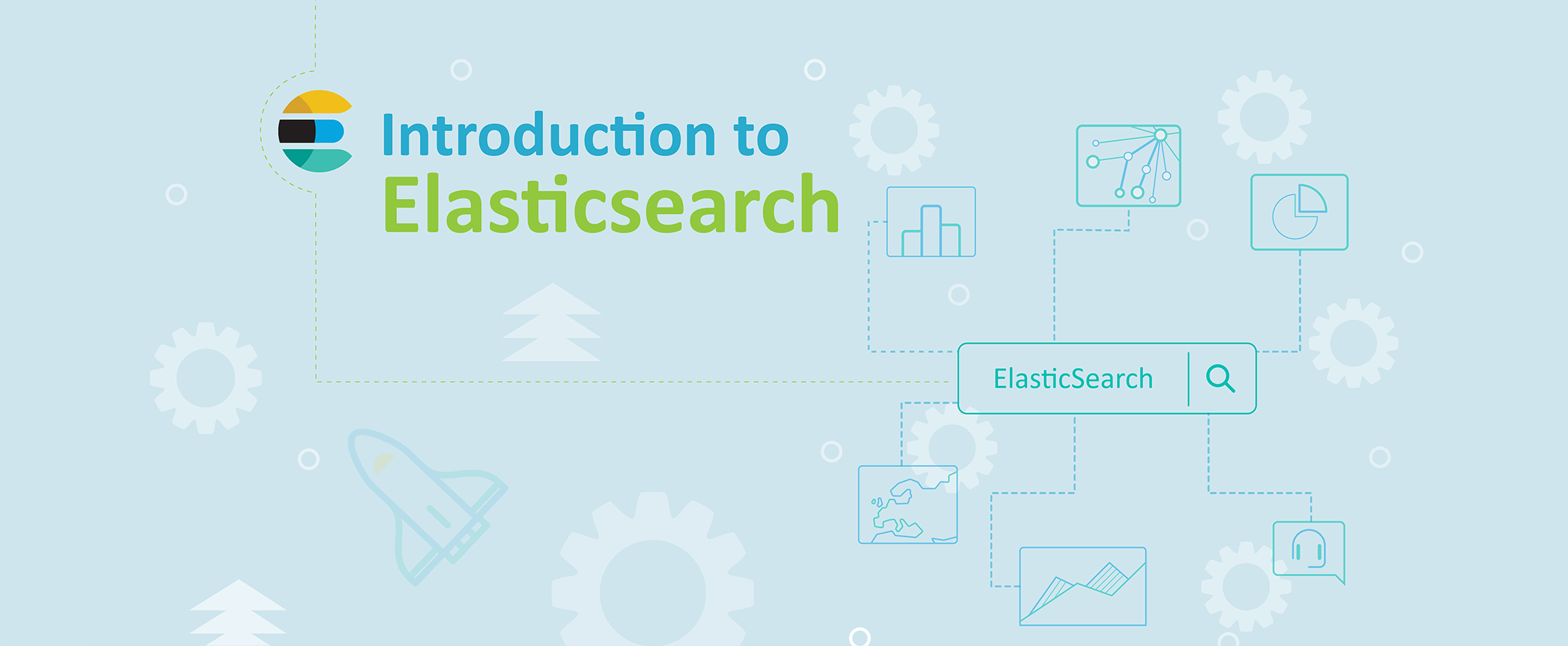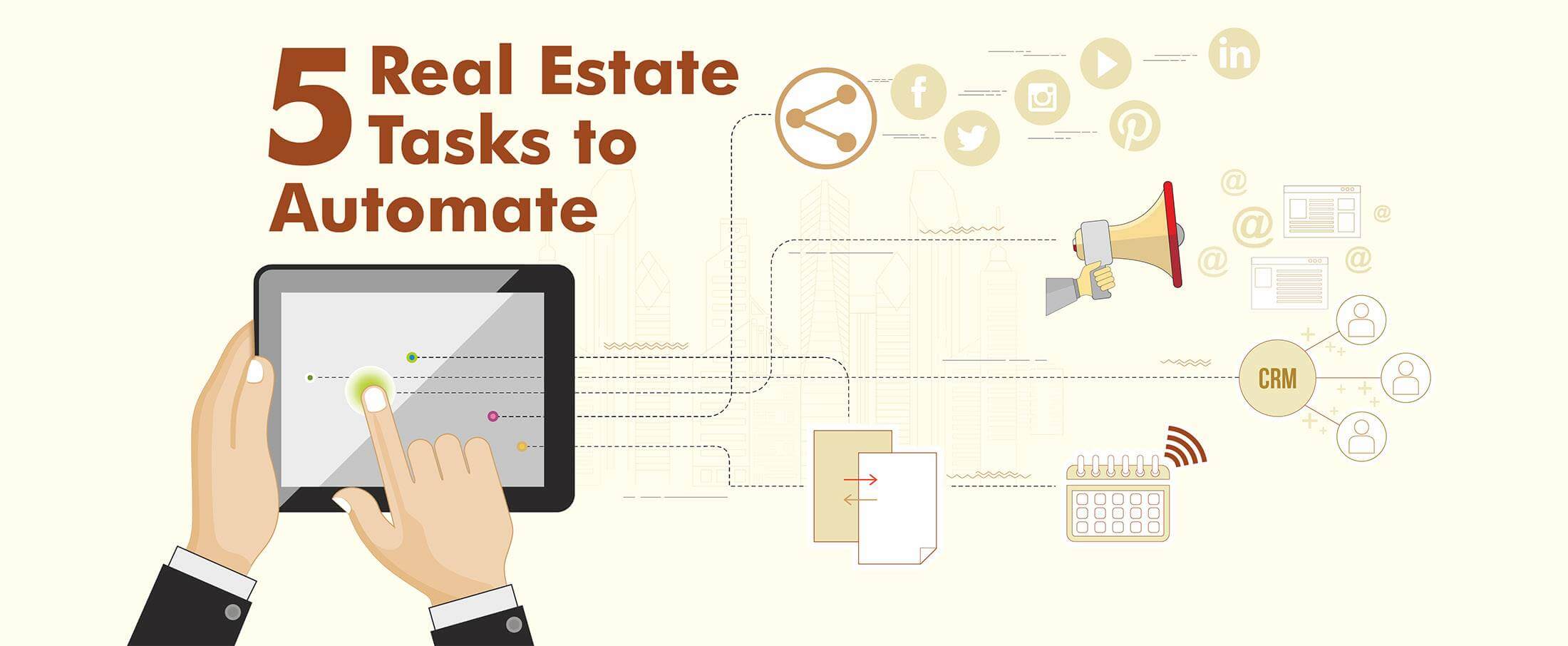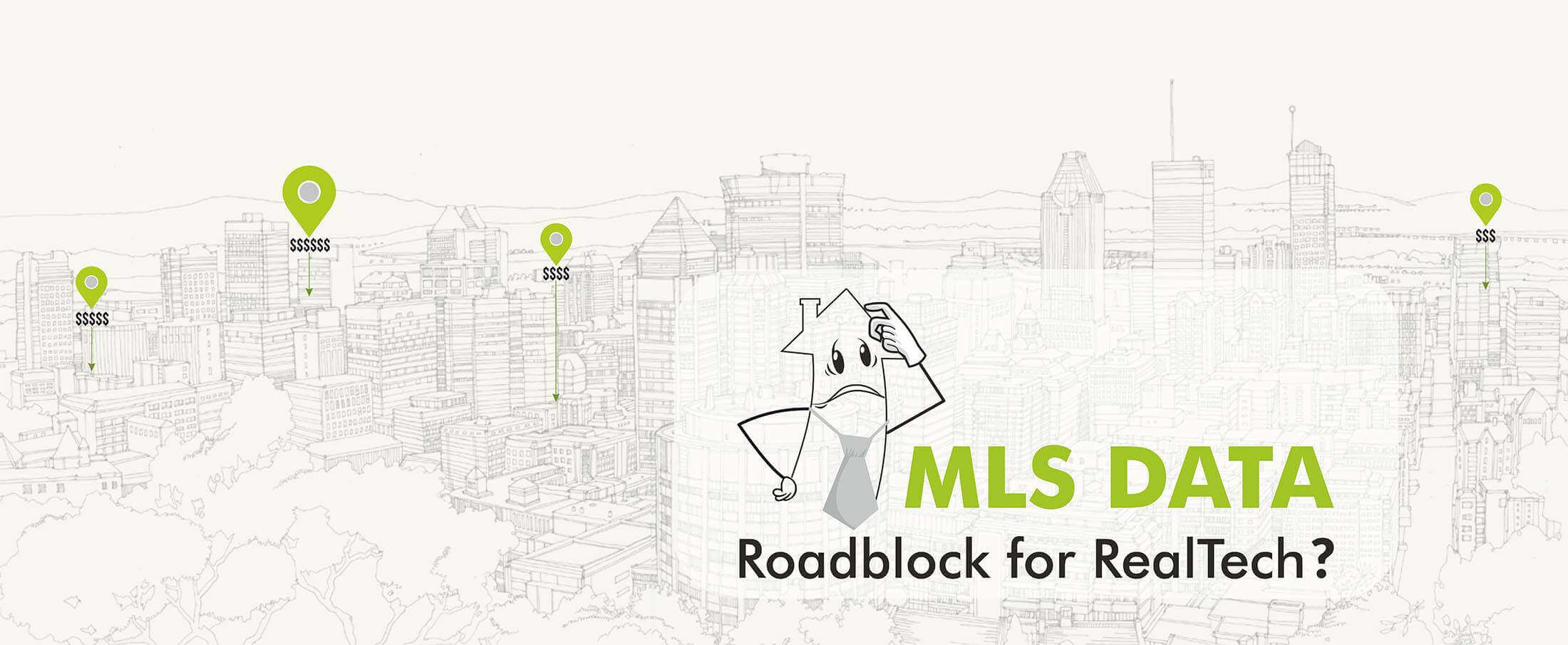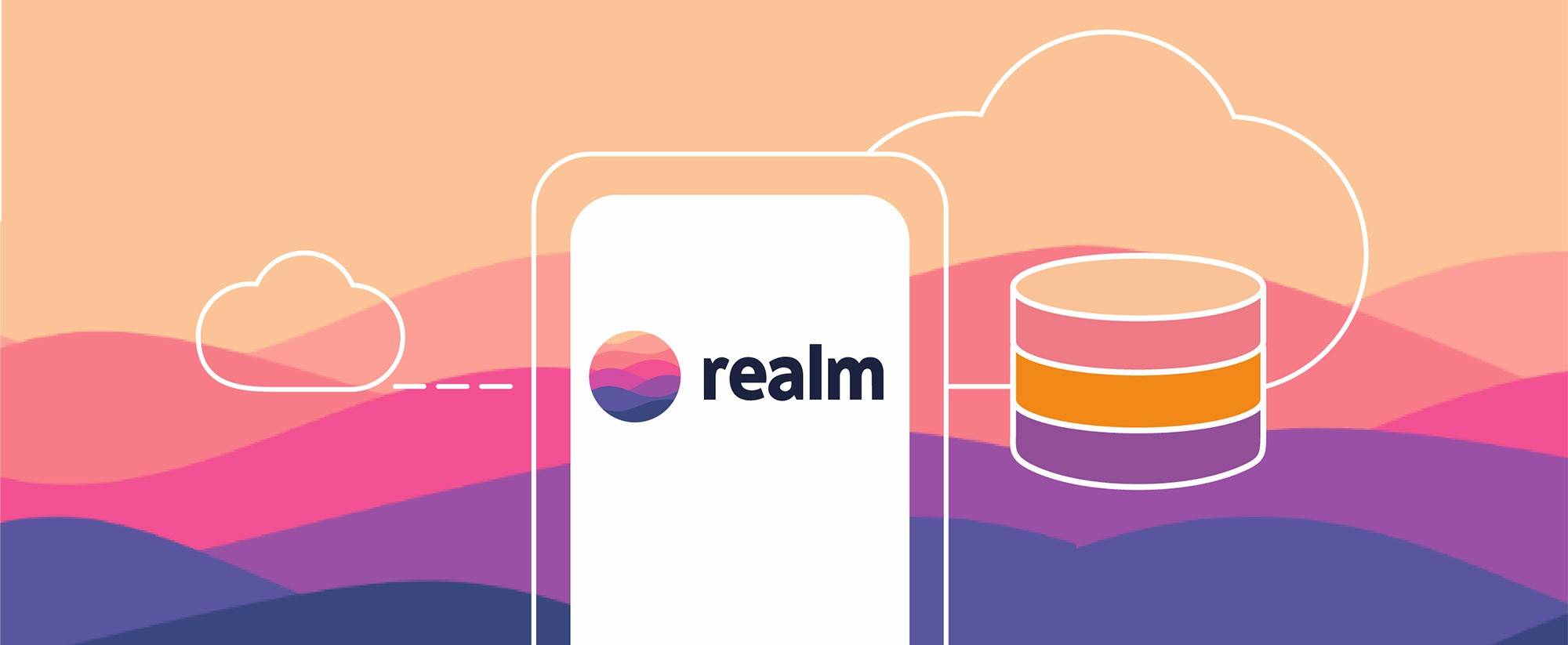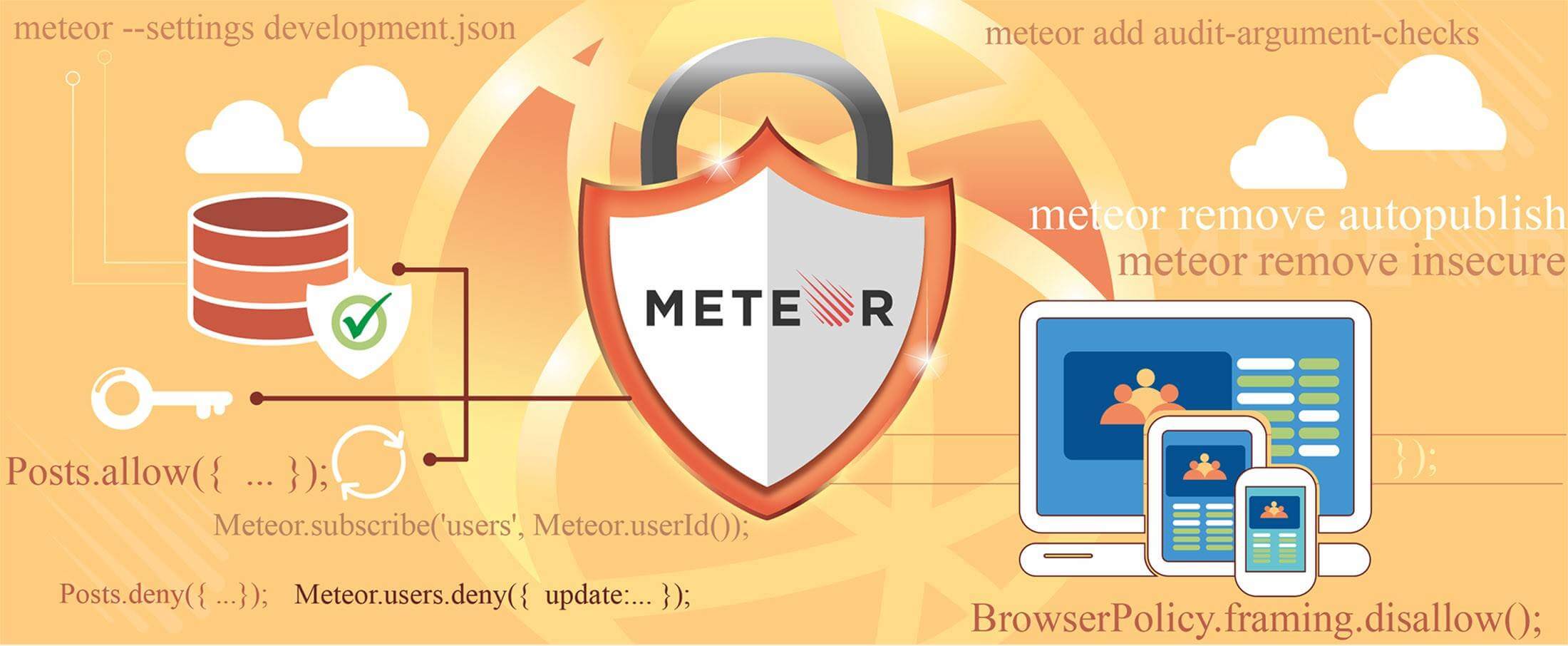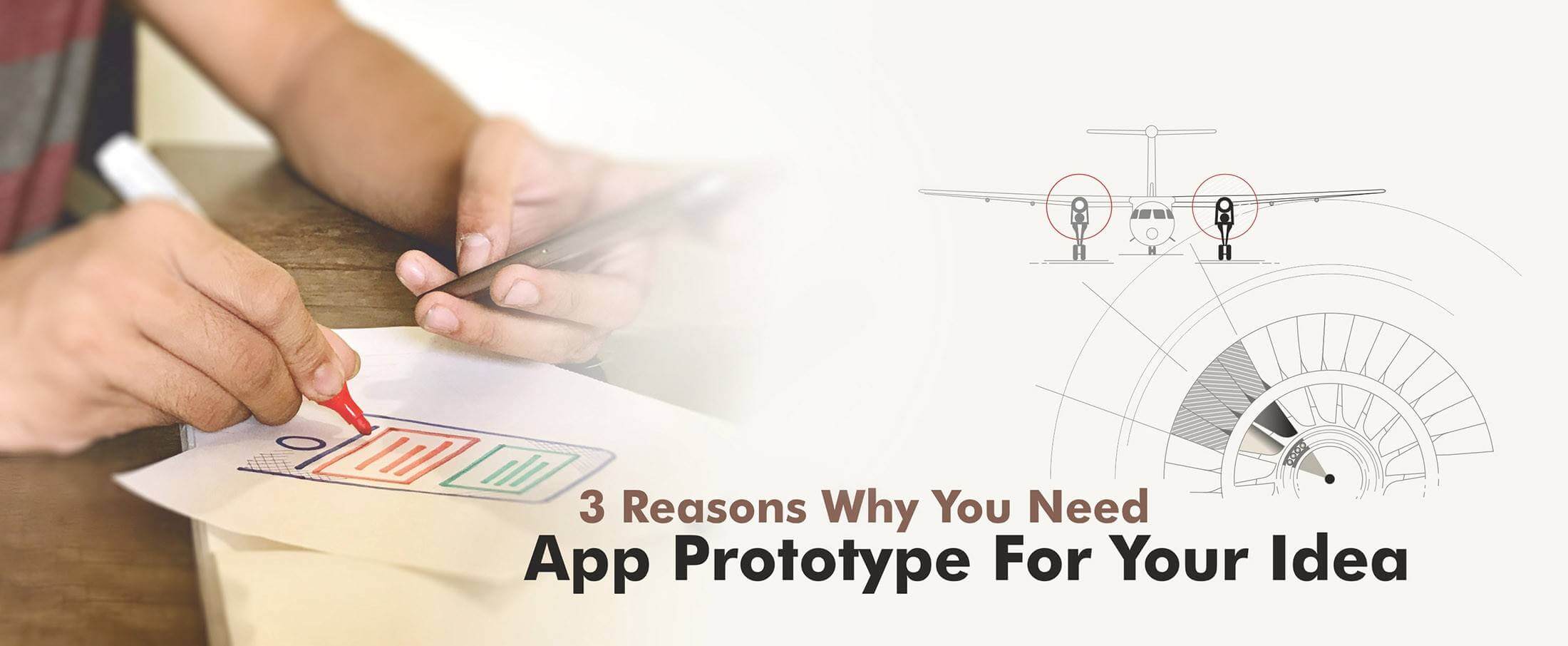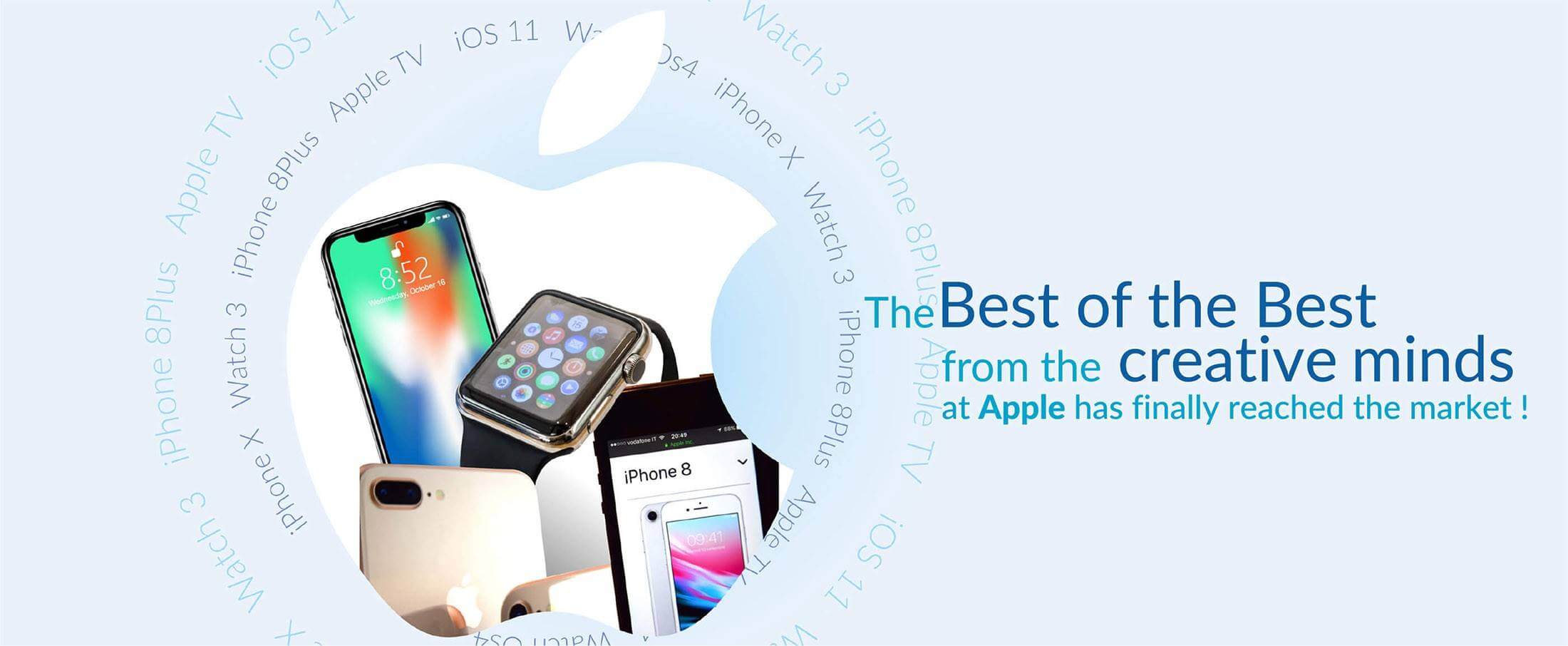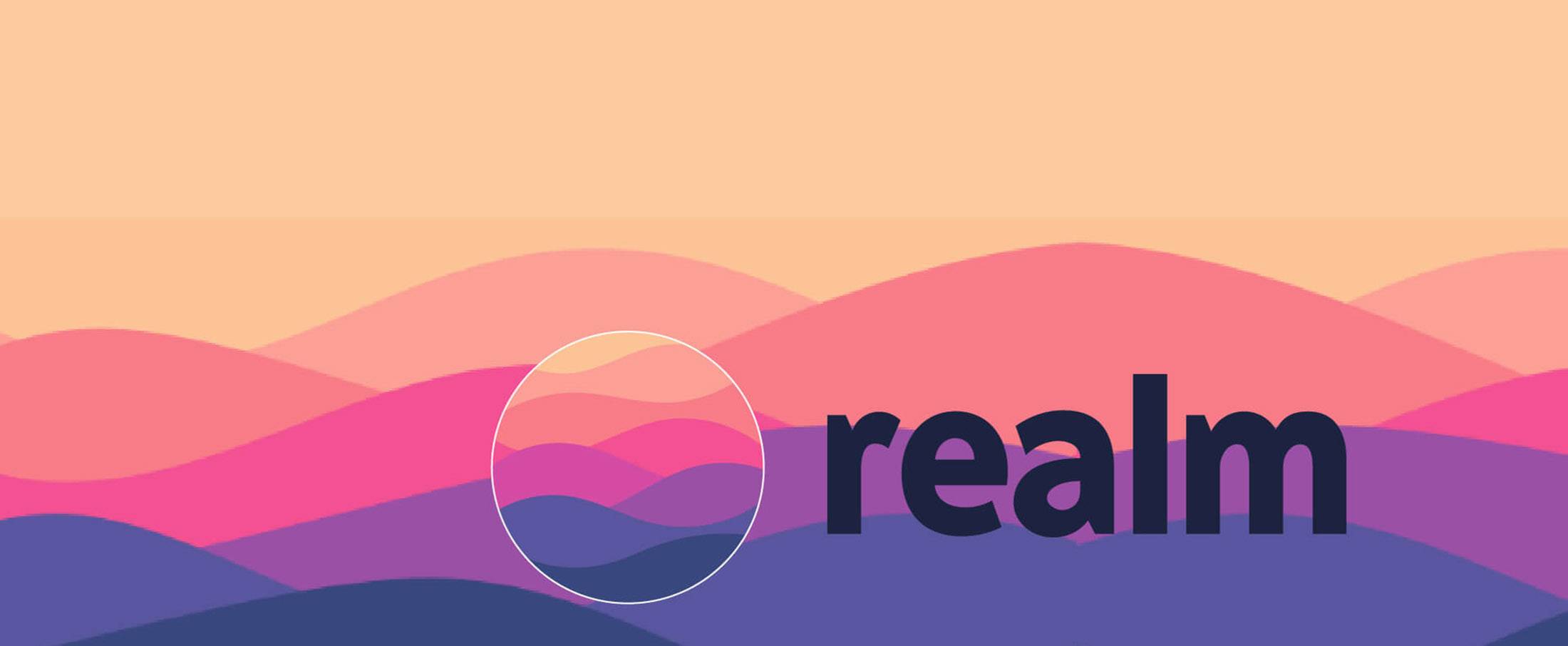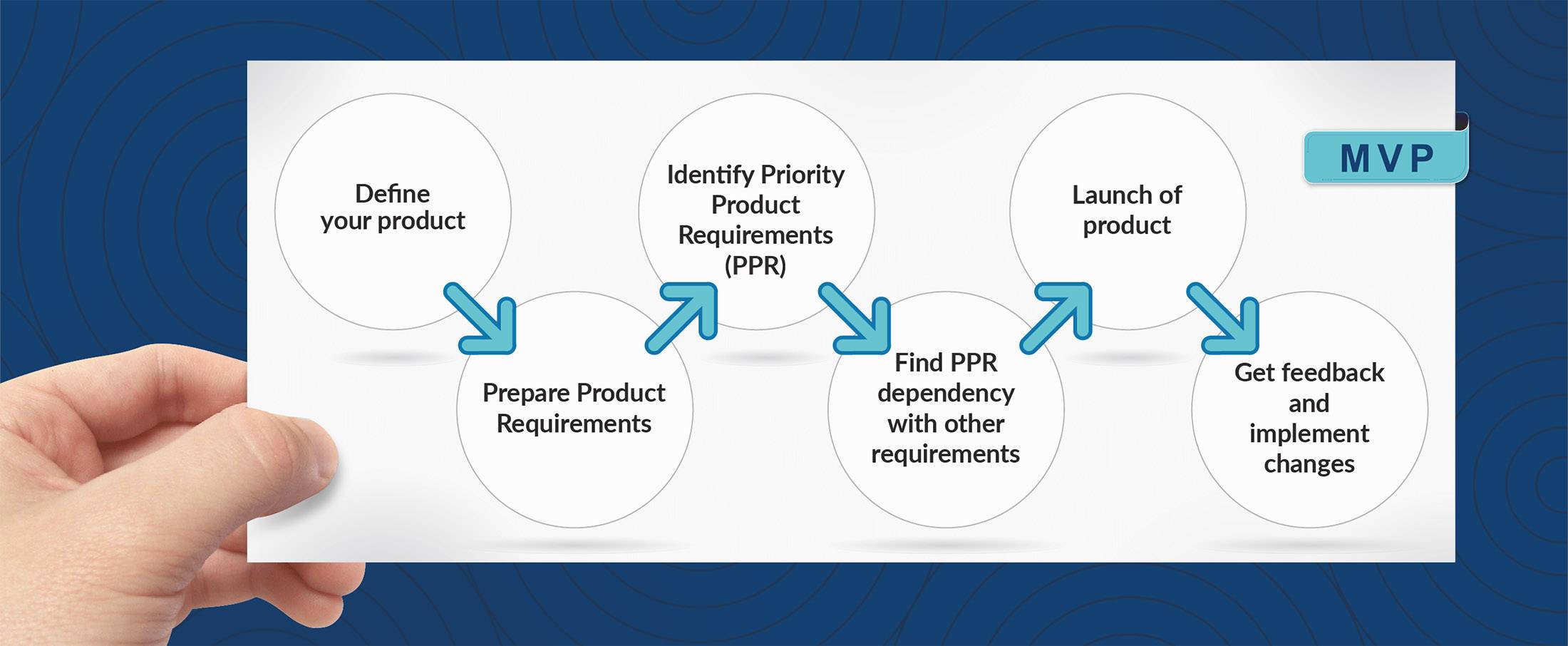How is AI Transforming Healthcare
How is AI Transforming Healthcare
The potential that Artificial Intelligence (AI) has is undoubtedly immense, and that is already visible in so many industries and areas of human life. The healthcare sector is probably going through one of the biggest shifts in history, with new inventions and innovative technology making it easier for organizations to provide better patient care as well as making optimal use of resources. AI has already entered the healthcare sector through the introduction of groundbreaking technology.
In this article, we are going to take a look at just how AI is transforming healthcare.
AI and Healthcare - An Innovative Alliance
According to an analysis by Accenture, clinical data AI applications can result in a saving of approximately $150 billion annually for the US healthcare industry by 2026 – if they are combined and used to their full potential. Let’s look at some applications of AI already present in healthcare.
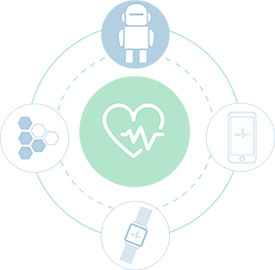
Data management and Data mining
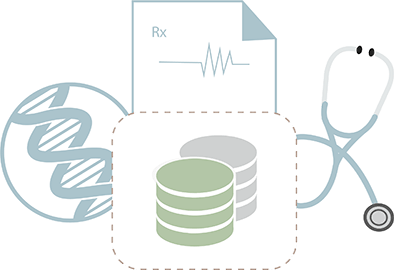
The healthcare industry manages data of millions of patients on a daily basis. Compiling, analyzing, and procuring this information on time and efficiently is a challenge because of the volume of data. AI makes use of robotics to collect, store, format, trace, and access this data. Google has recently launched Google Deepmind Health data mining software for accessing specific data from millions of records.
Chatbots
Chatbots are an AI application that can reduce the burden of office assistants by automating many daily tasks. For instance, taking appointments, setting reminders for future appointments, giving recommendations, filing prescriptions, etc. Chatbots can function up to 20% faster than a manual process, thus saving time and reducing error.
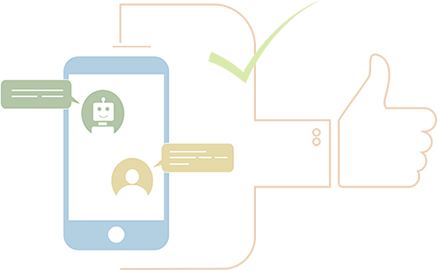
Automating repetitive tasks
Cardiology and radiology are two departments of medicine that require a lot of data analysis via reports, scans, X-rays, etc. Using robotics to automate such tasks can help these experts give more time to cases that actually require human intervention by saving time on daily repetitive and mundane tasks that a robot can perform faster and better.
Virtual caregivers
AI is being used to create a virtual caregiving software, particularly a virtual nurse, that can help family members or other caretakers monitor vitals and symptoms, setup medication reminders, set appointments for follow-ups with physicians, etc.
Sense.ly is a startup that invented Molly, a virtual nurse to help patients with chronic illnesses as well as their caregivers. It uses machine learning.
Monitoring health
mHealth and eHealth are all the rage today; we are no strangers to the fitness band and health vitals tracking apps that tell you how many steps you took, calories you burned and so on. These devices can track heart rate, blood pressure, sugar levels, etc. and even share them with your physician. You can even set health goals and receive reminders and suggestions from the app.
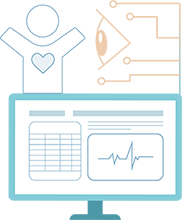
Creating treatment plans
AI software can do more than just store, analyze, sort and access specific data from millions of patient records. It can also be used to further create treatment plans or paths with the available data. Doctors can spend lesser time in designing more accurate modes of treatment for patients by having AI analyze past health records.
Tracking medication
AI is using mobile applications and smartphones to manage medications and ensure that patients, especially chronic patients, are taking their meds on time. The app makes use of the camera to confirm that the person has taken his/her medication. It is a good way to check on patients who cannot miss meds under any circumstances; it takes a load off caretakers as well.
Genetics and Diseases
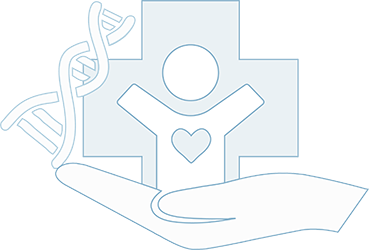
This is one of the biggest contributions of AI to healthcare for bettering quality of life by adjudging possible genetically-inherited diseases and taking preventive measures. The DNA of a person can be used to predict what diseases a person may suffer from genetically. AI-based body scans can use this information in the DNA to arrive at exact types of diseases, helping to prevent them or reduce their impact on a person in the future.
Parting Thoughts
Artificial Intelligence is greatly transforming the healthcare industry, one sector at a time. It is showing definite signs of enabling better patient care, more focus of physicians on critical cases, as well as resource-saving for organizations. It looks like a win-win situation altogether.
- AI
- Chat Bots
- Data Management
- Data Mining
- EHR
- EMR
- Healthcare
Mobifilia
25 May 2018
